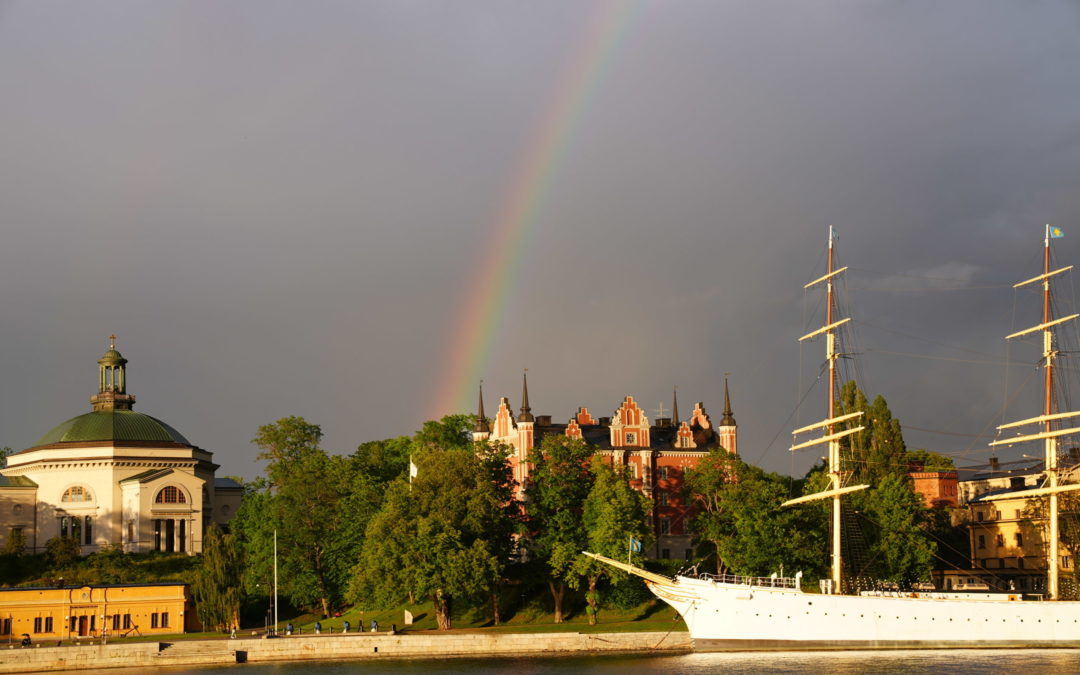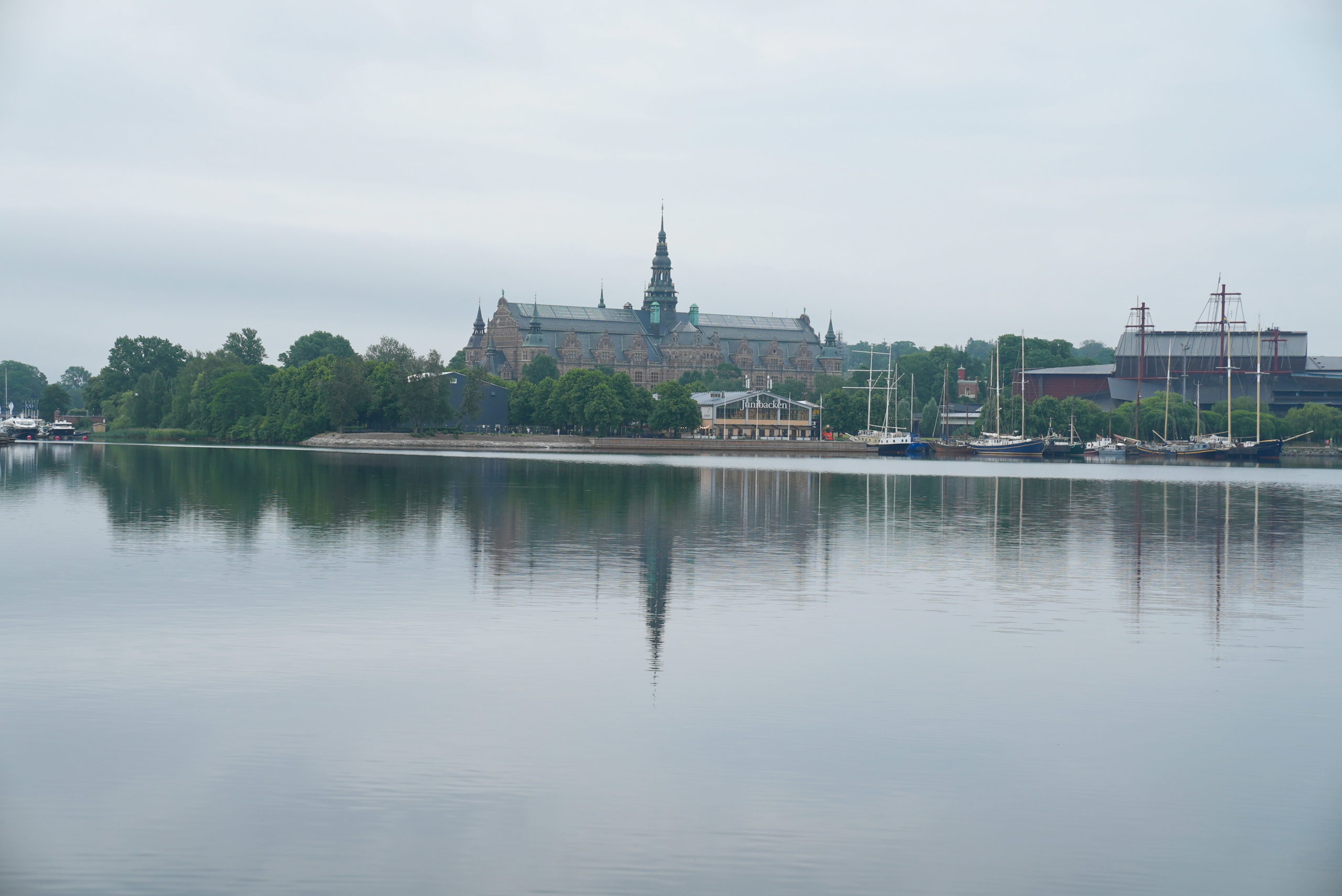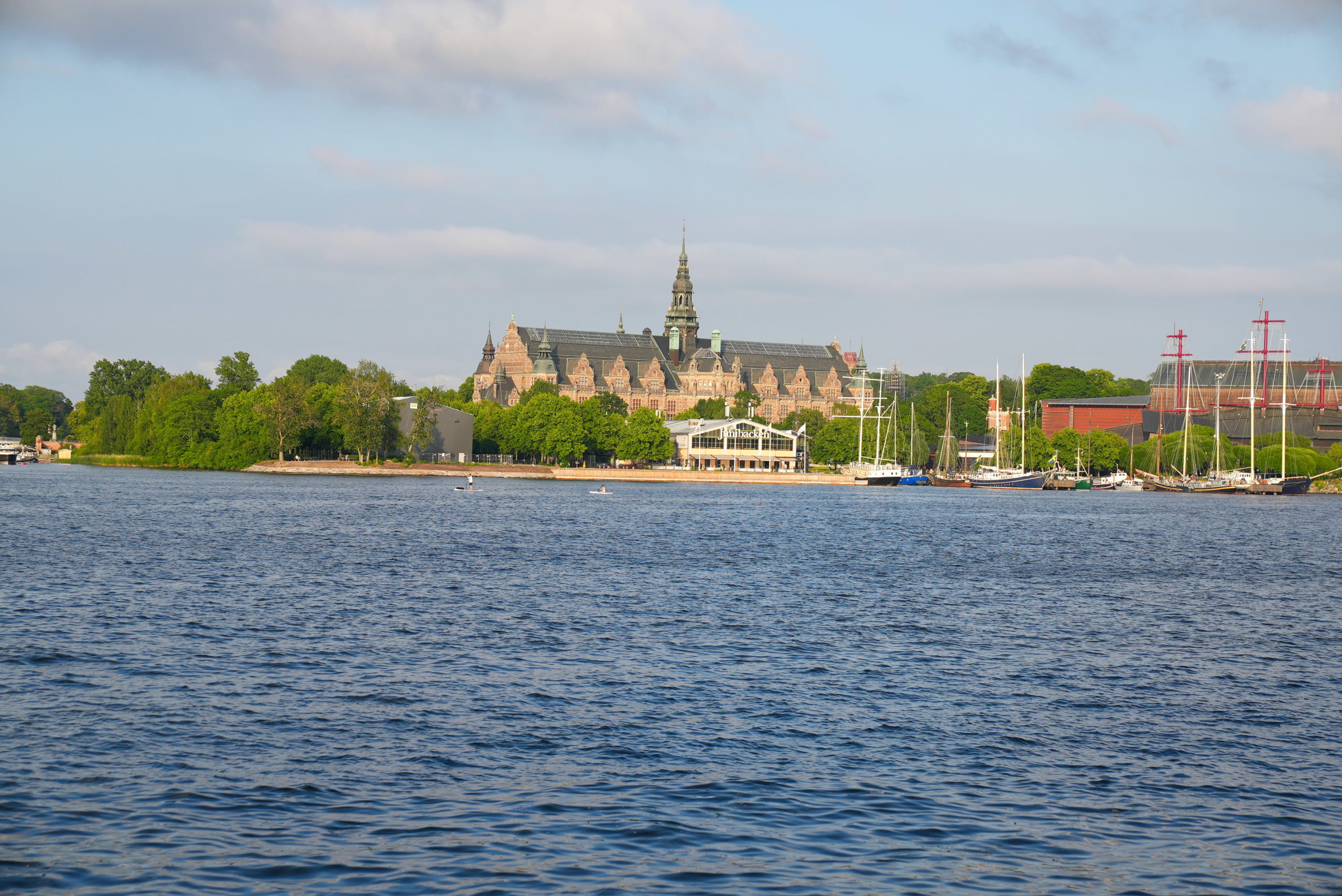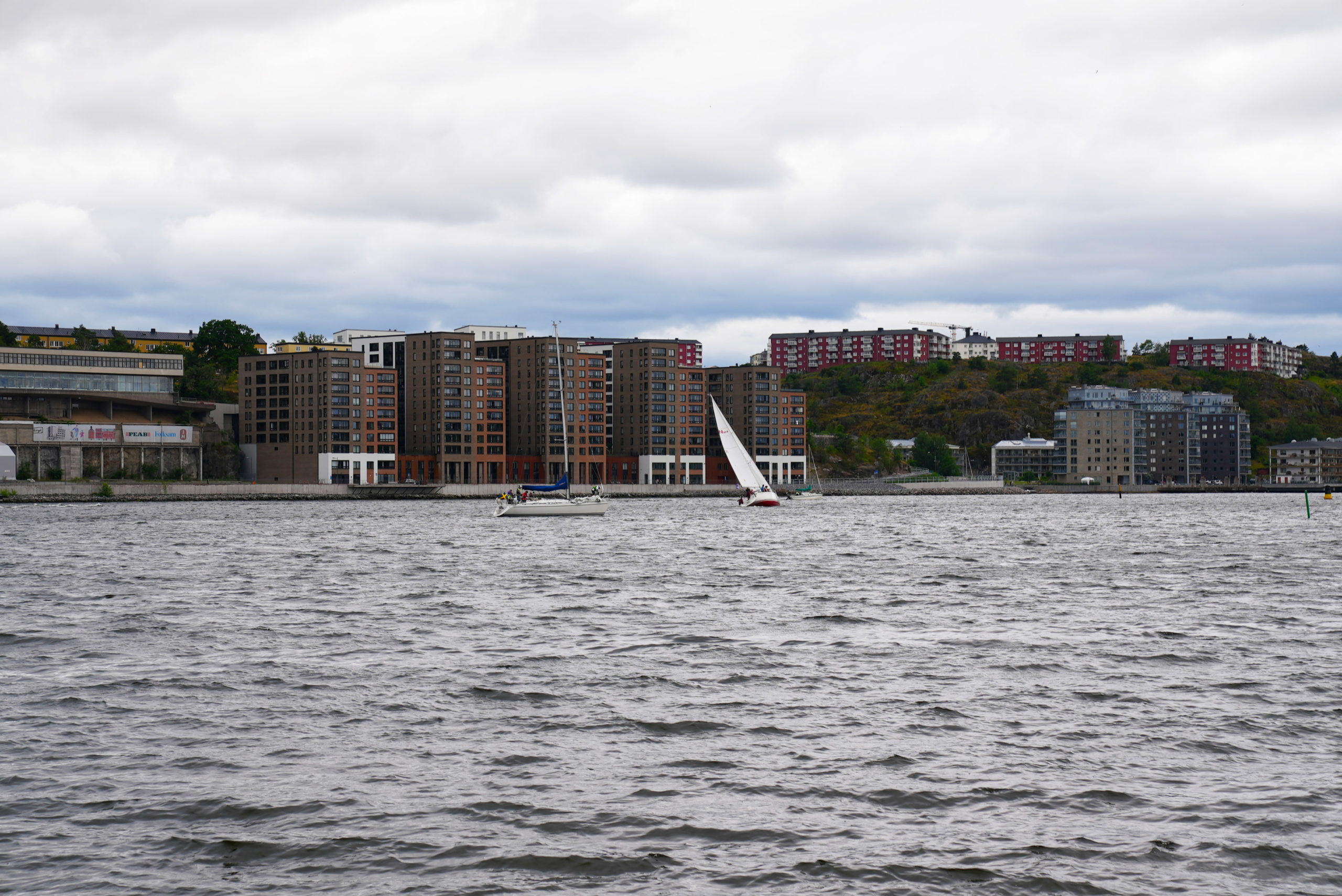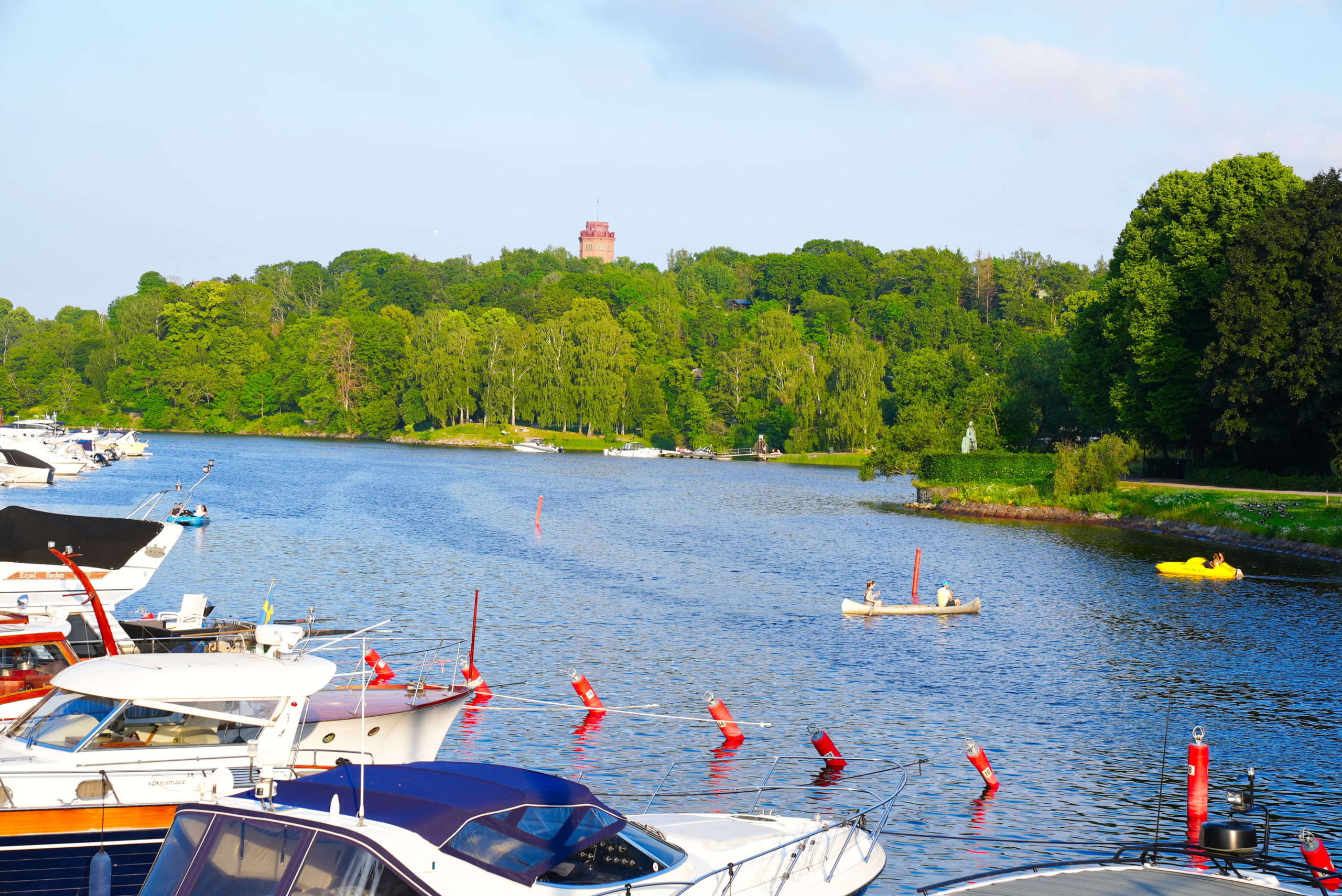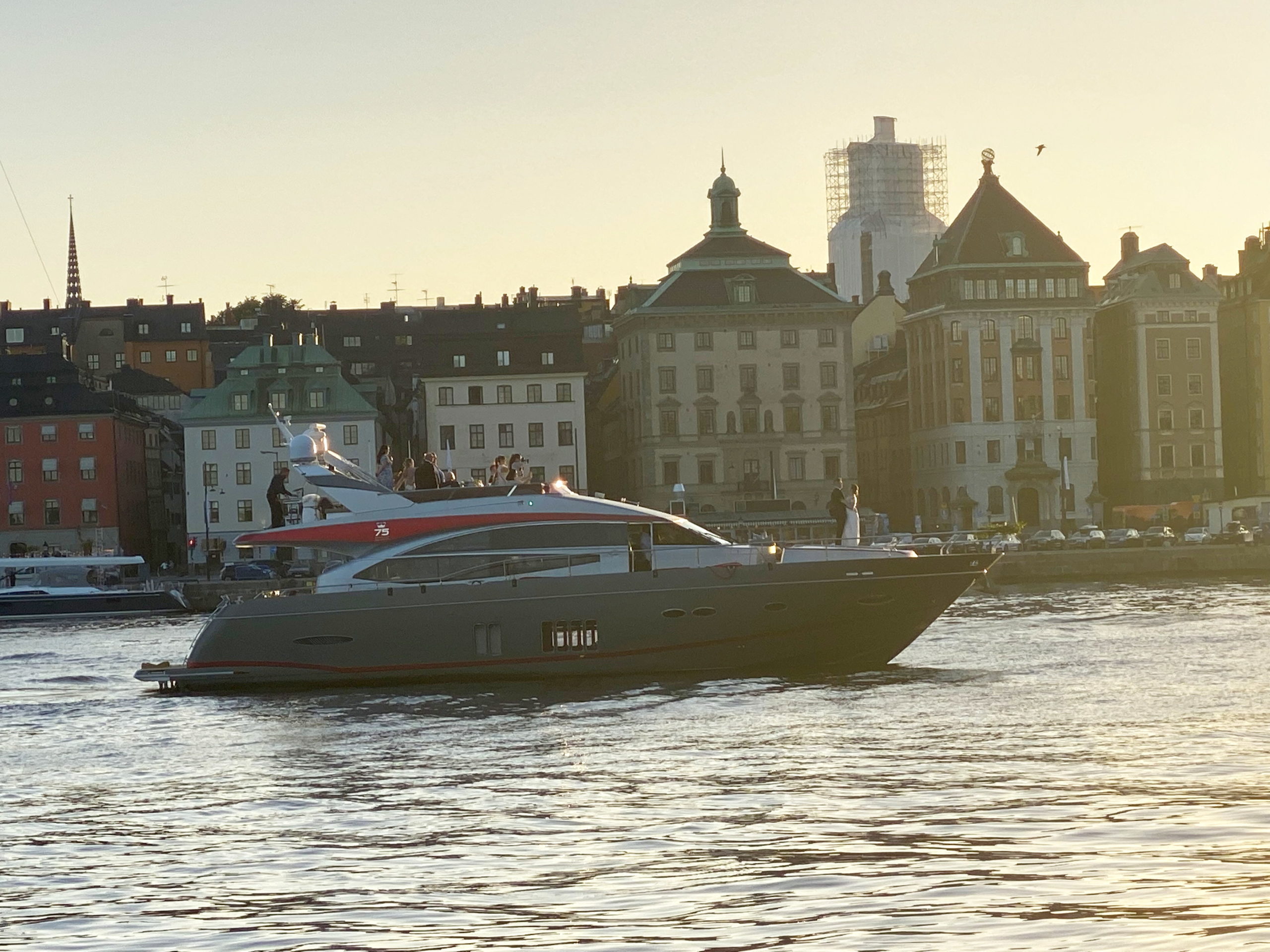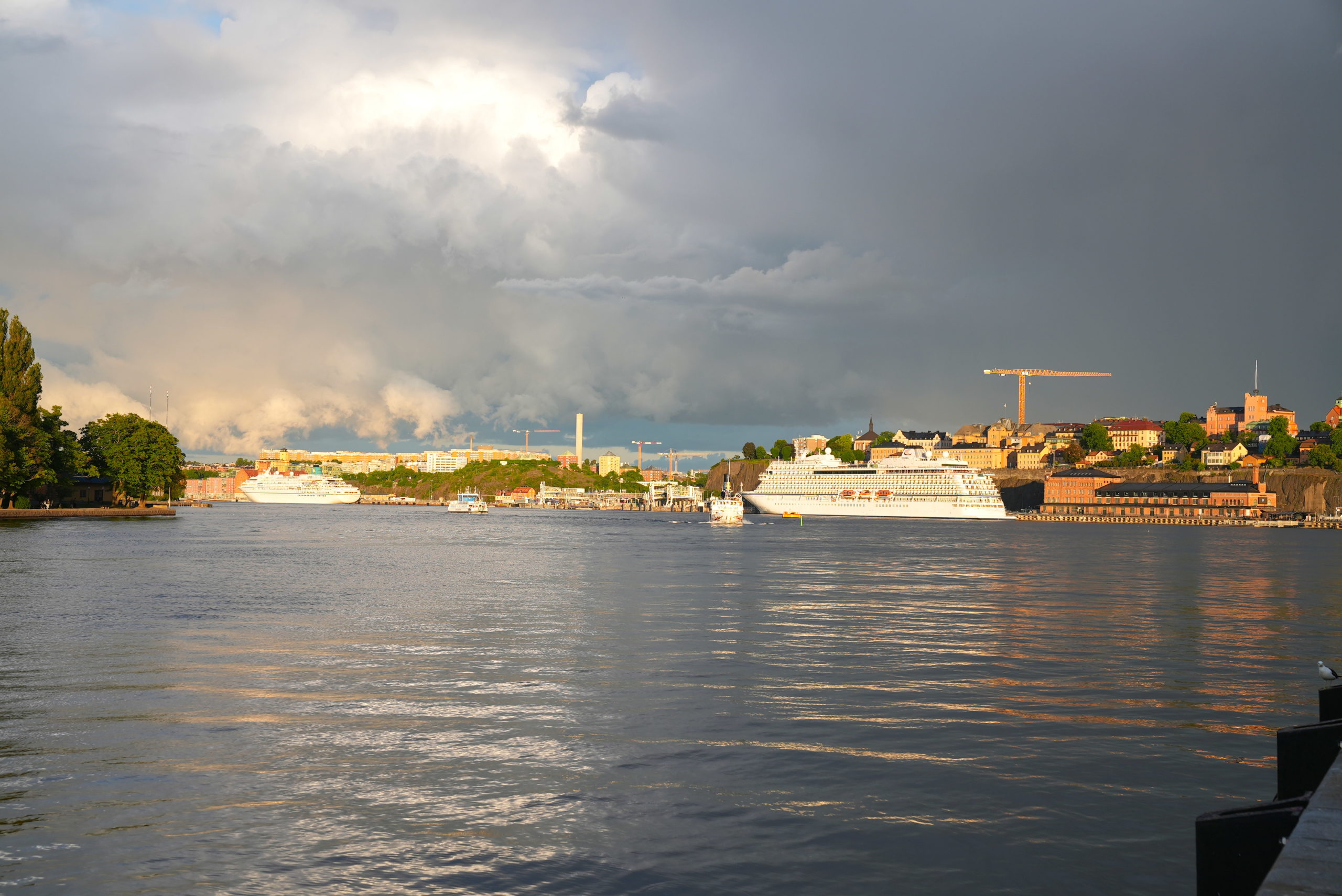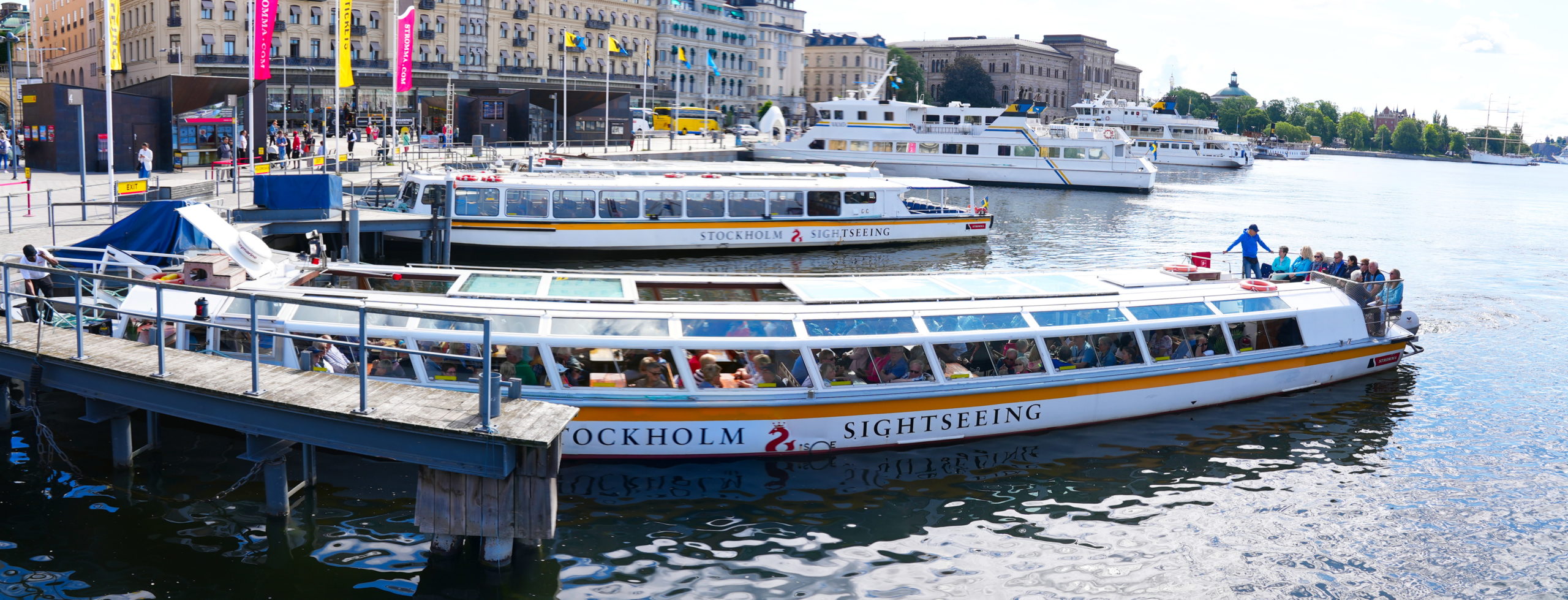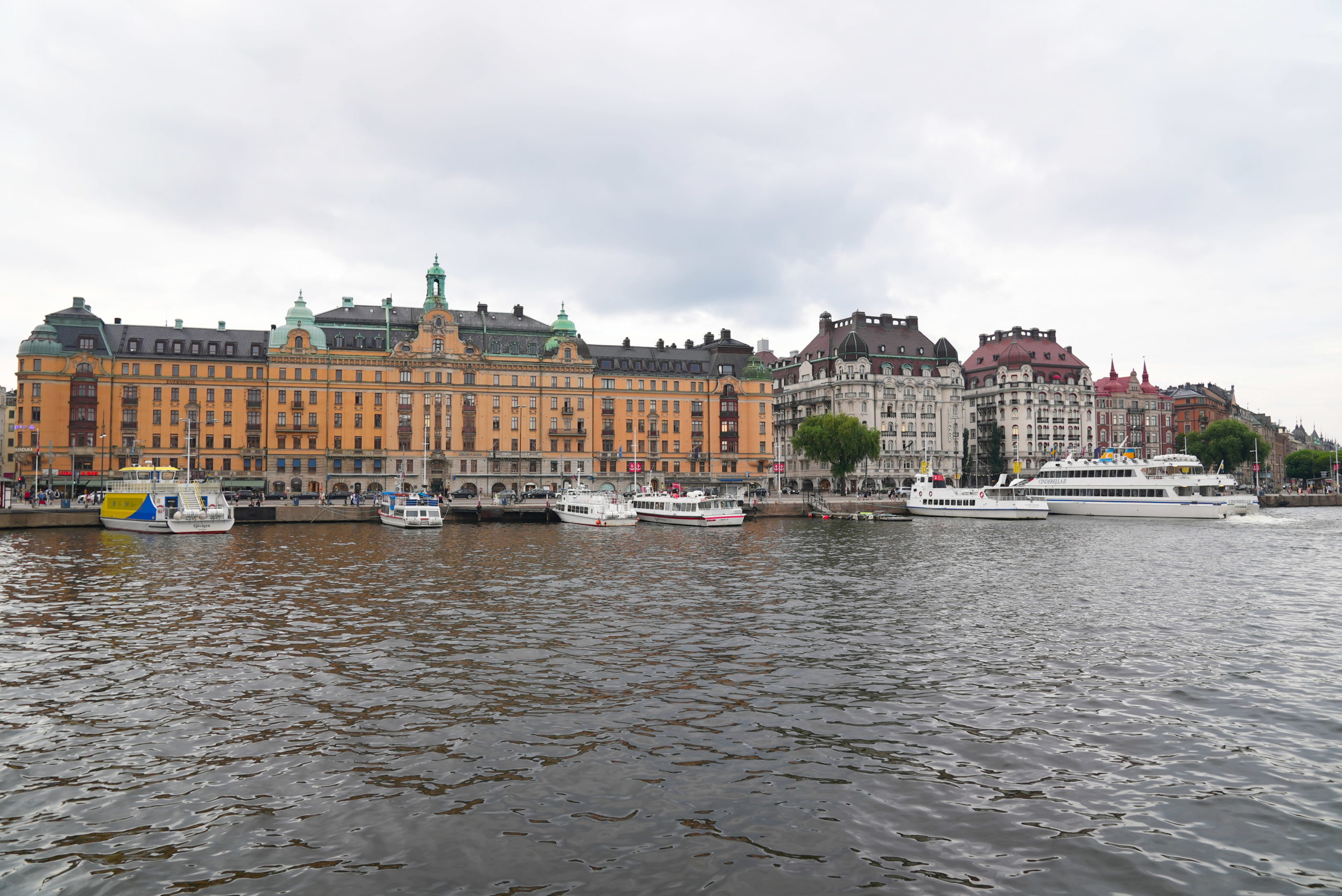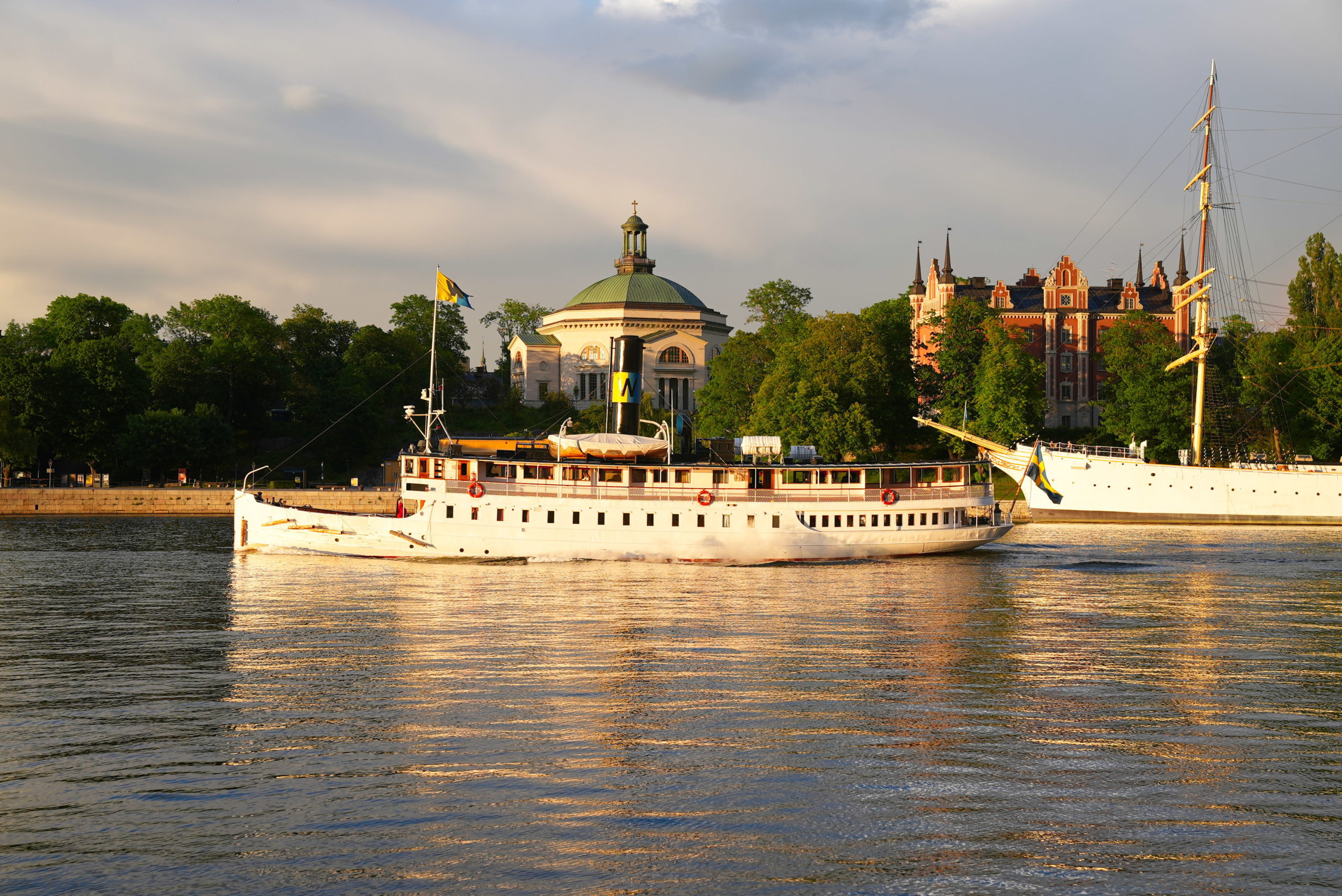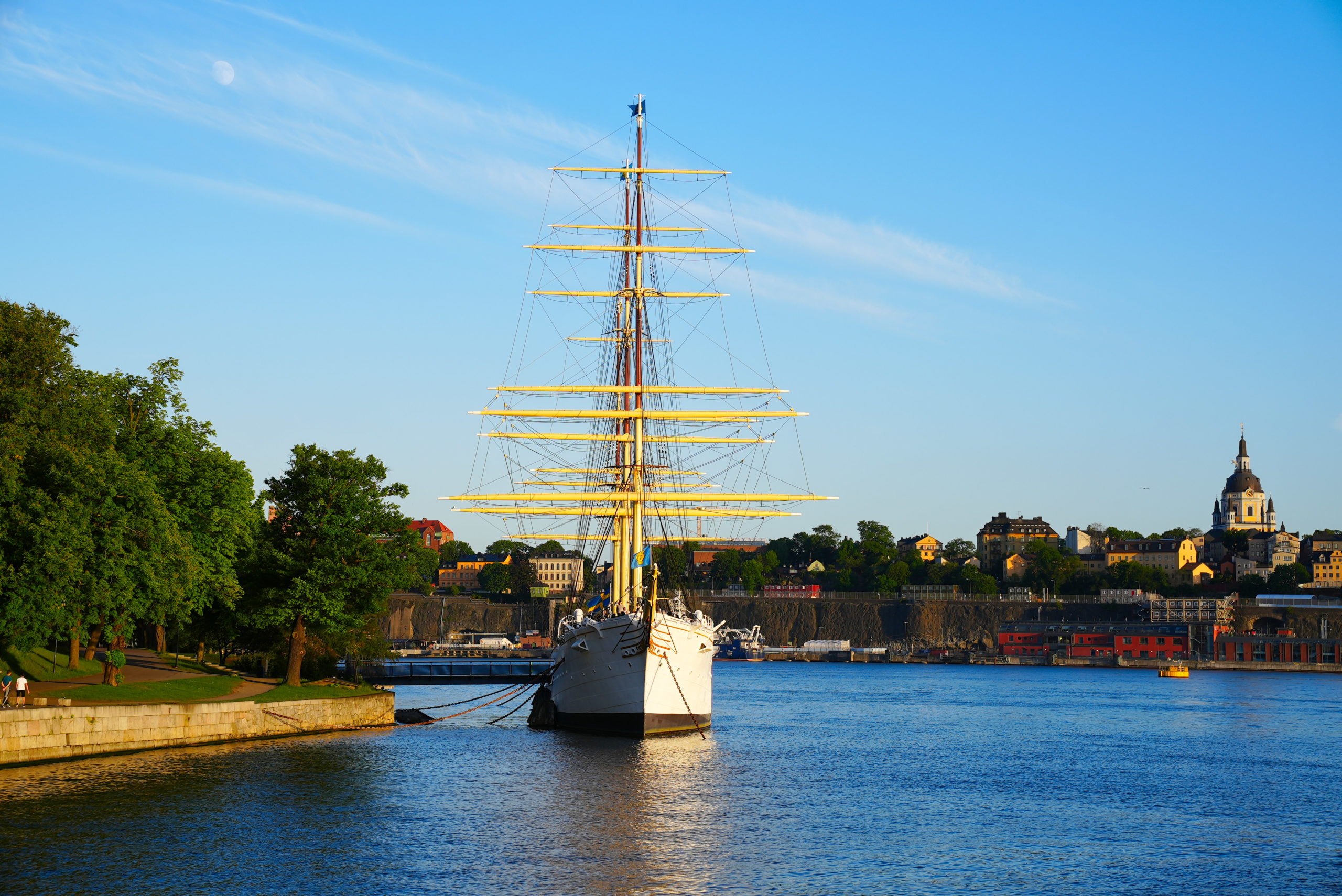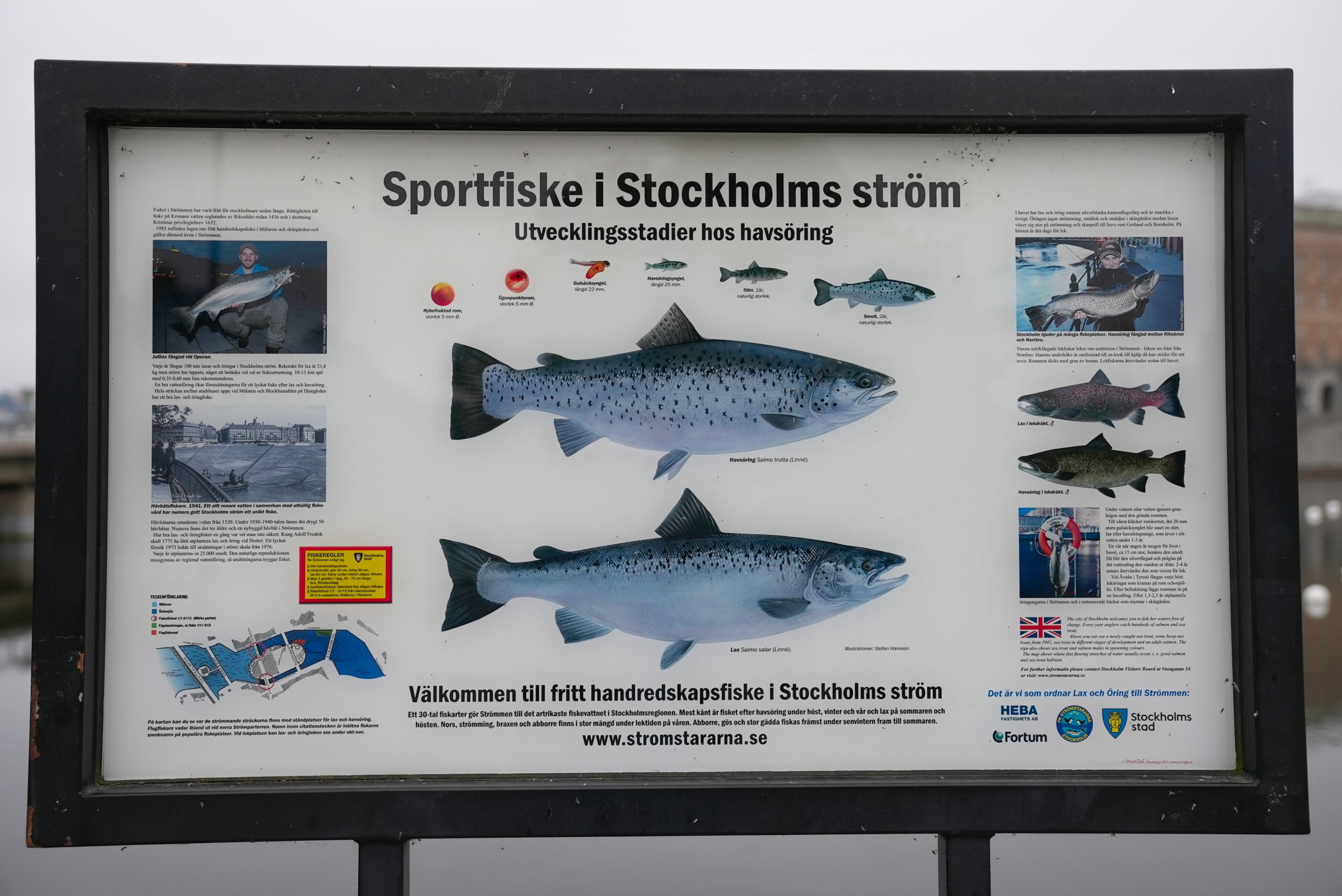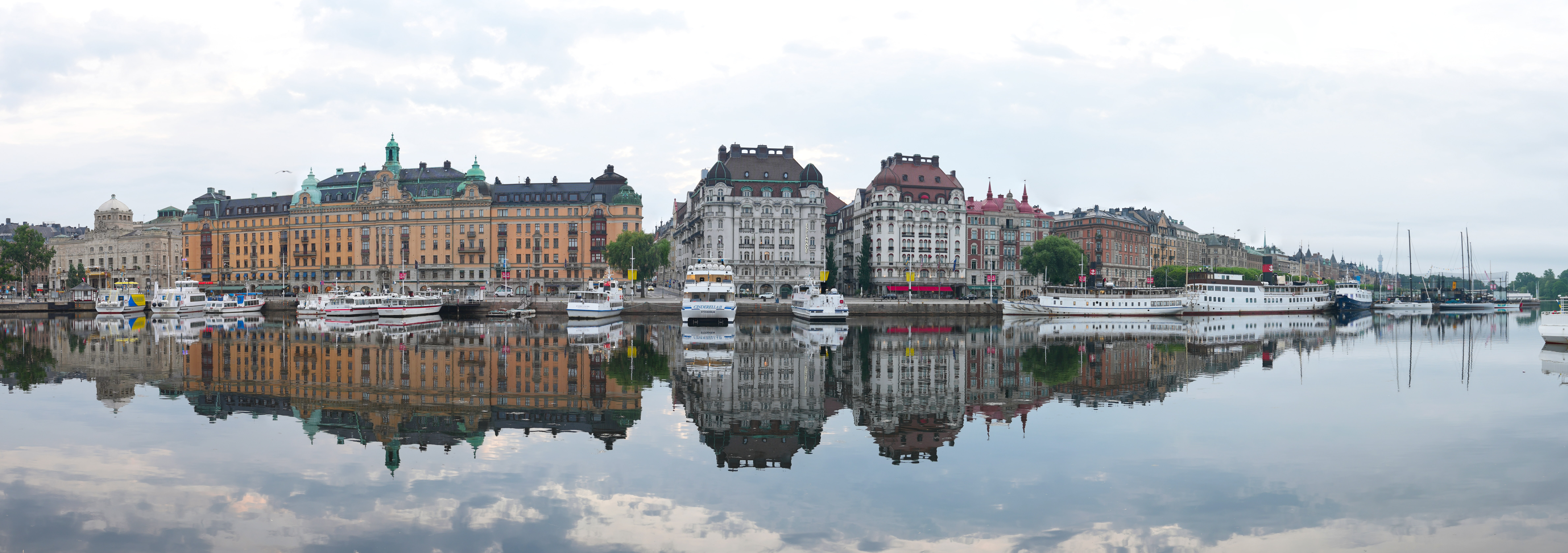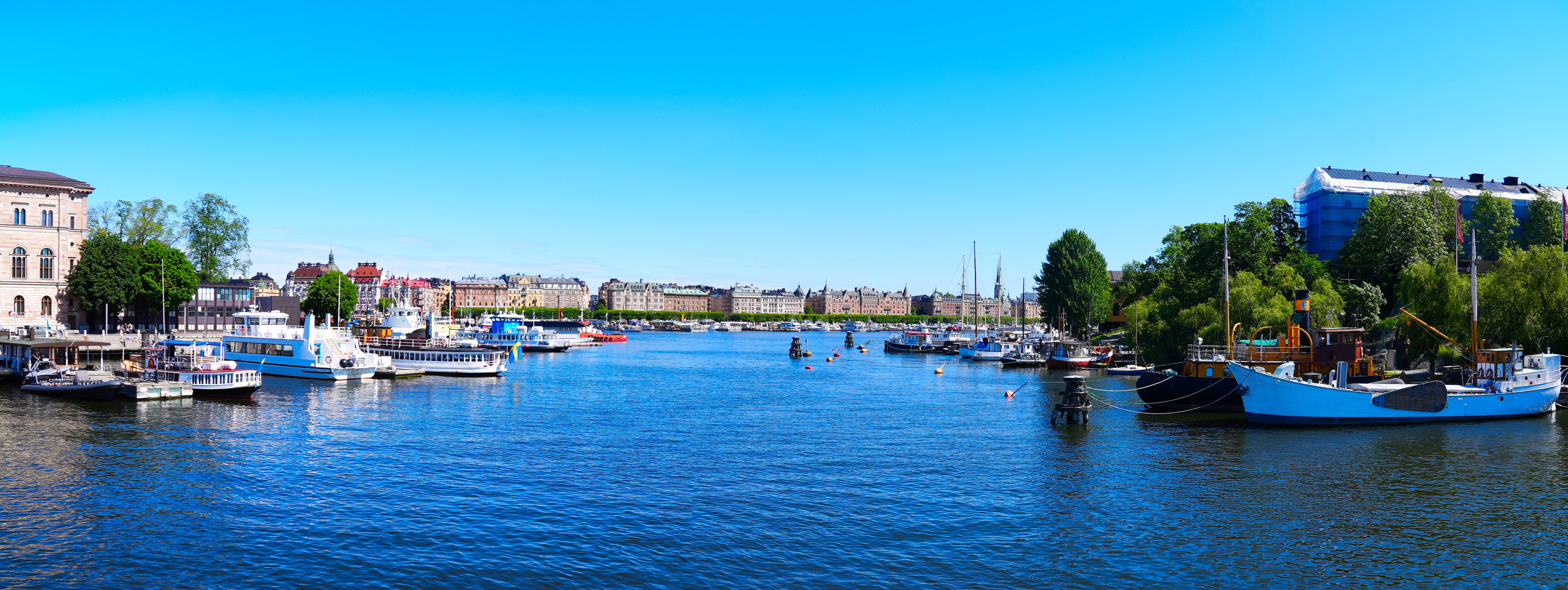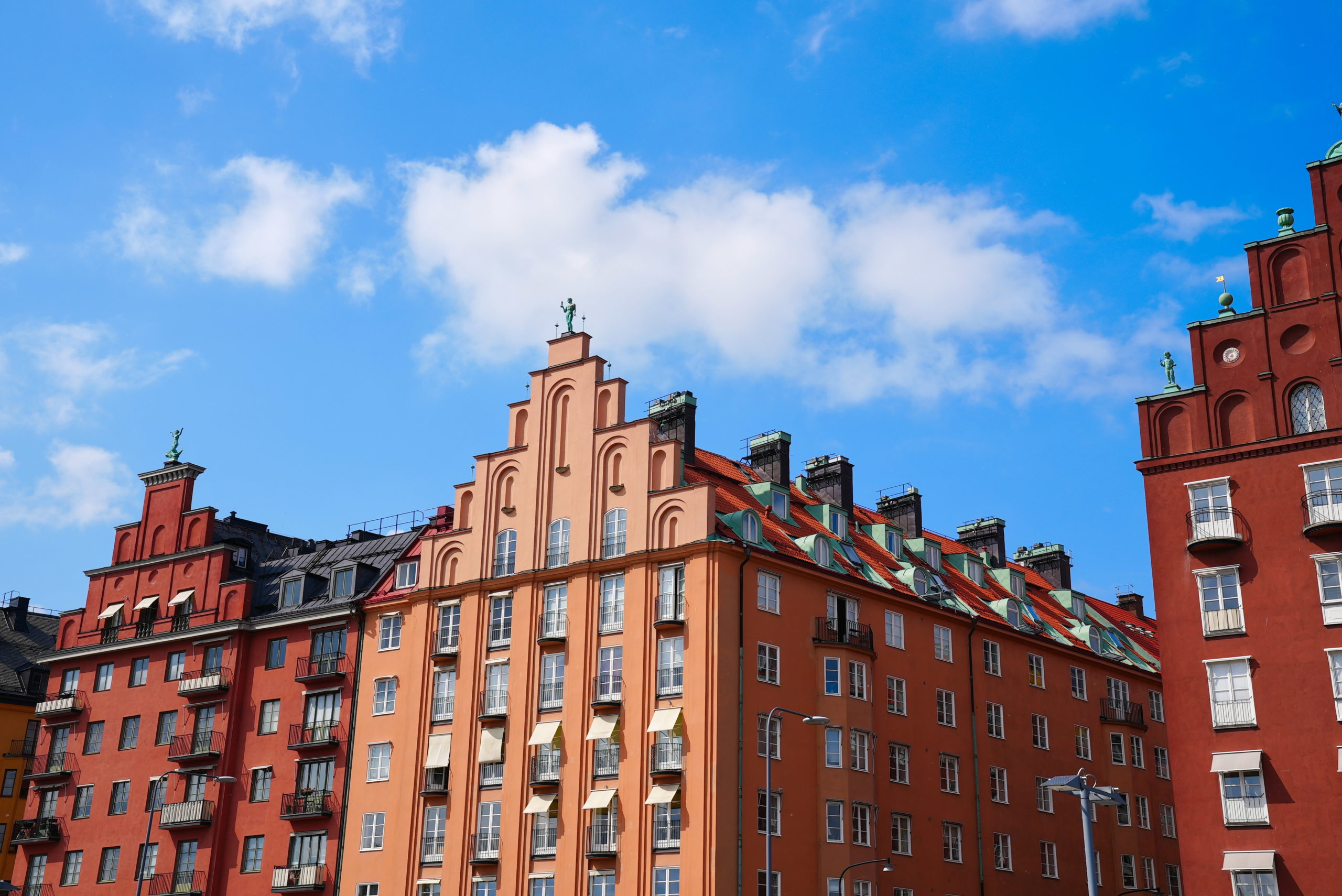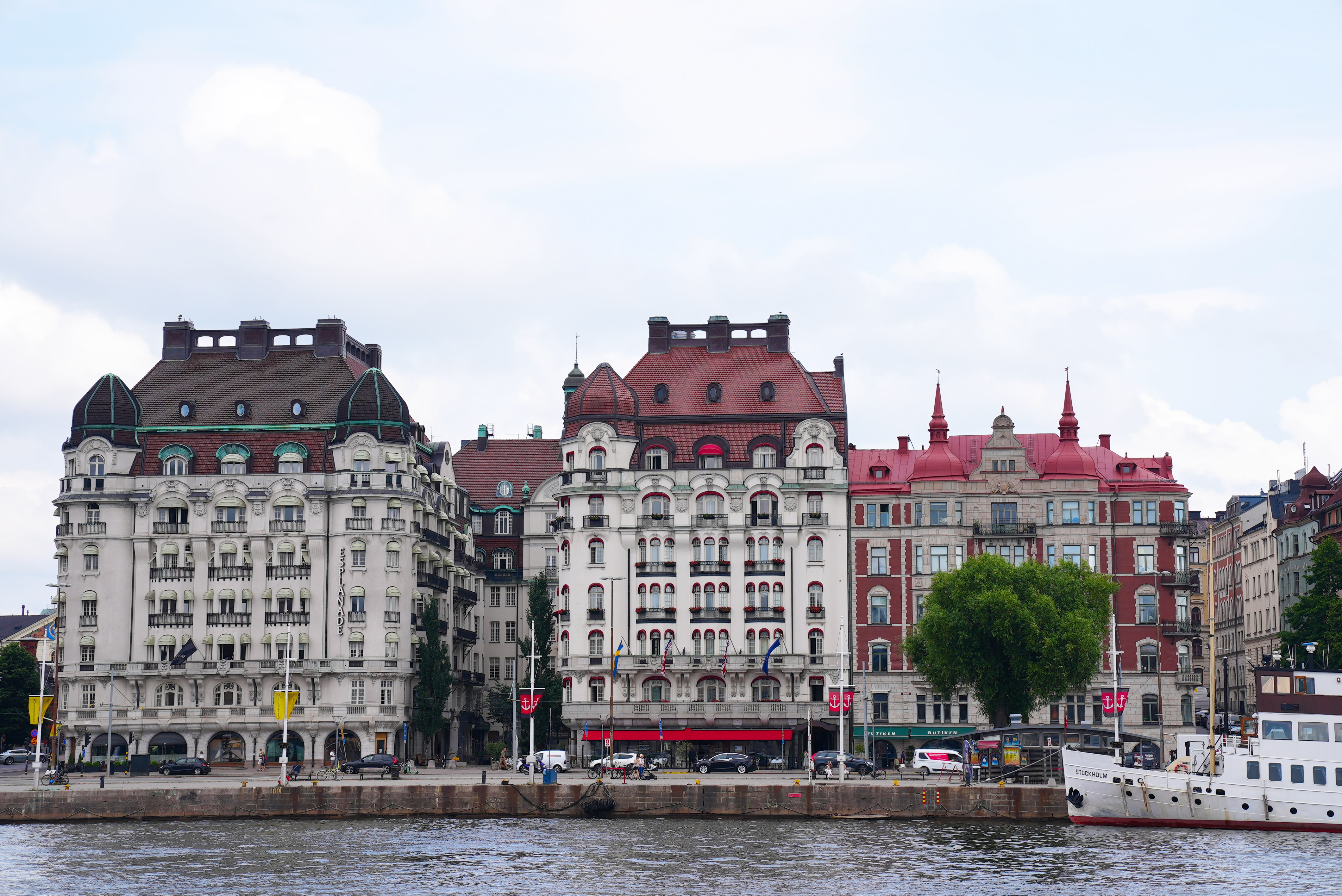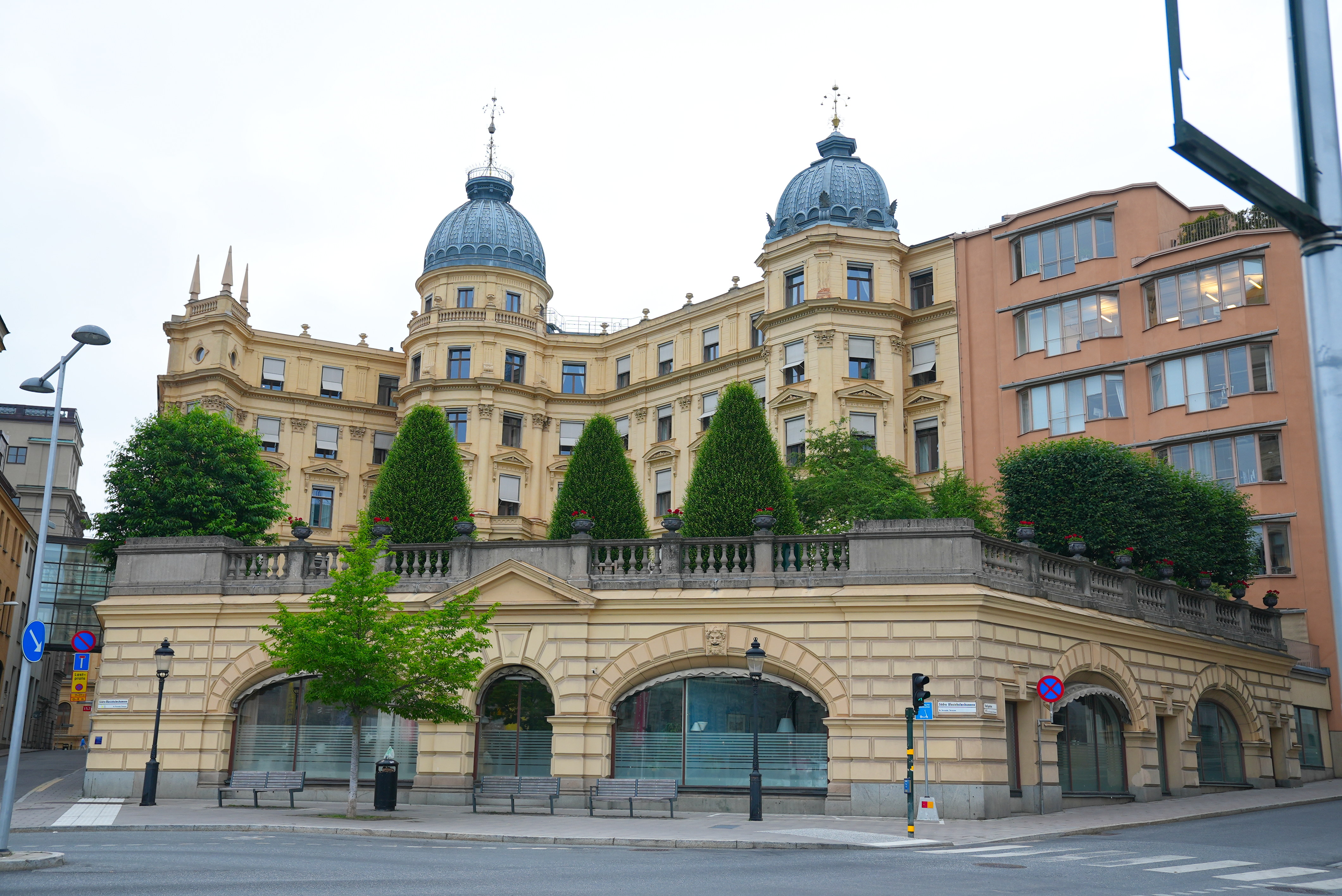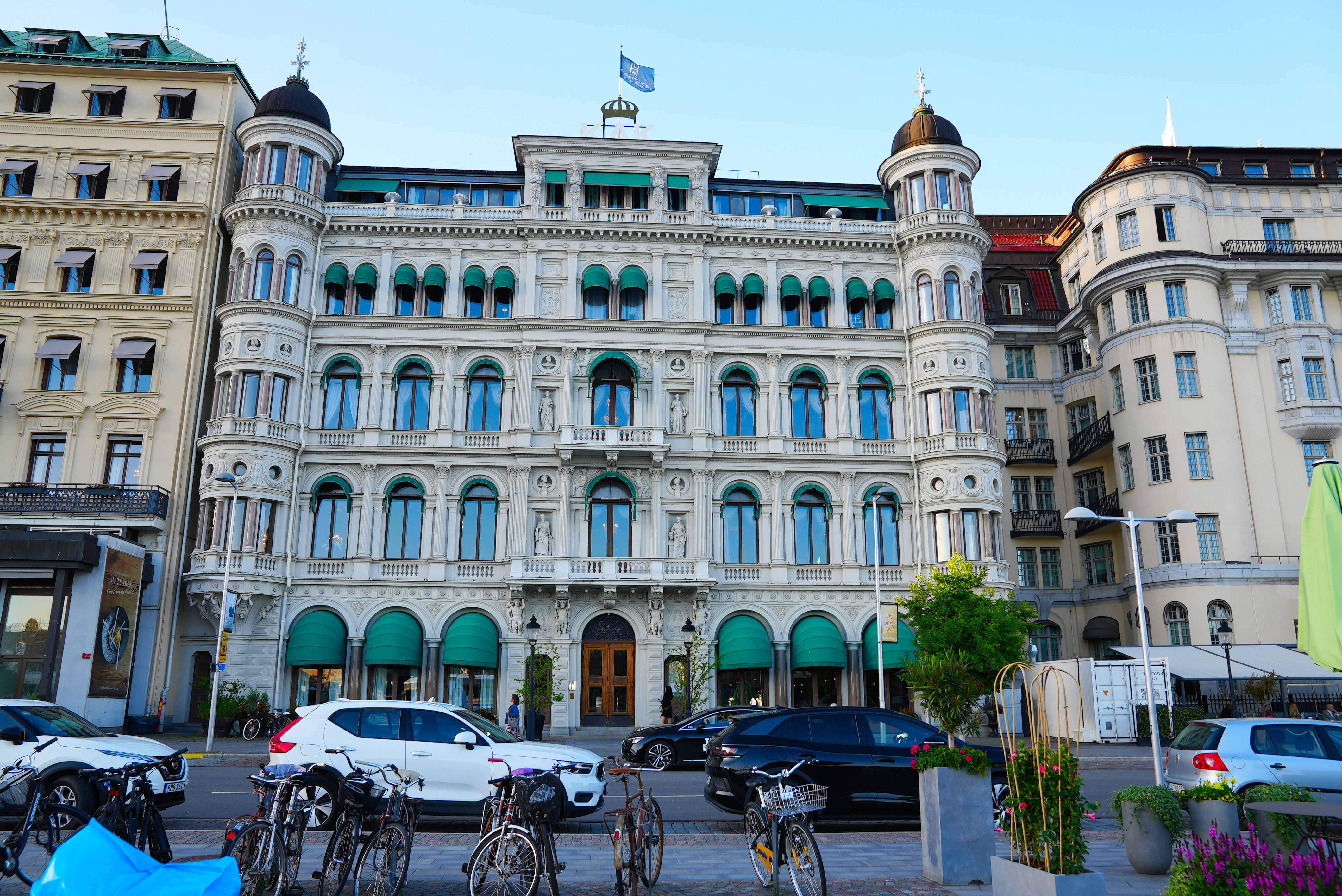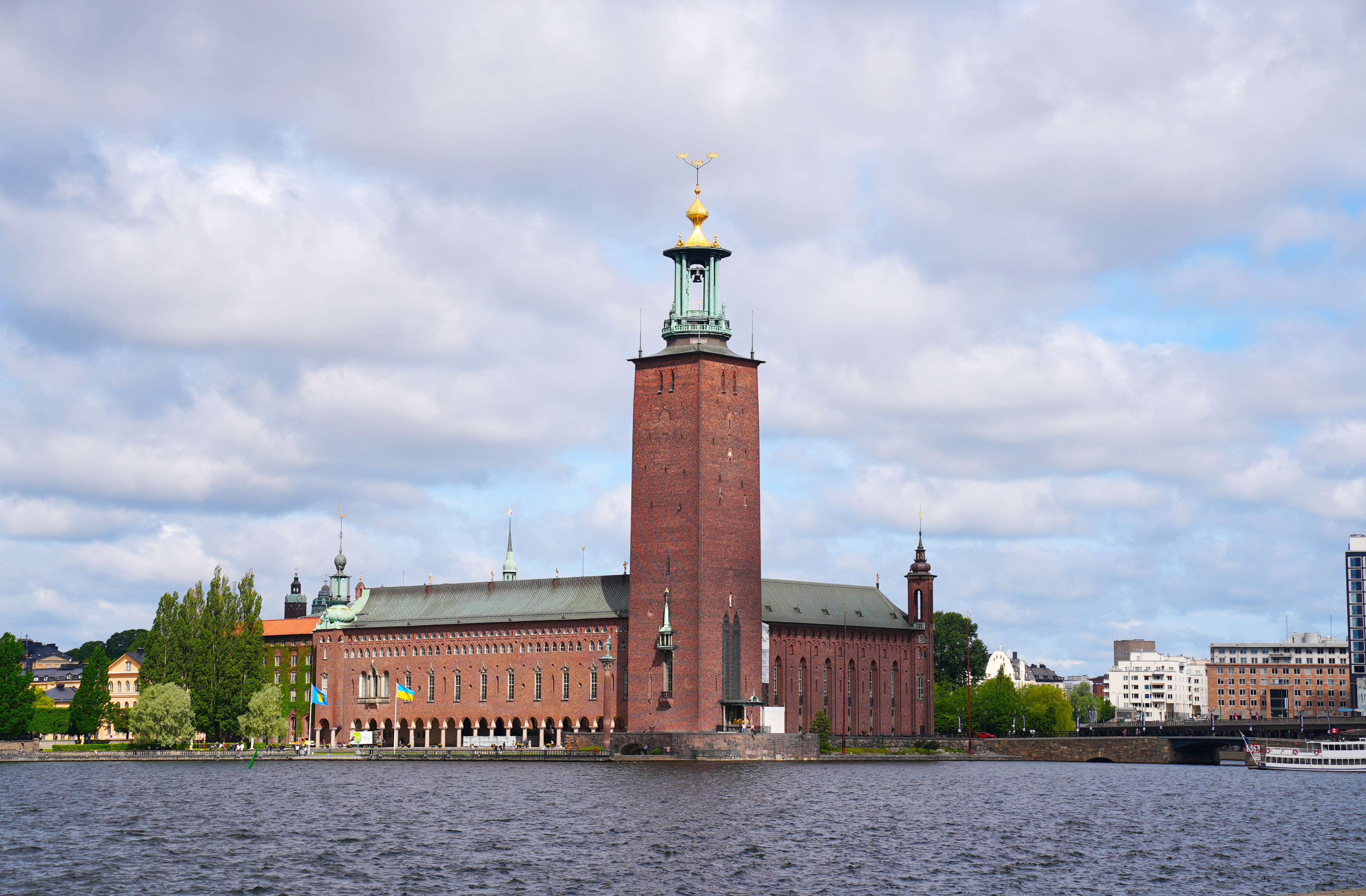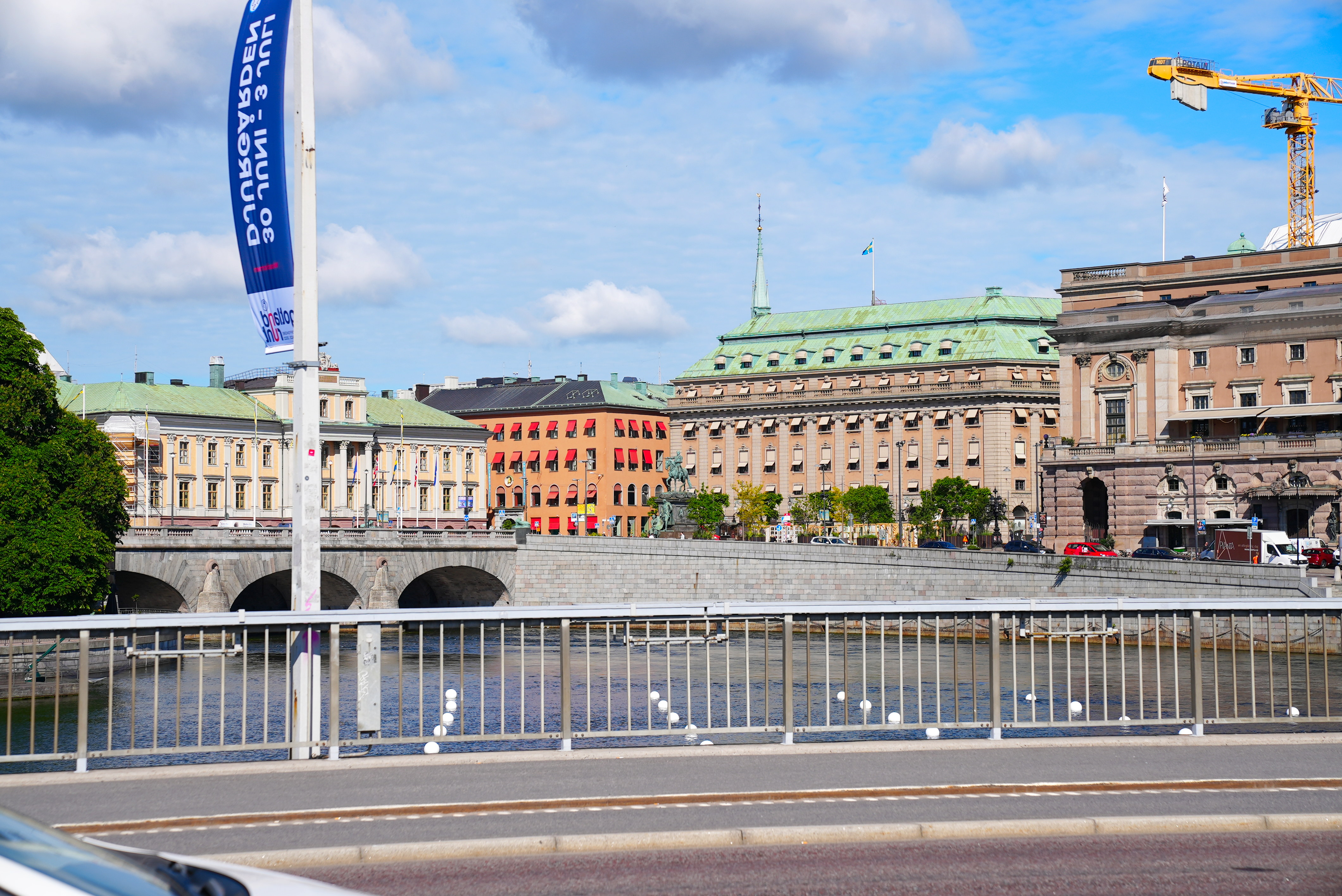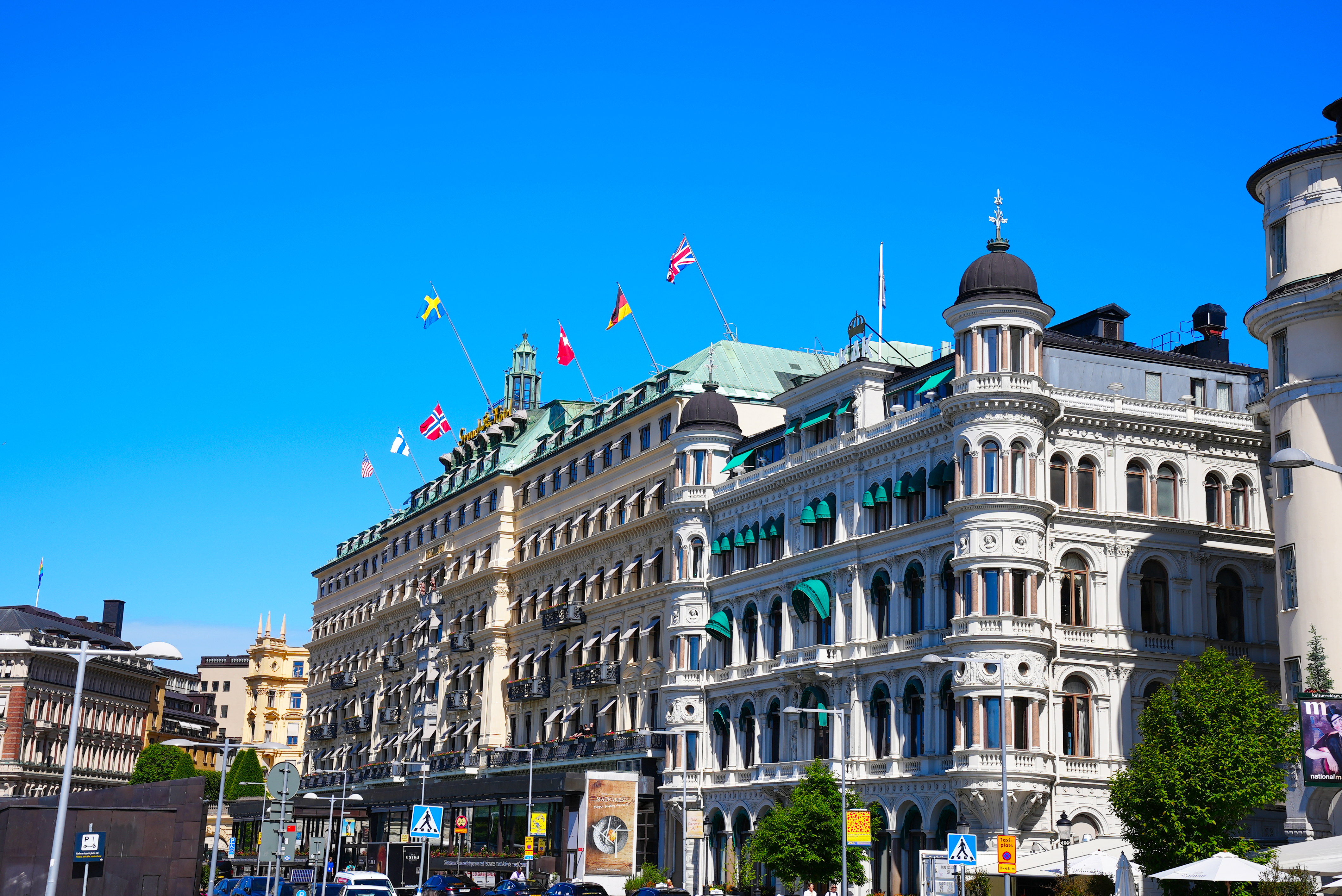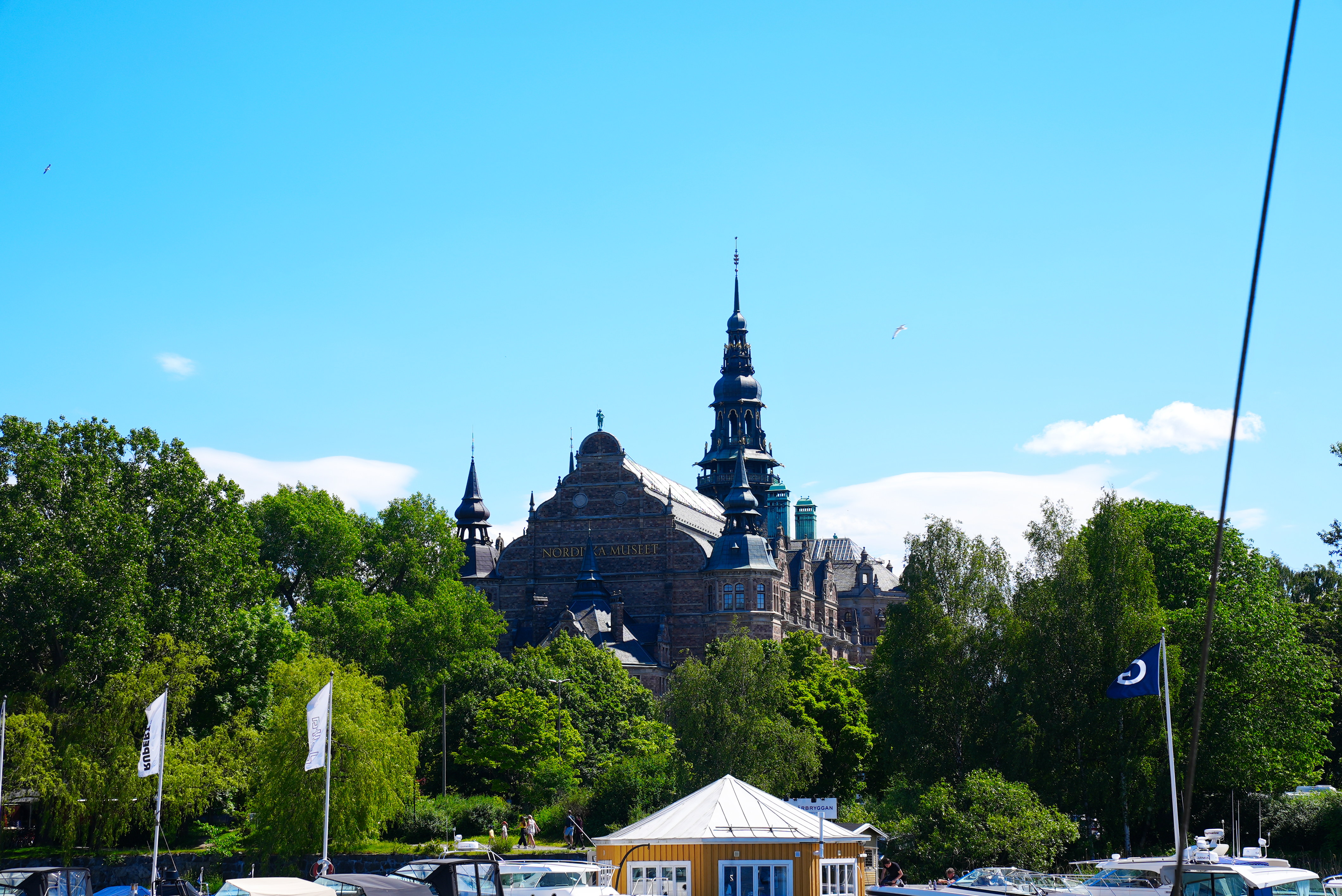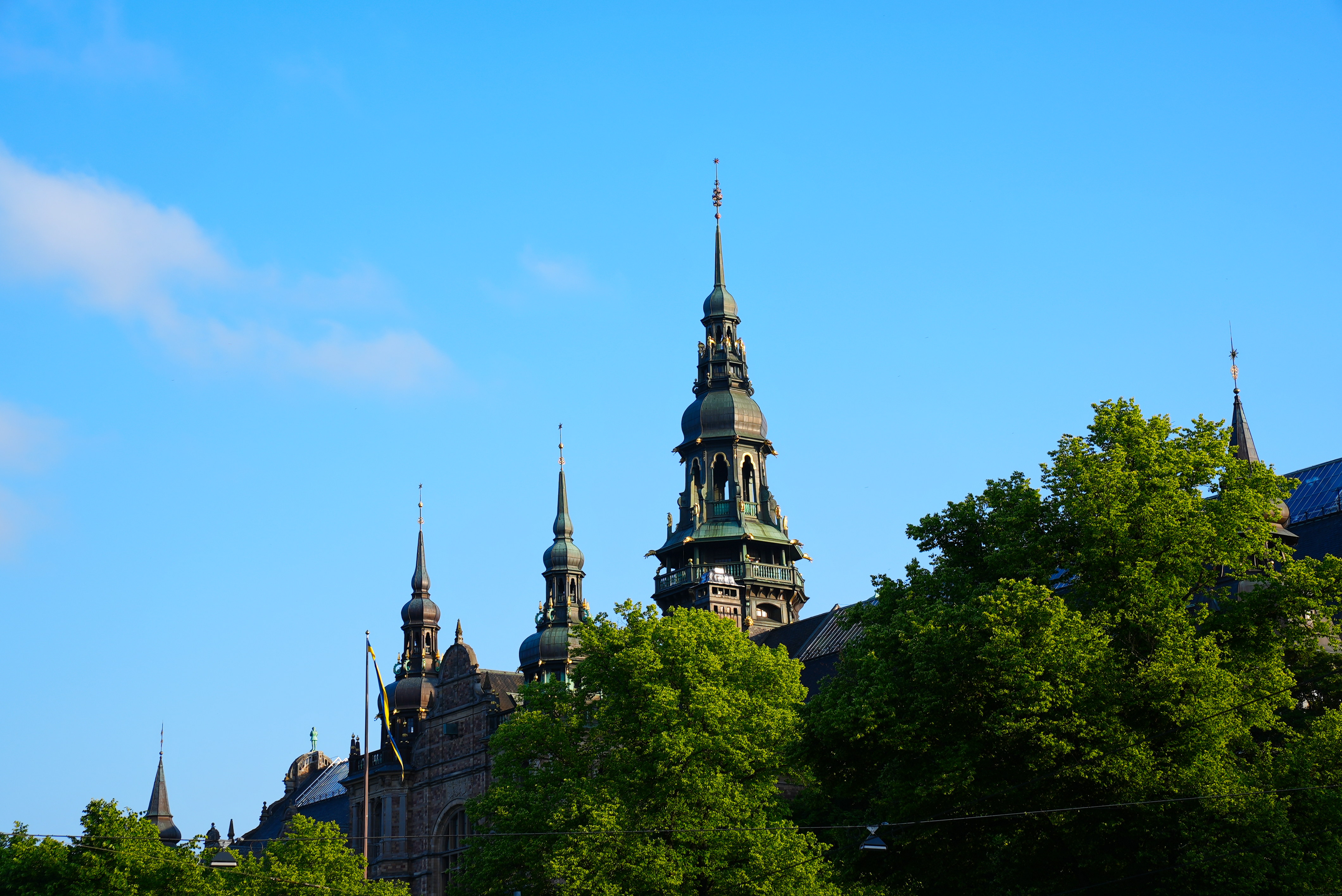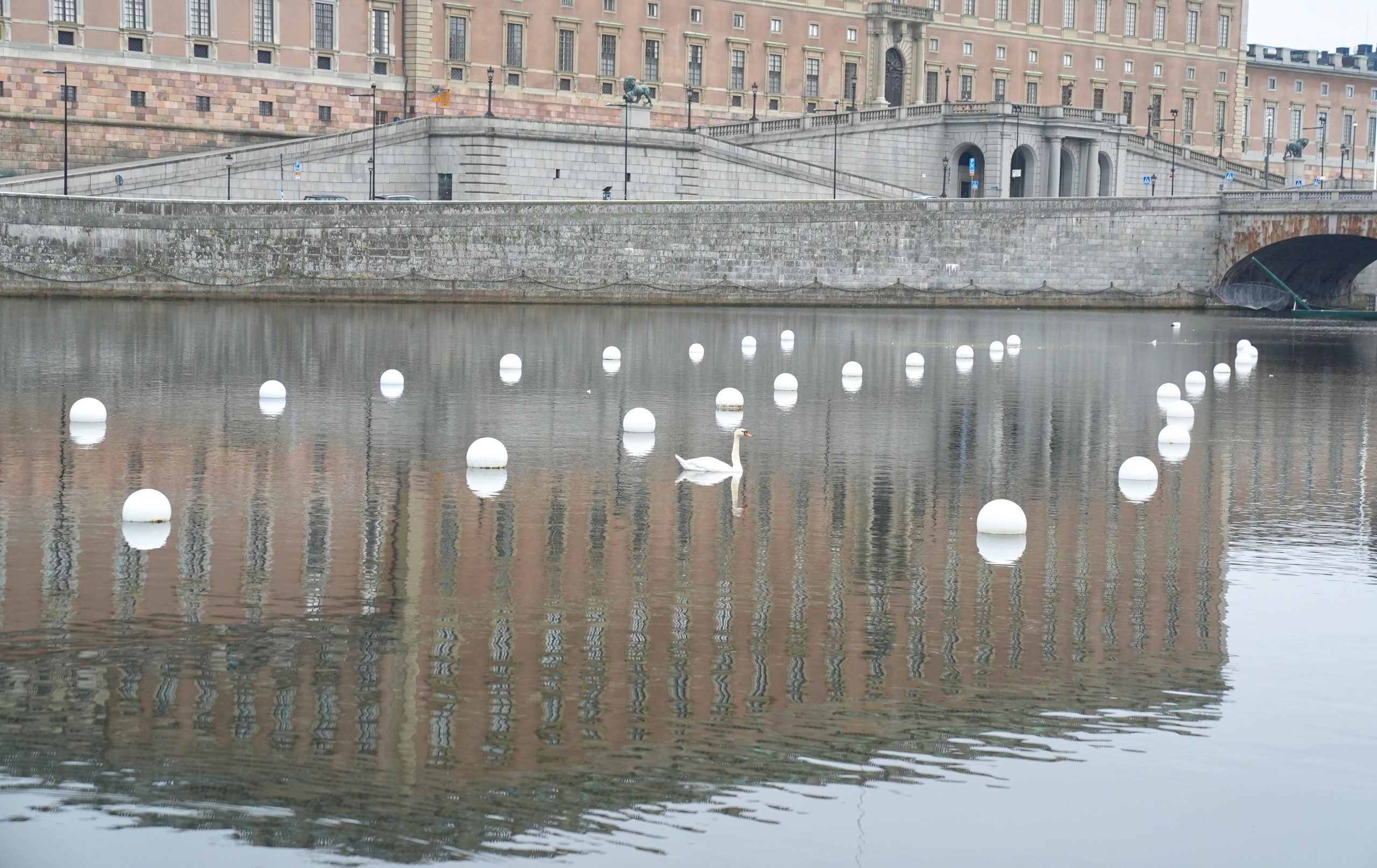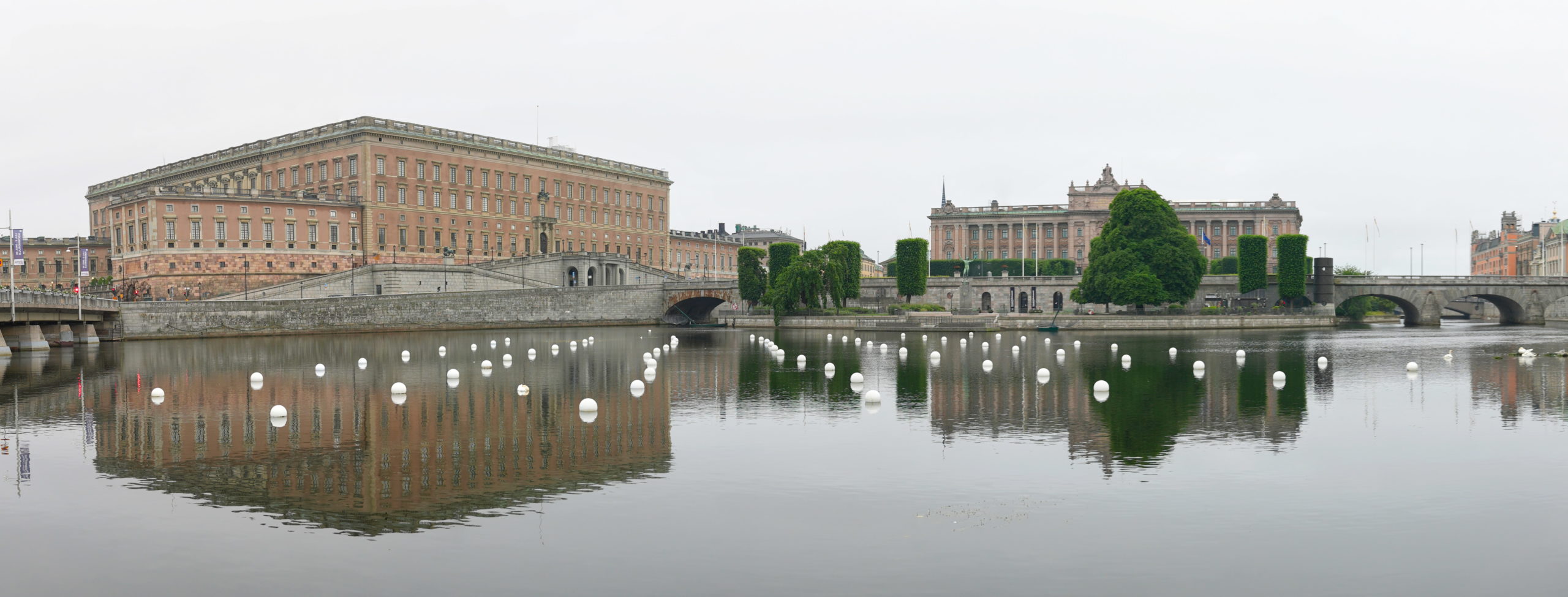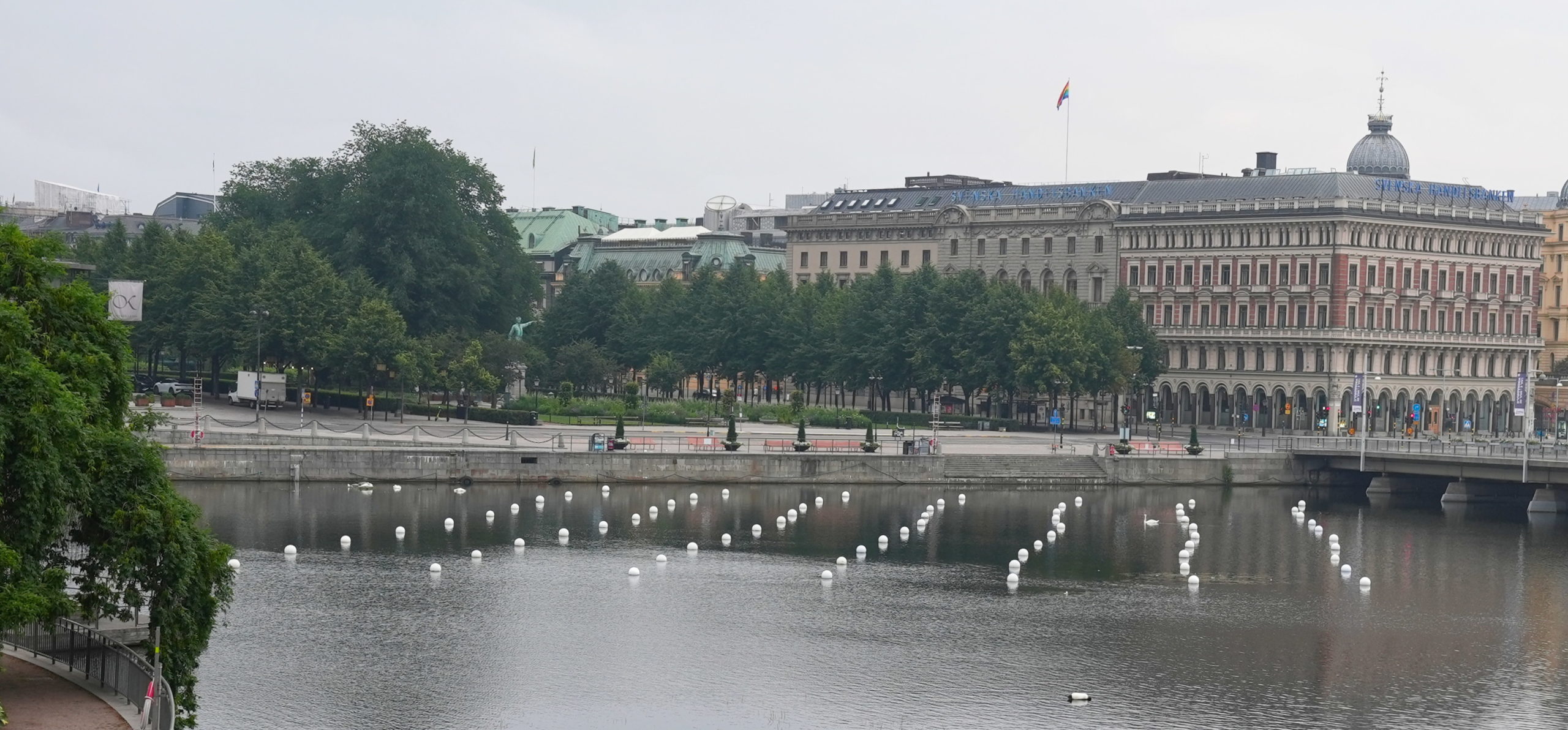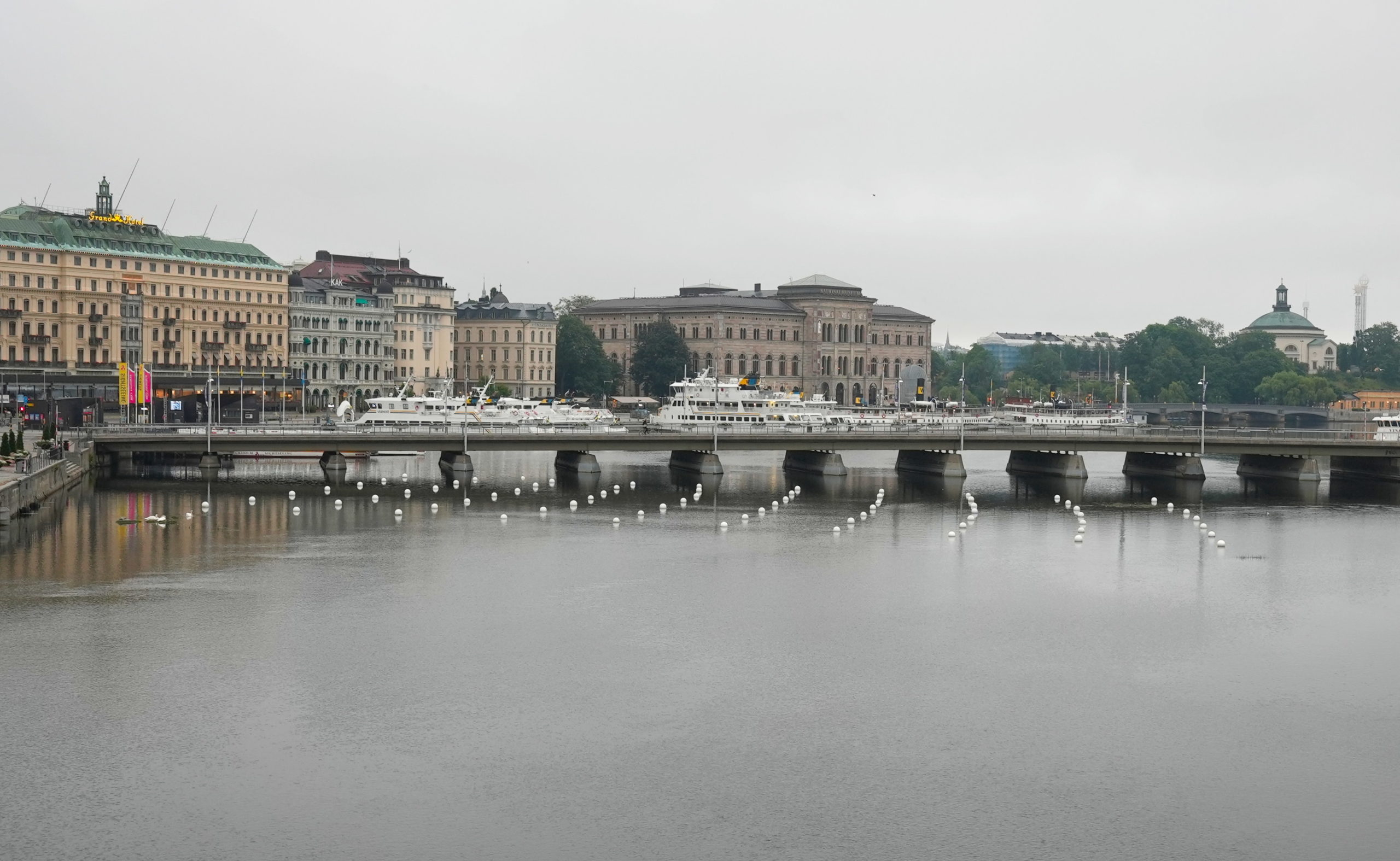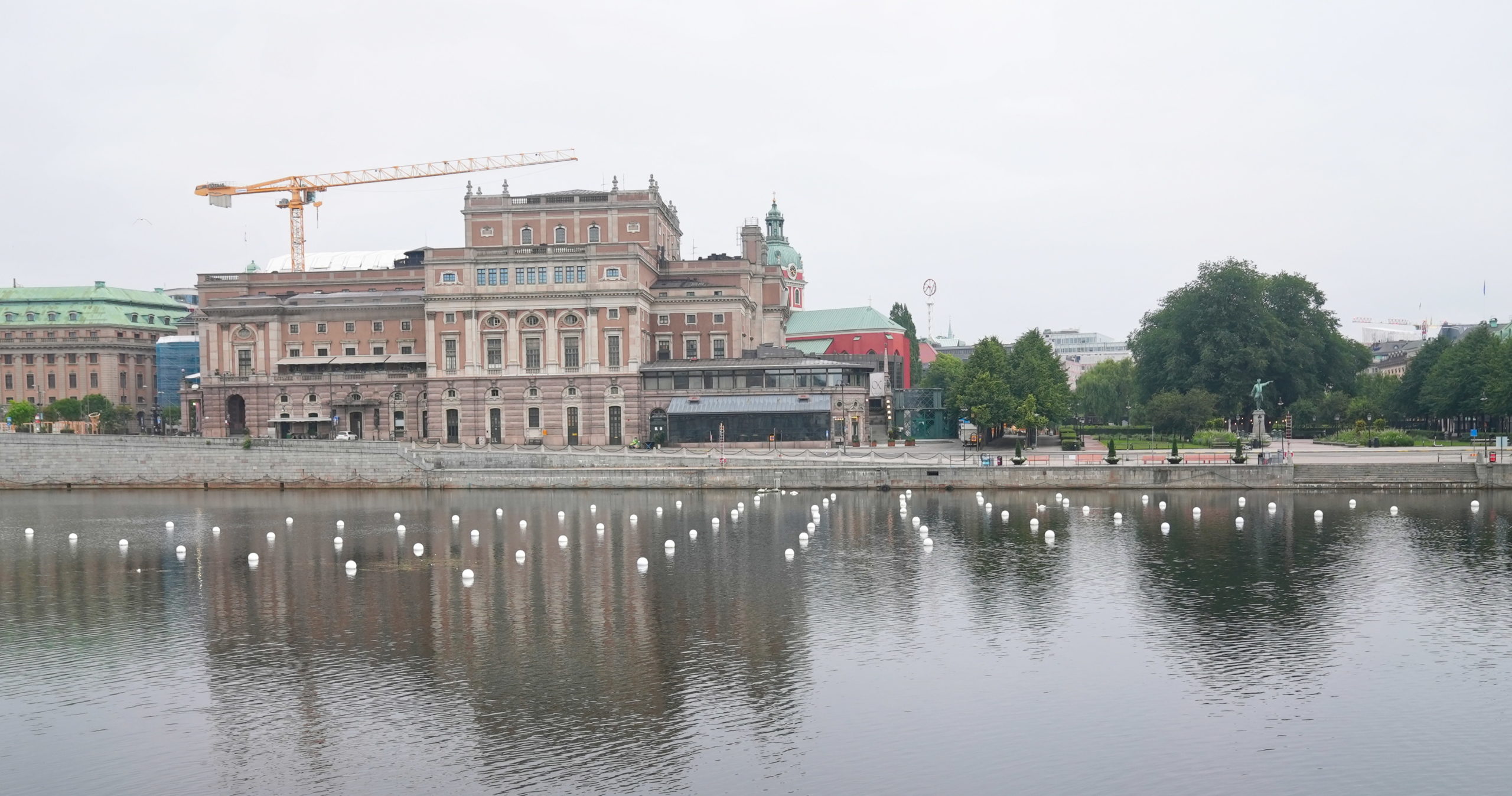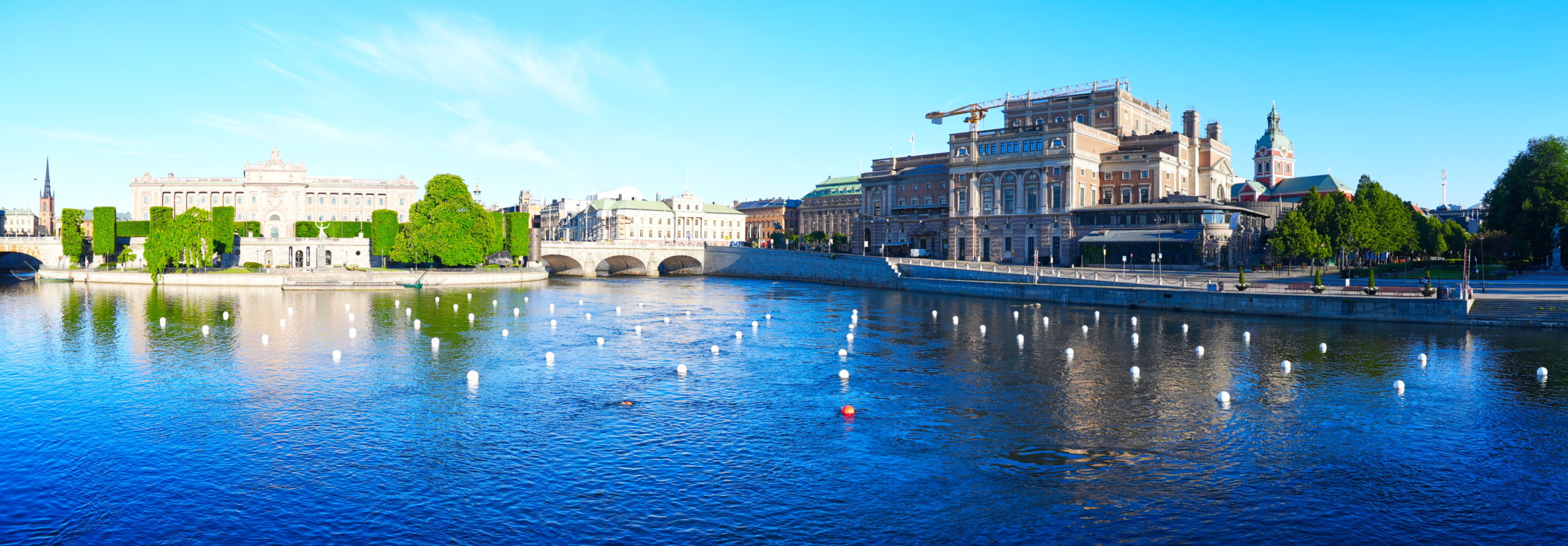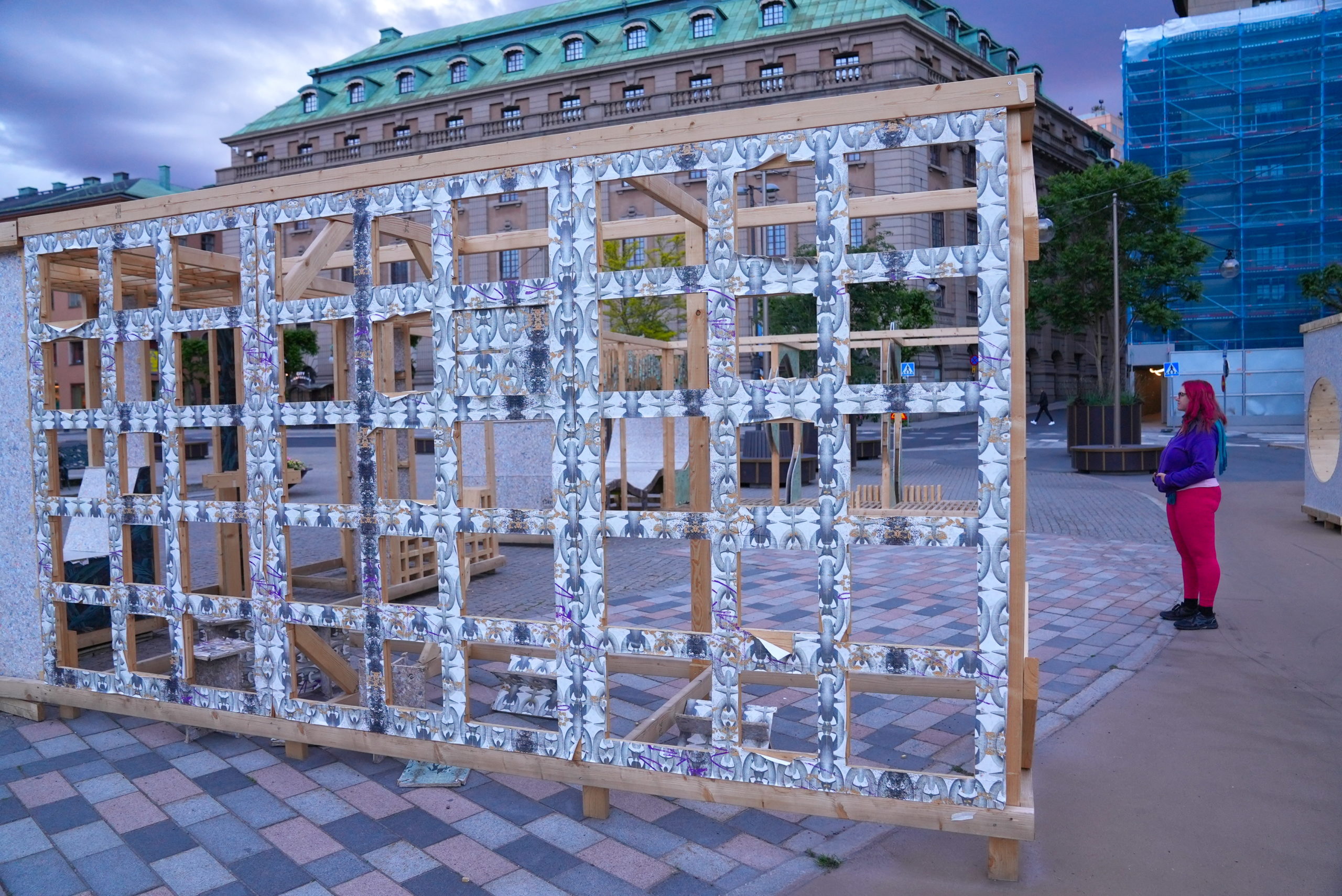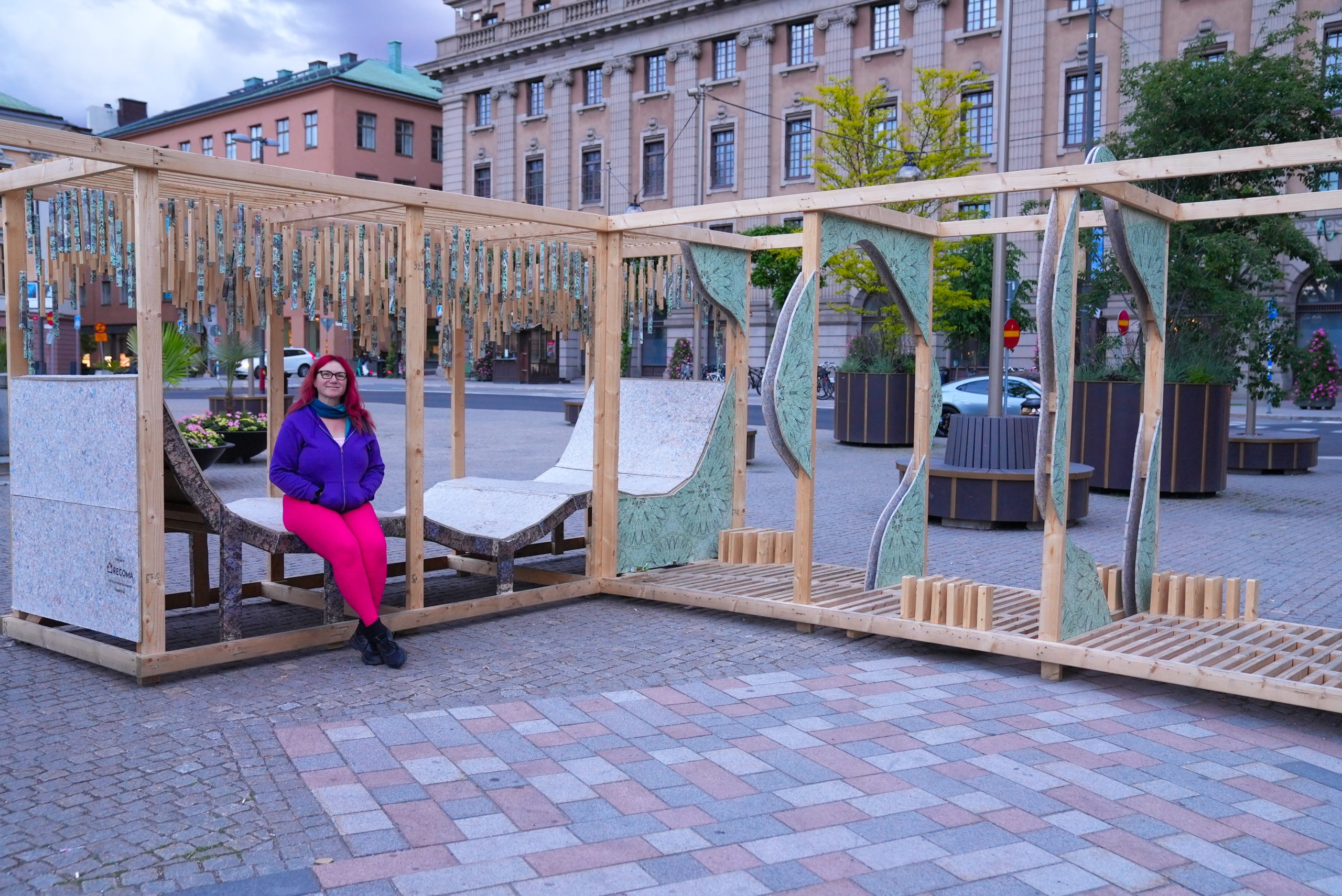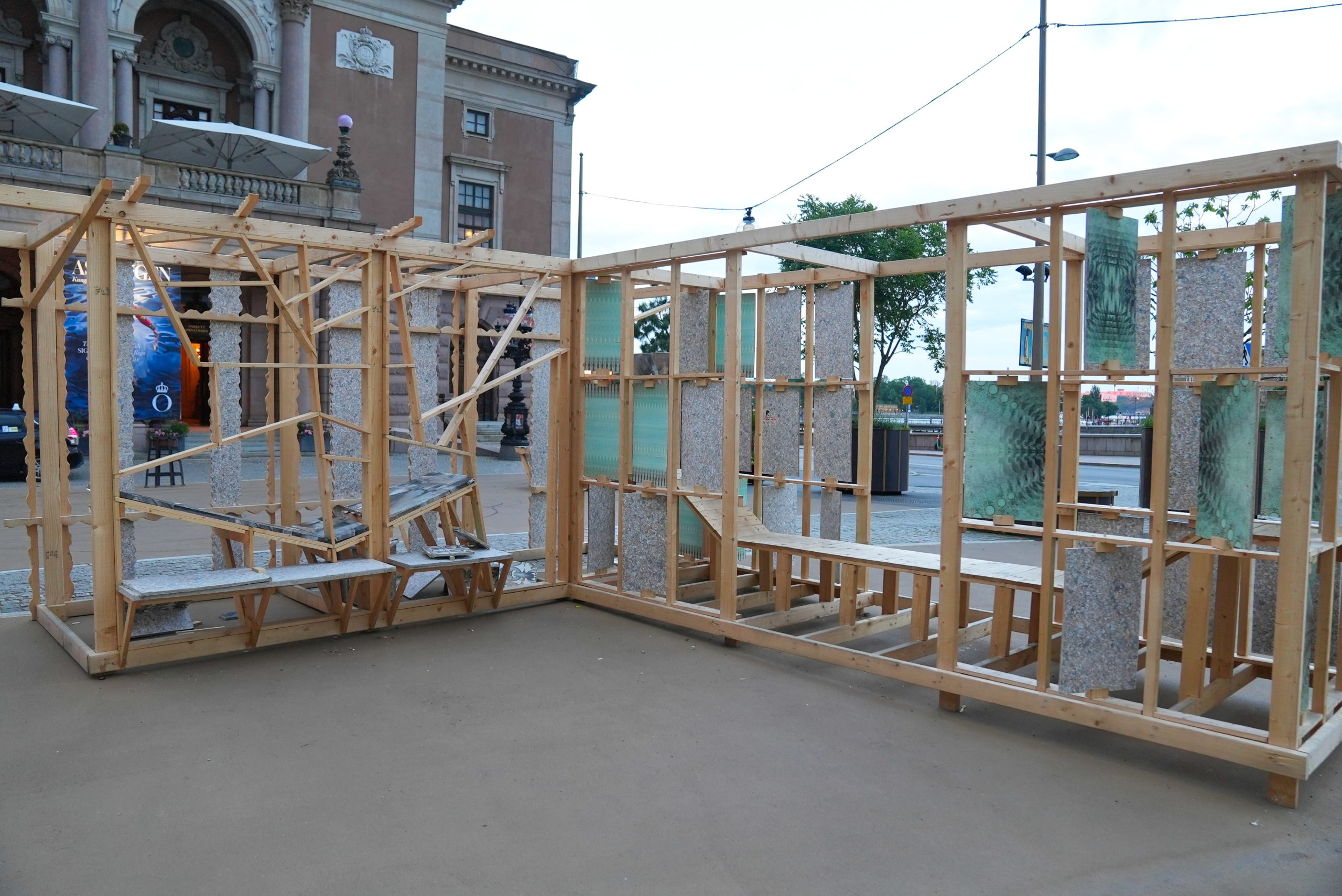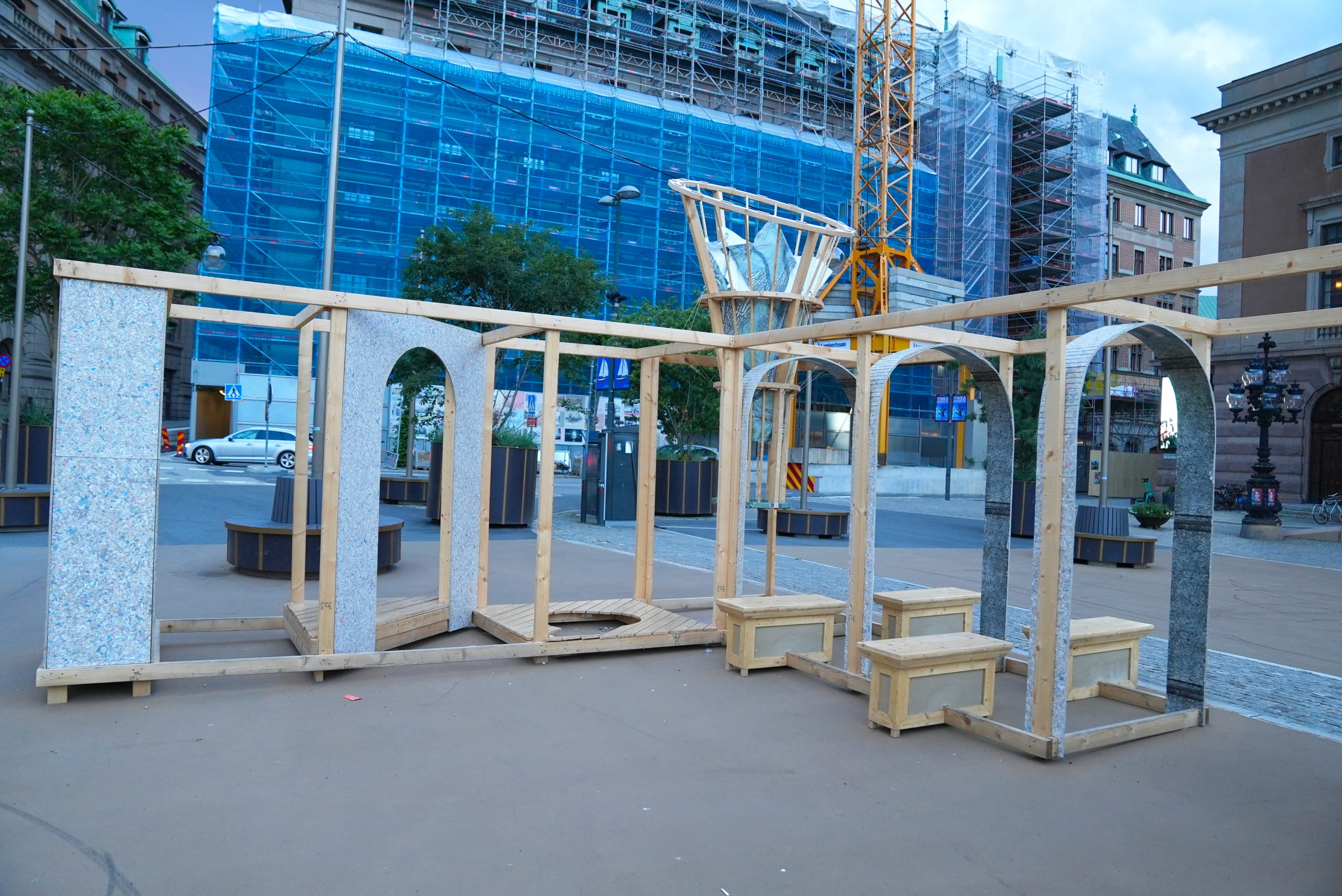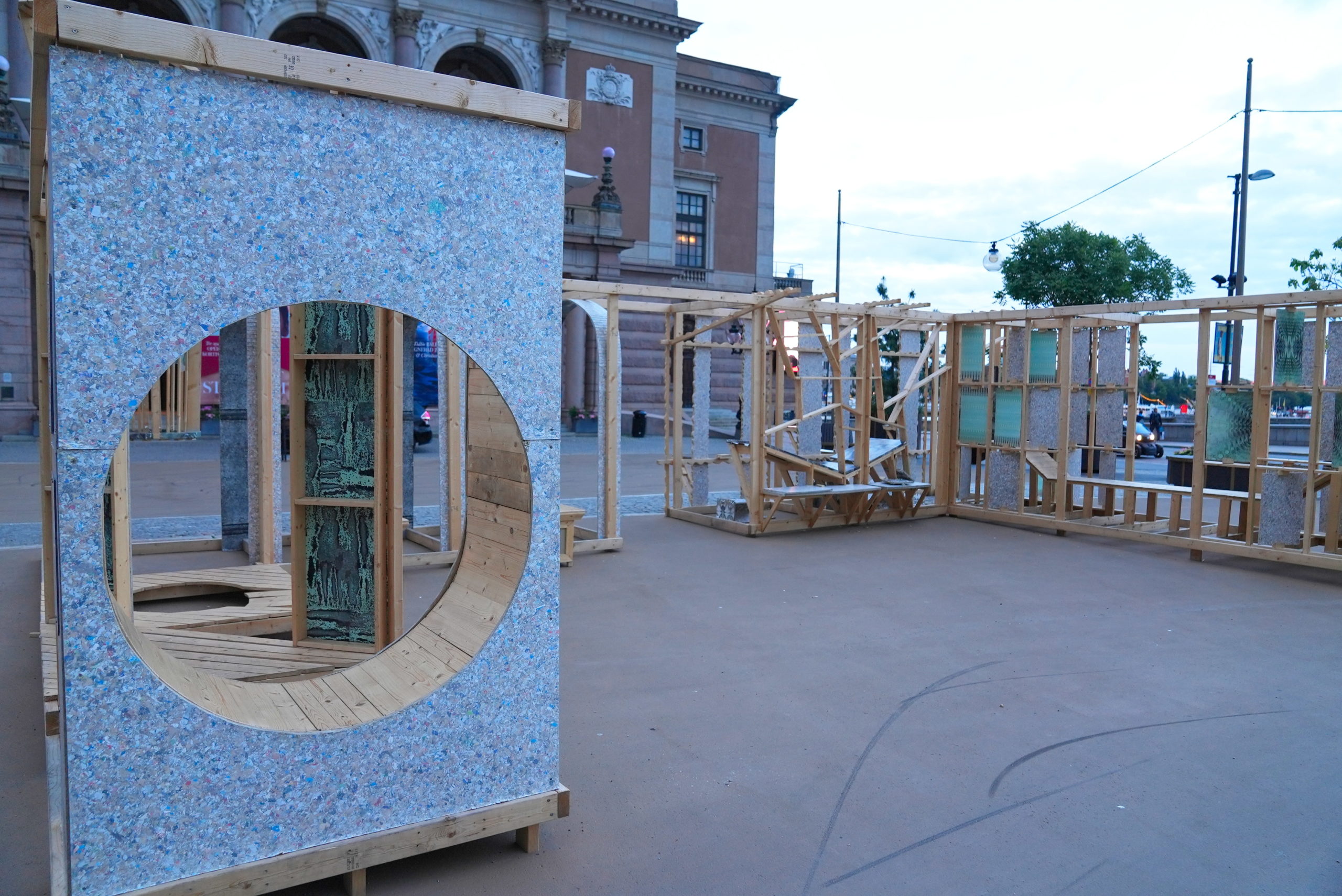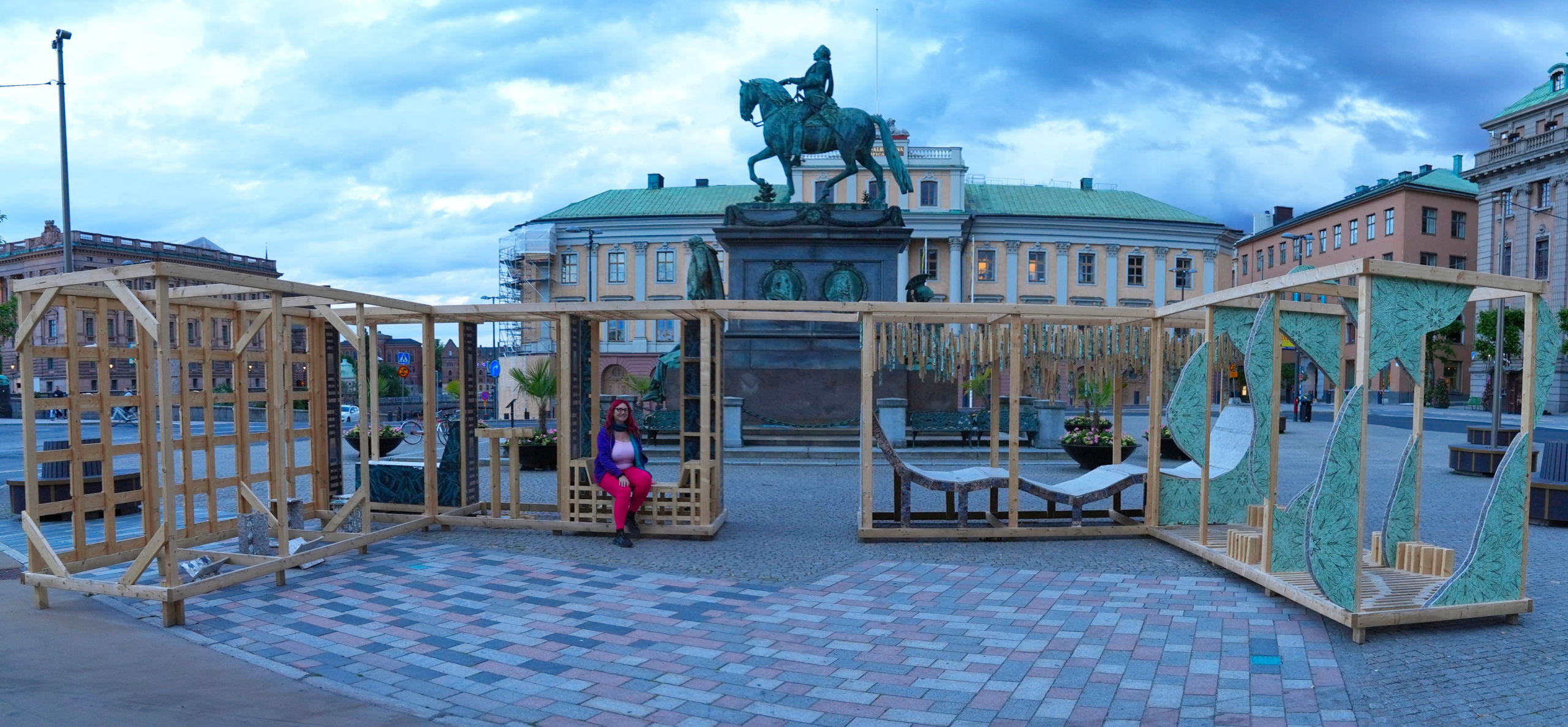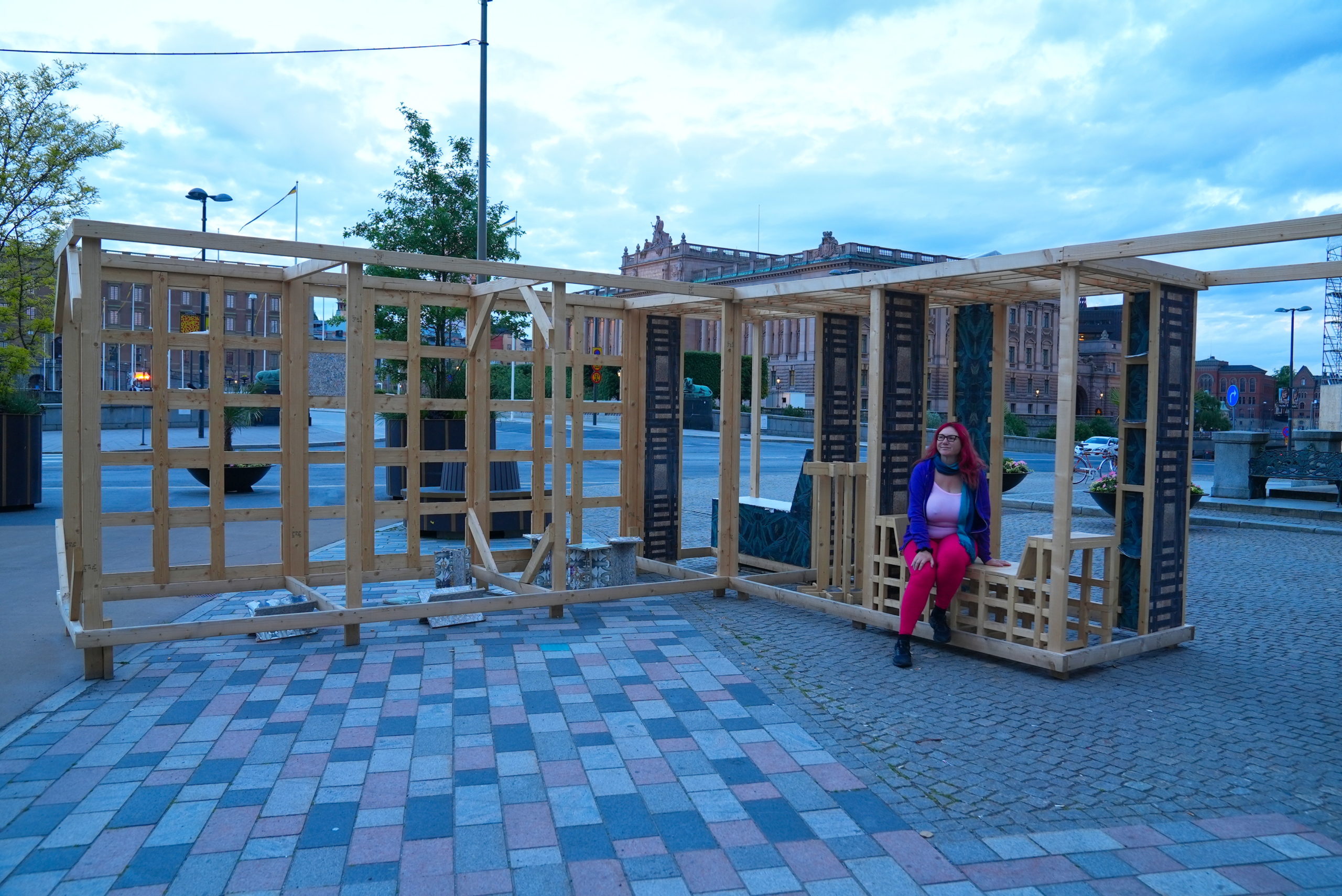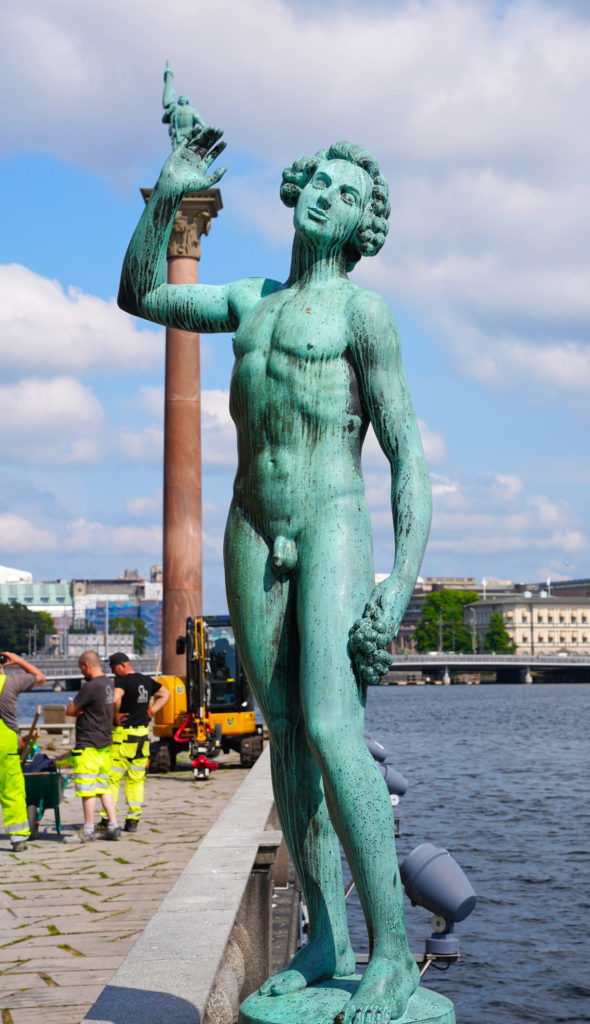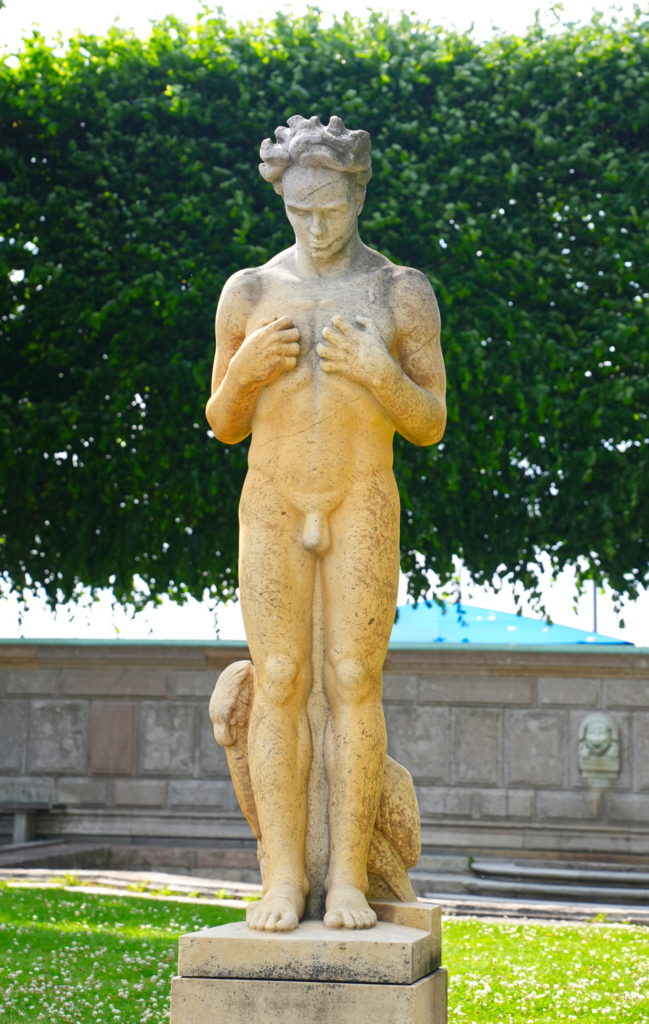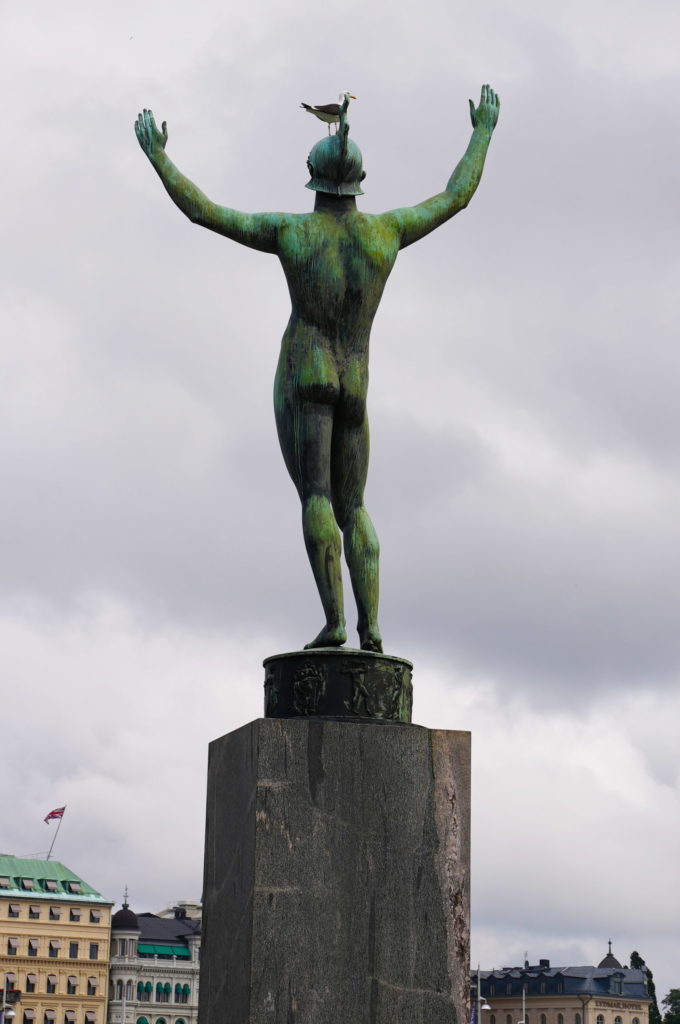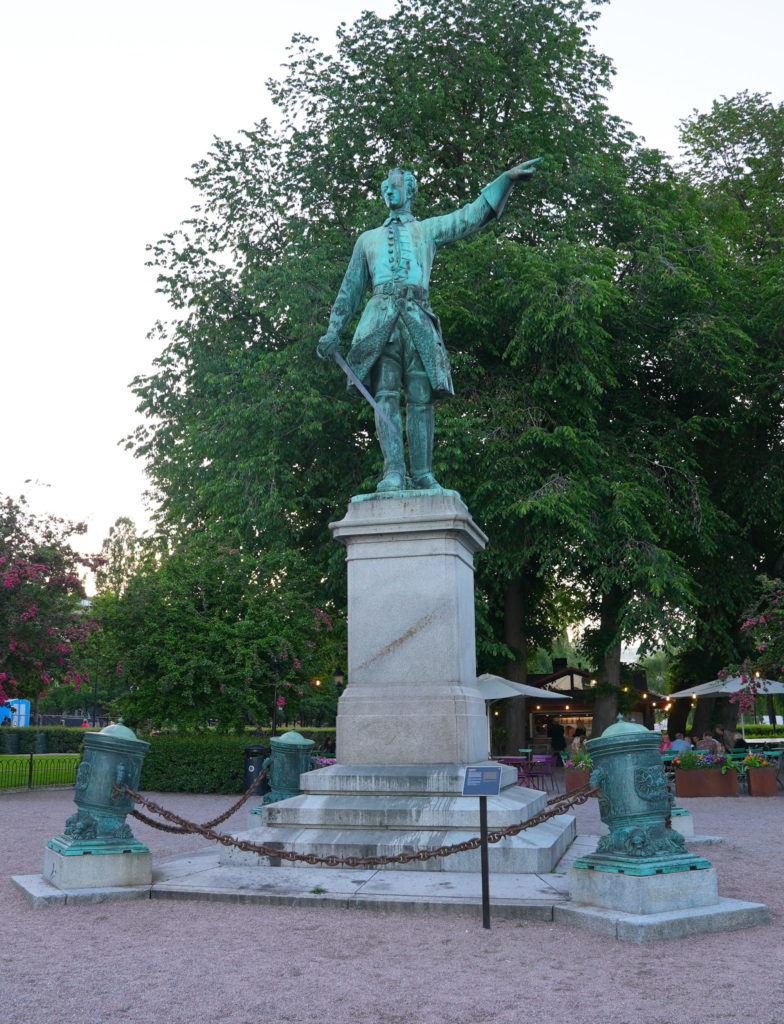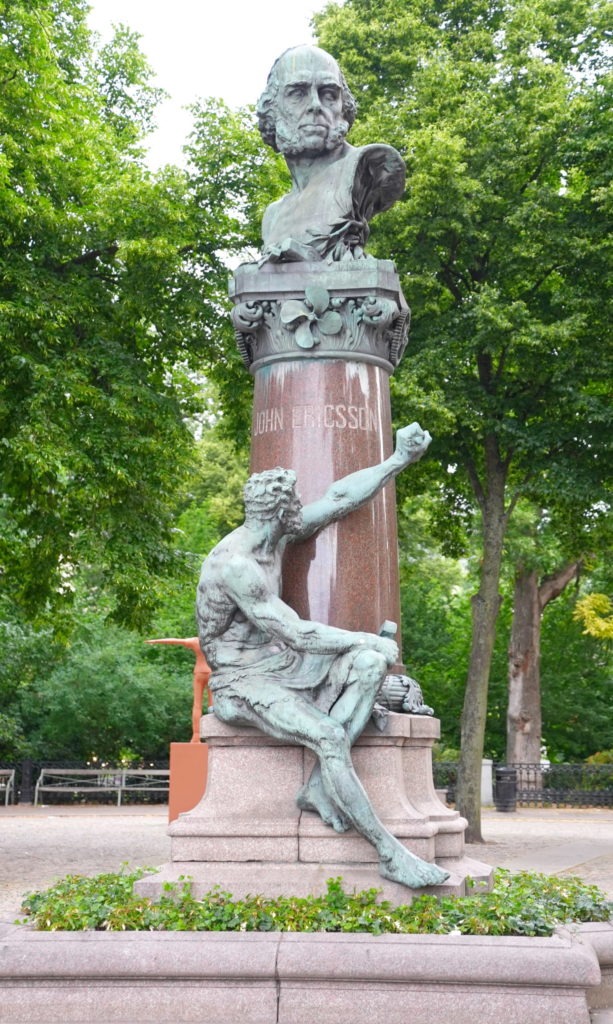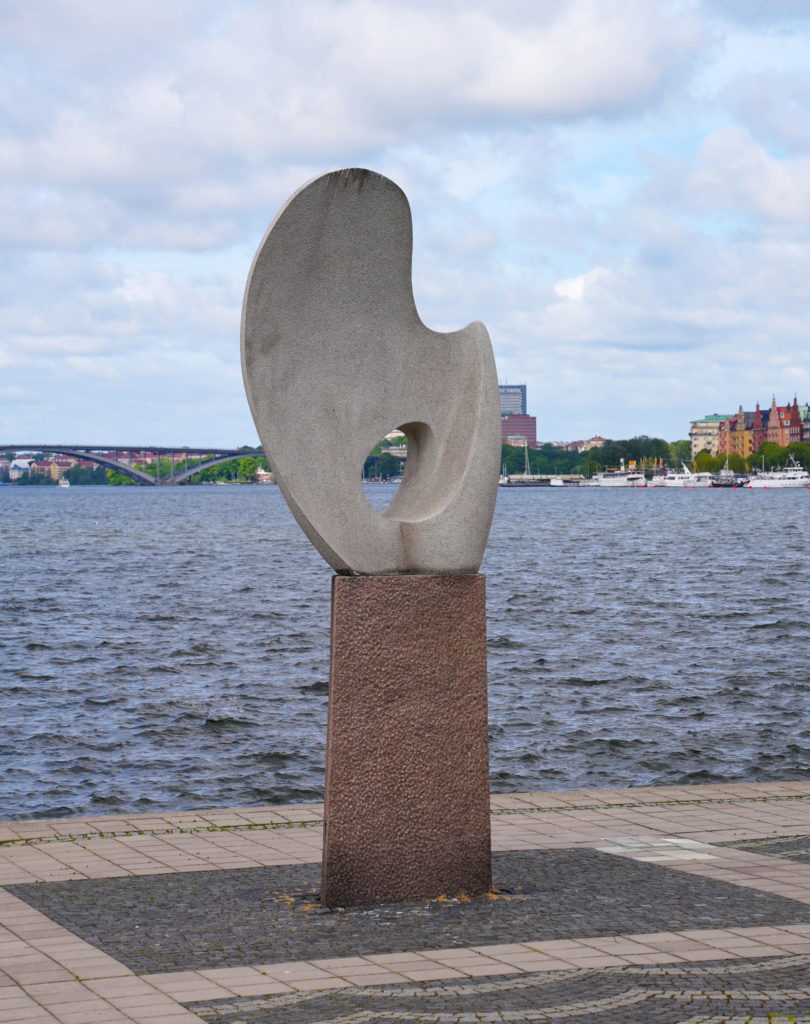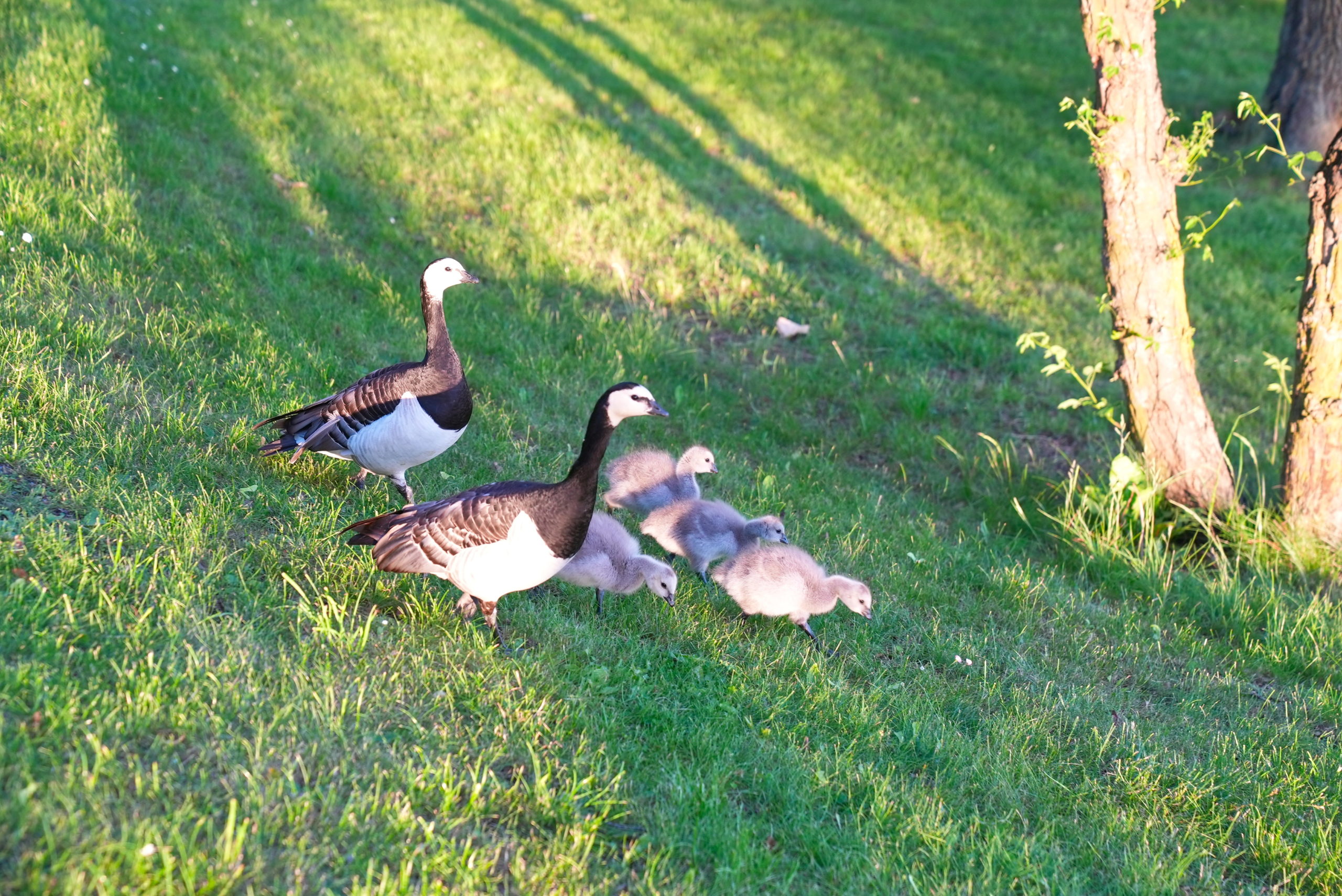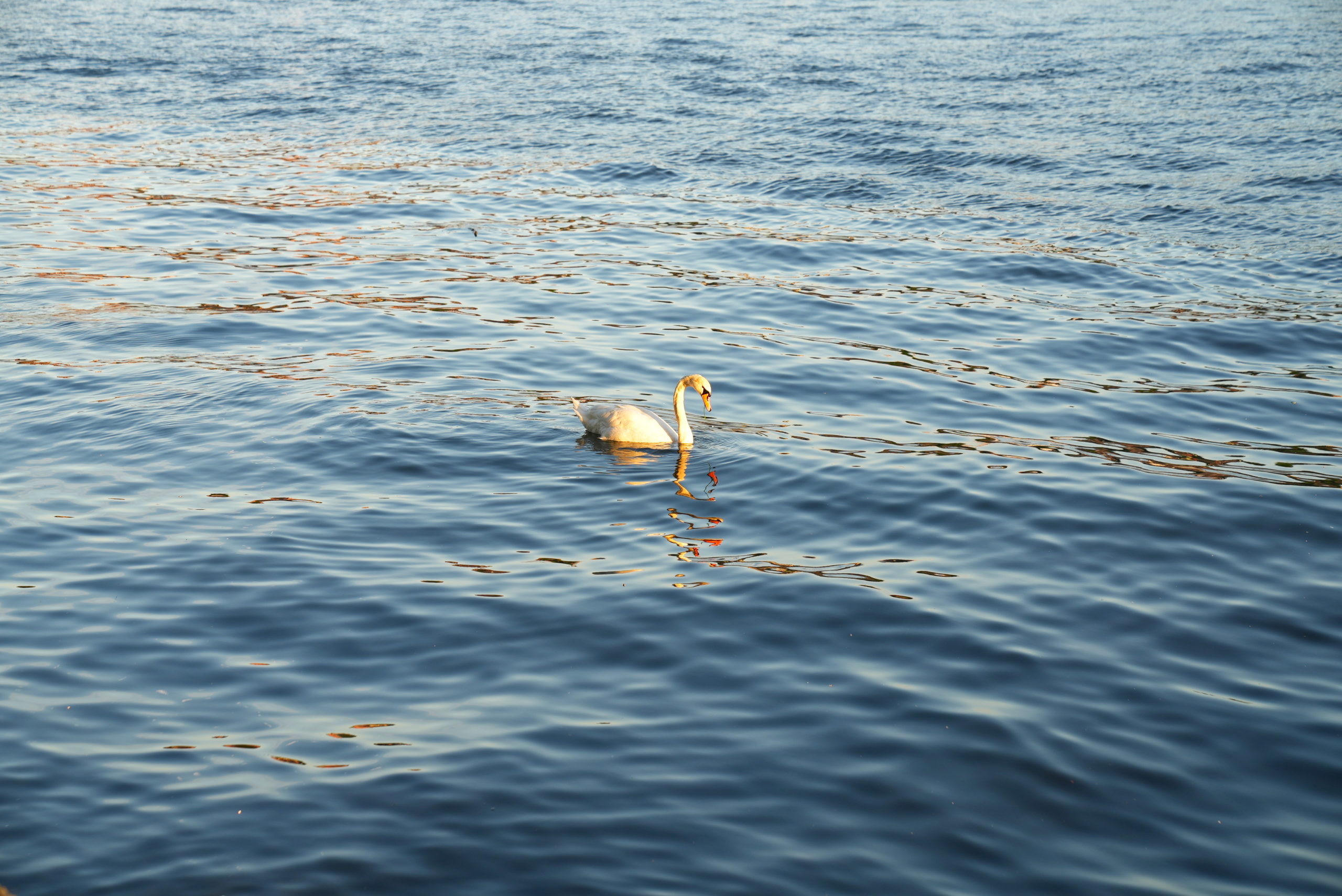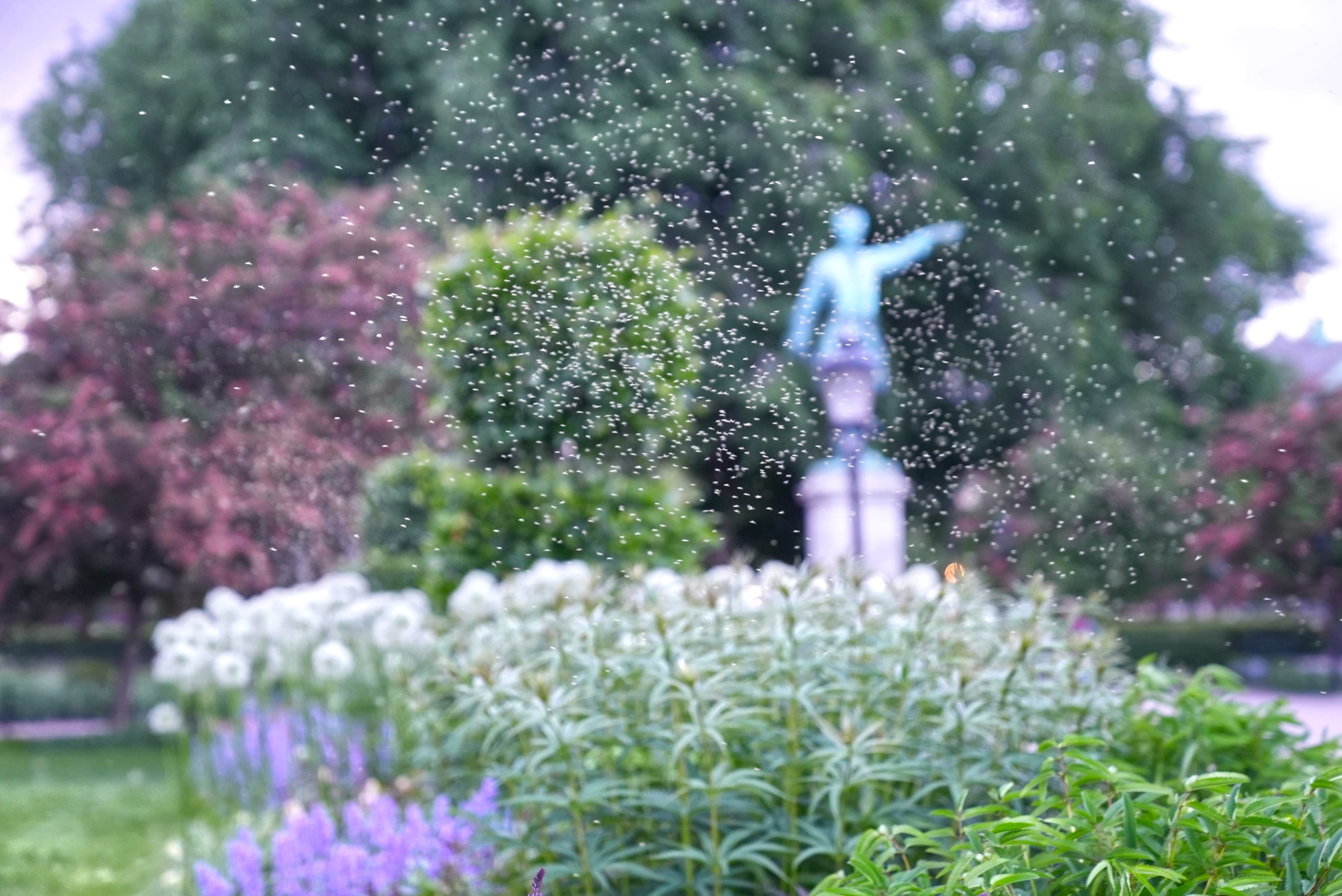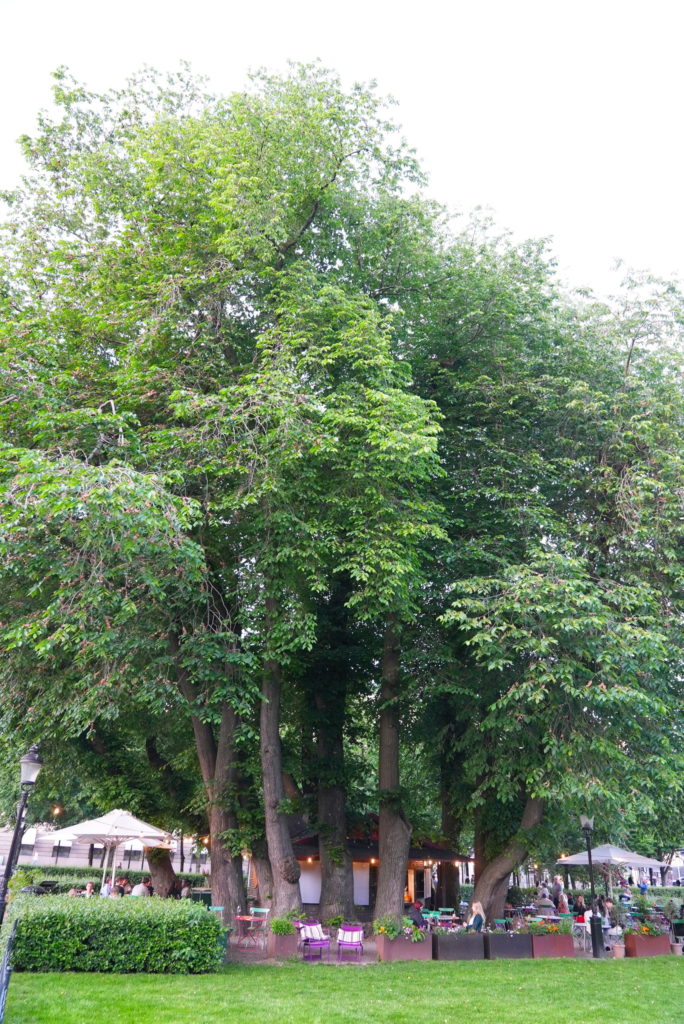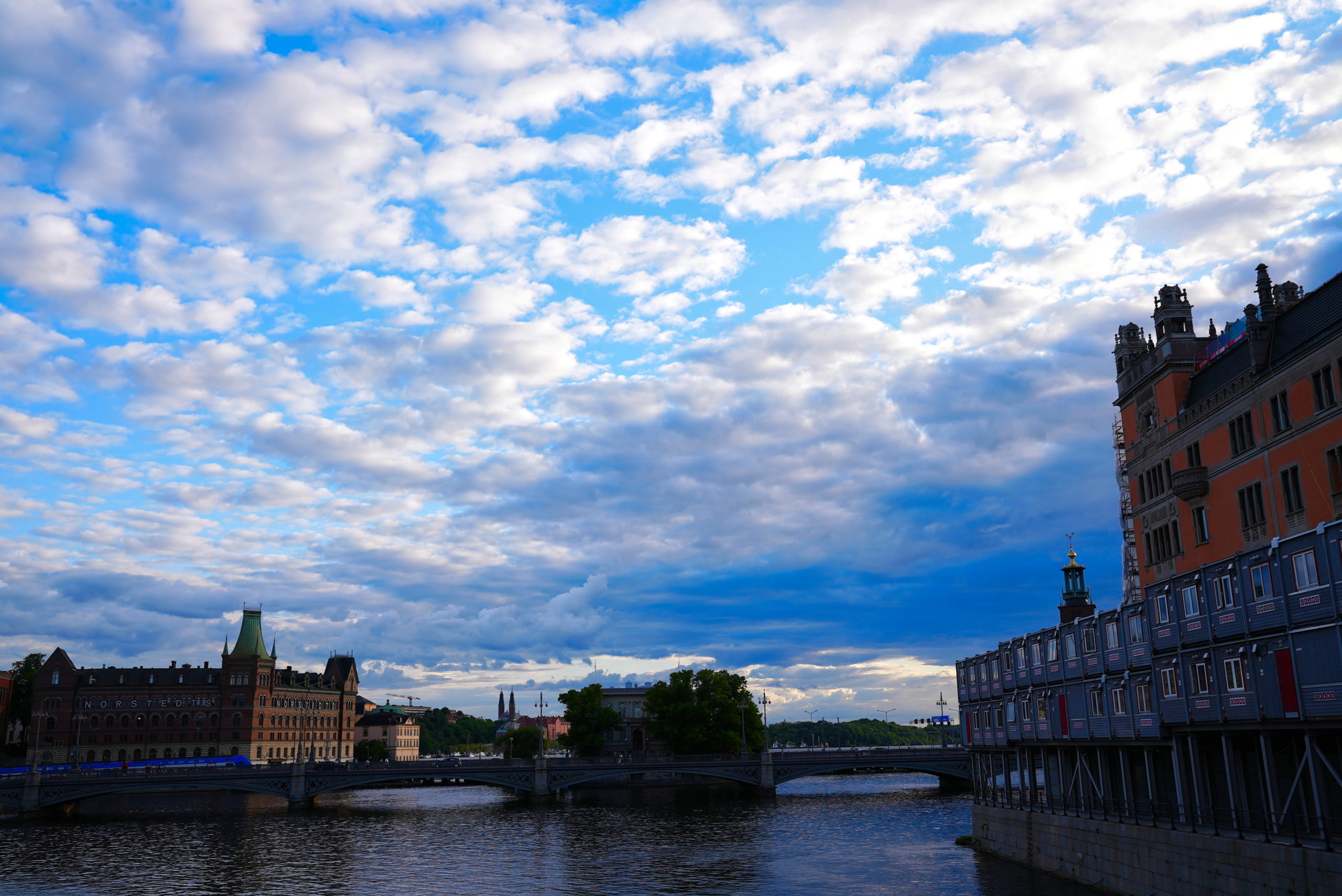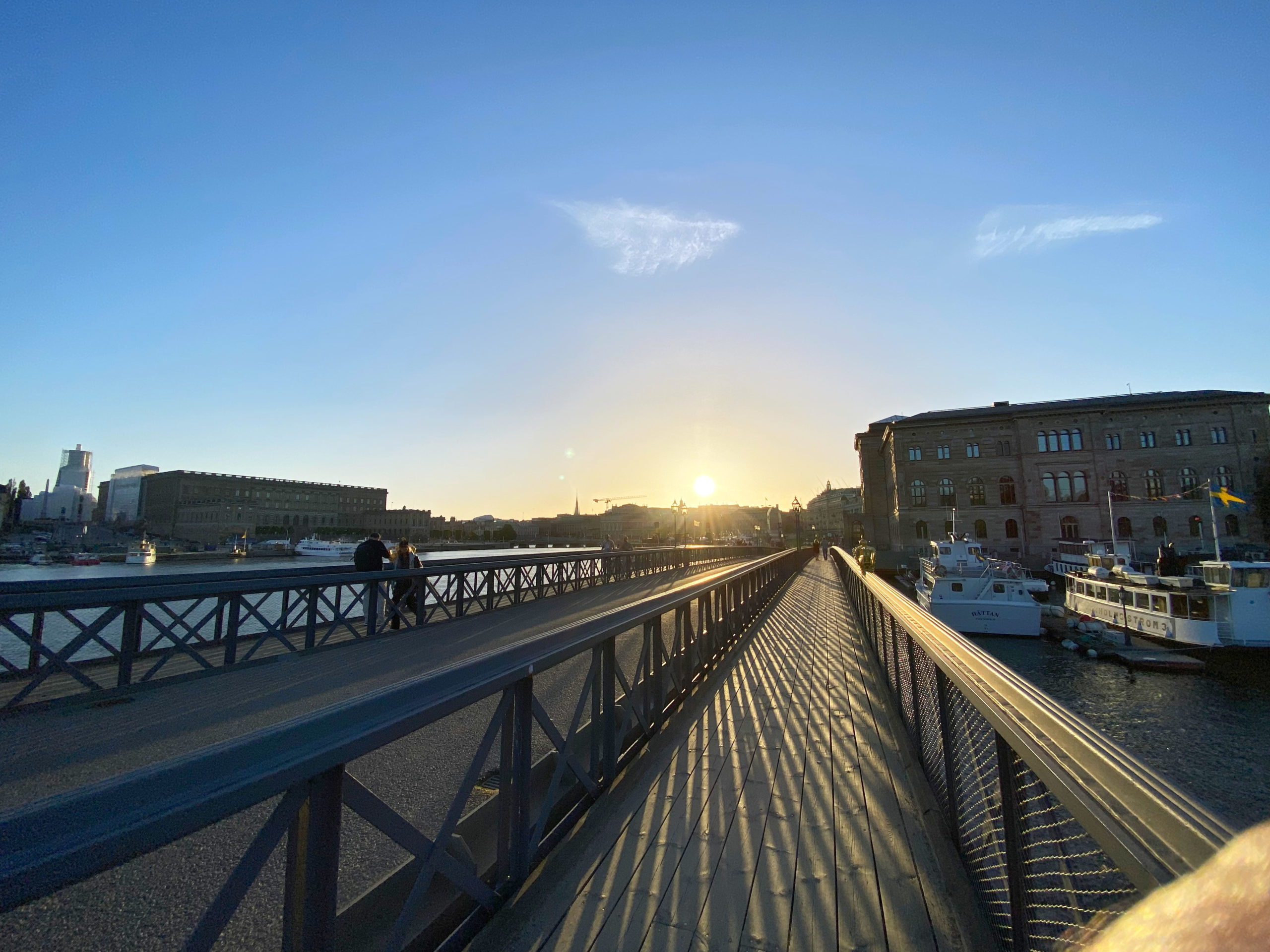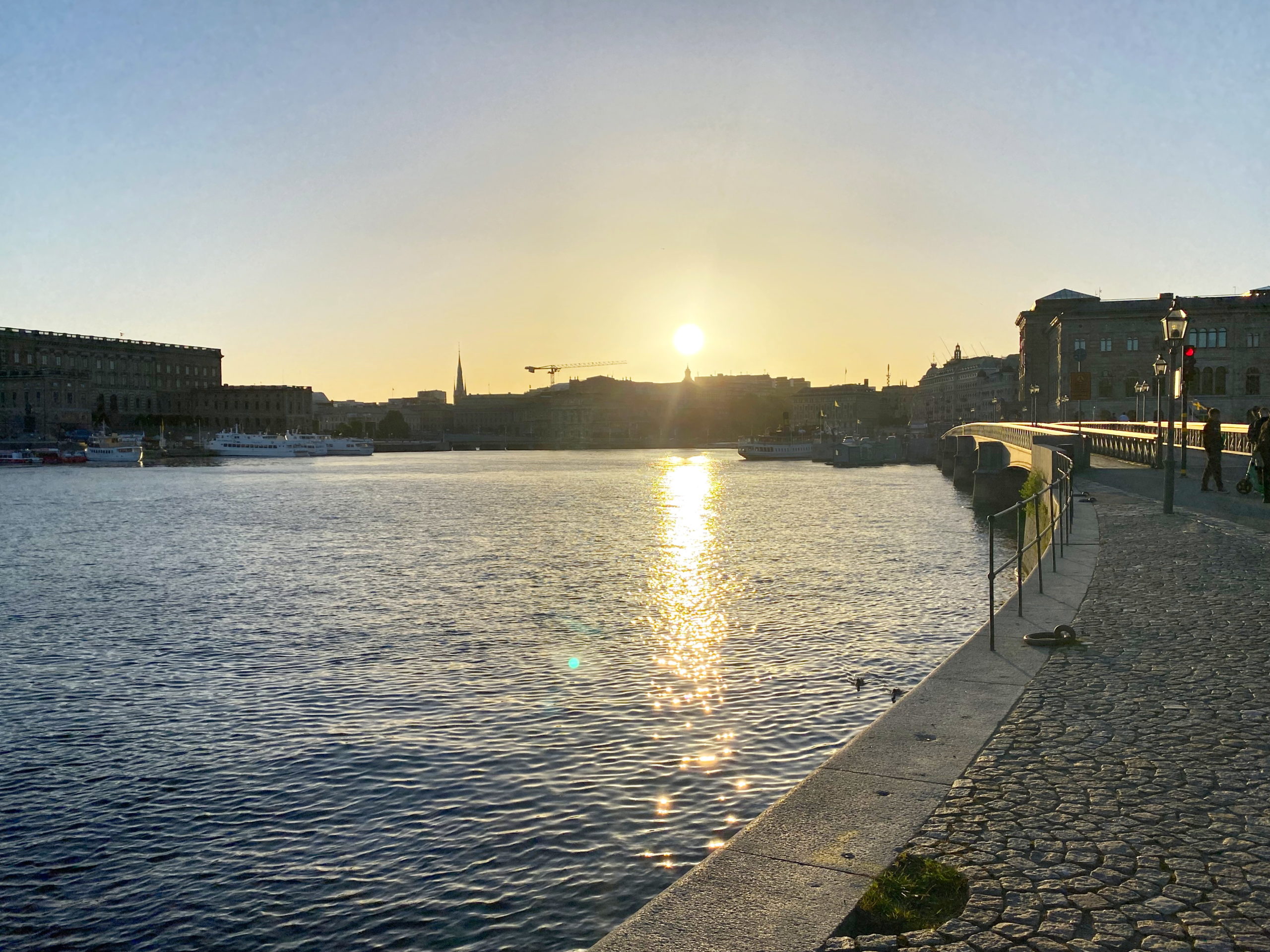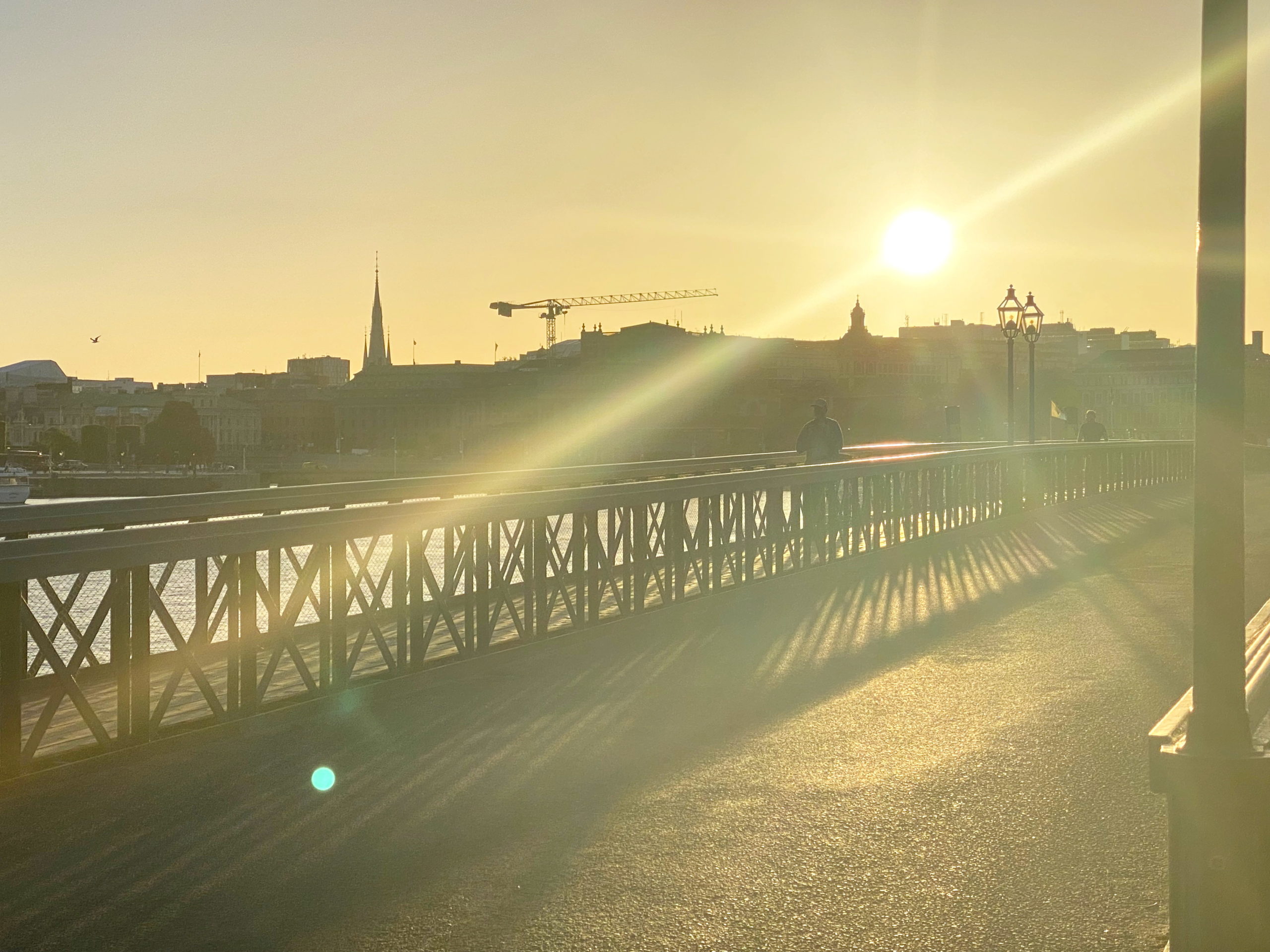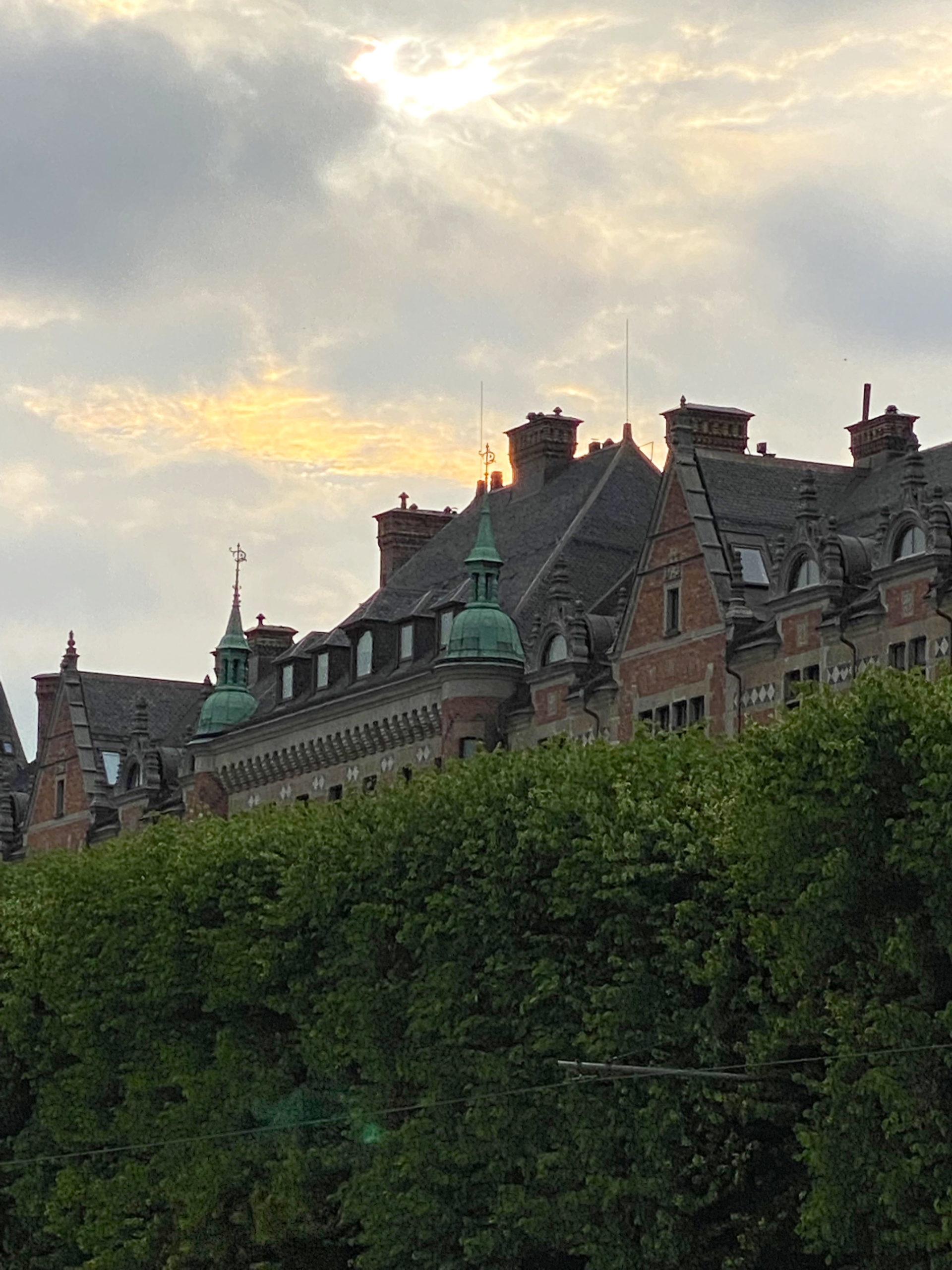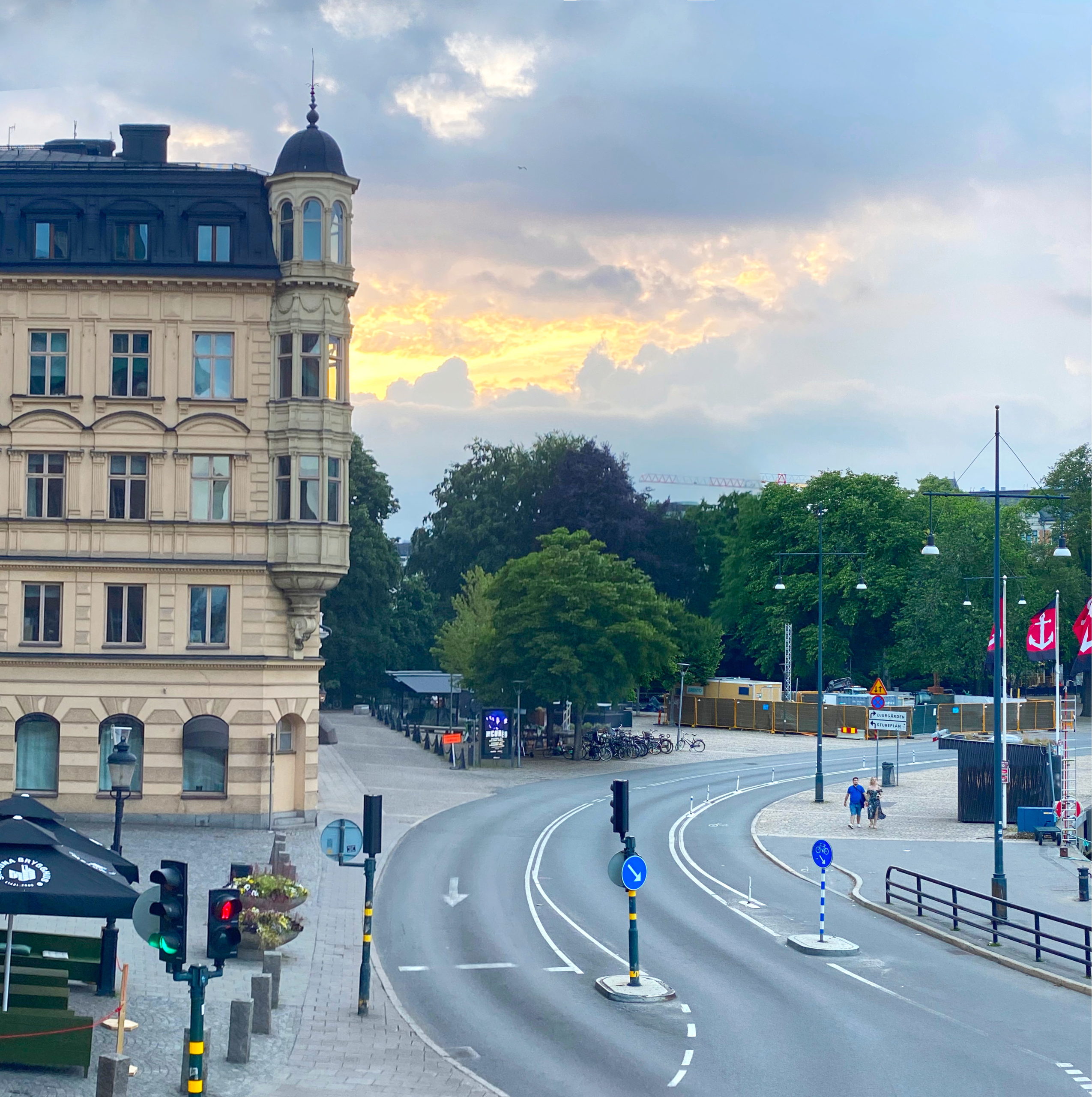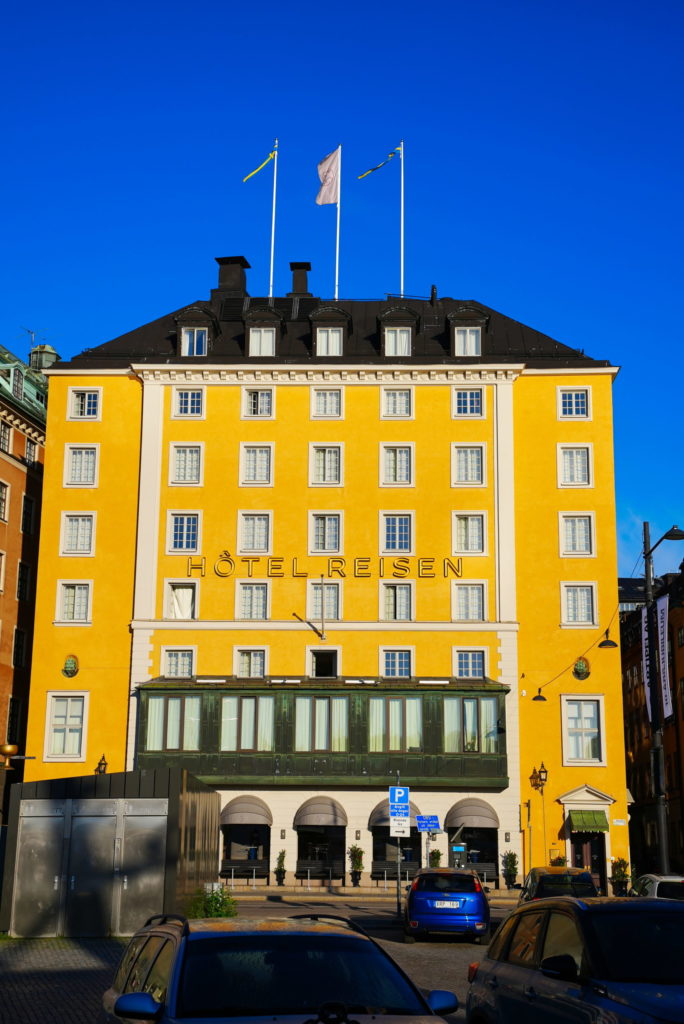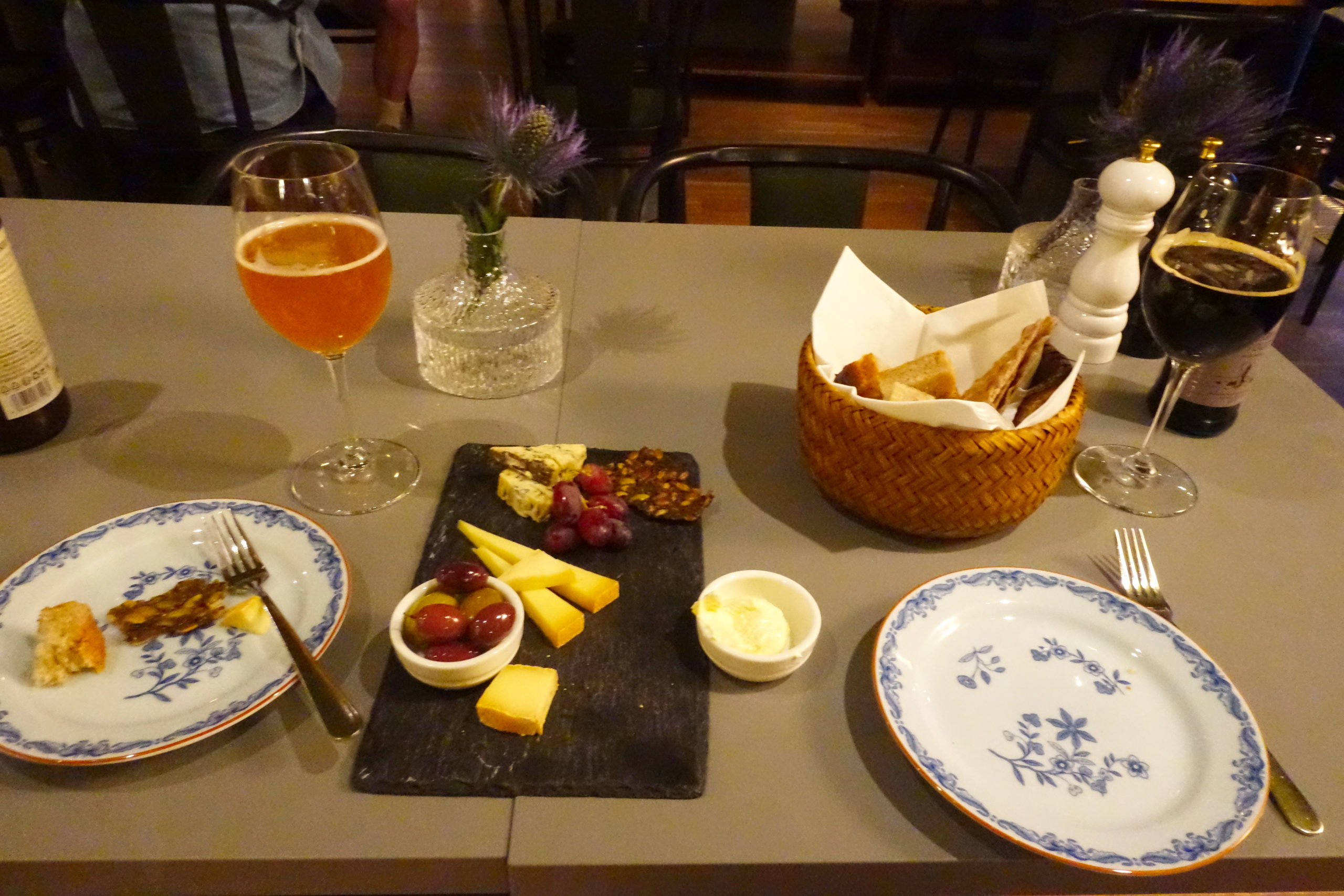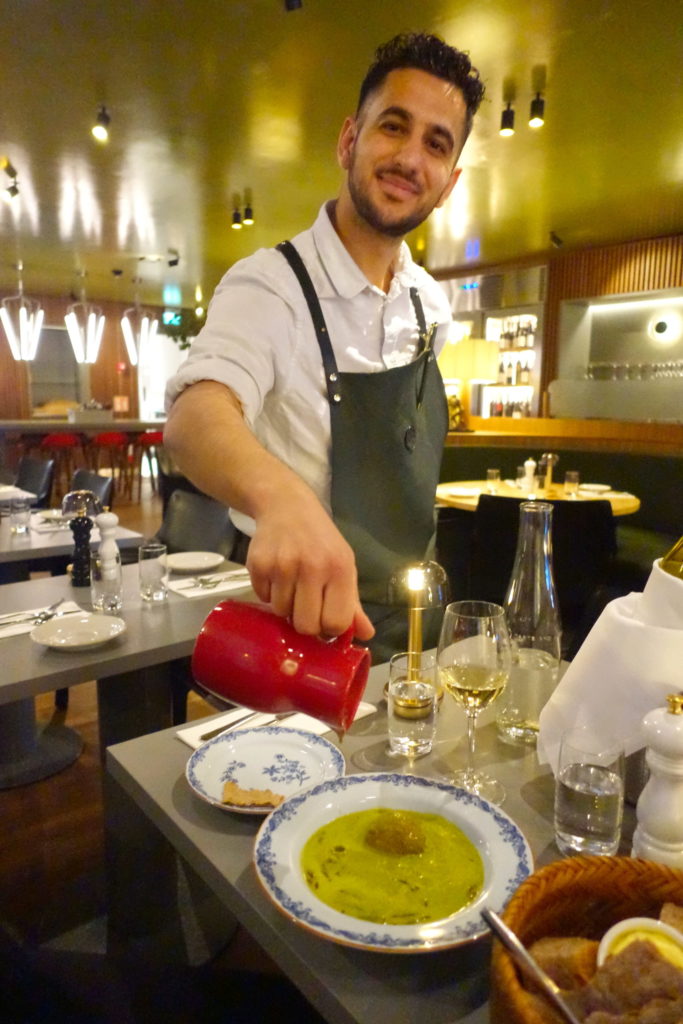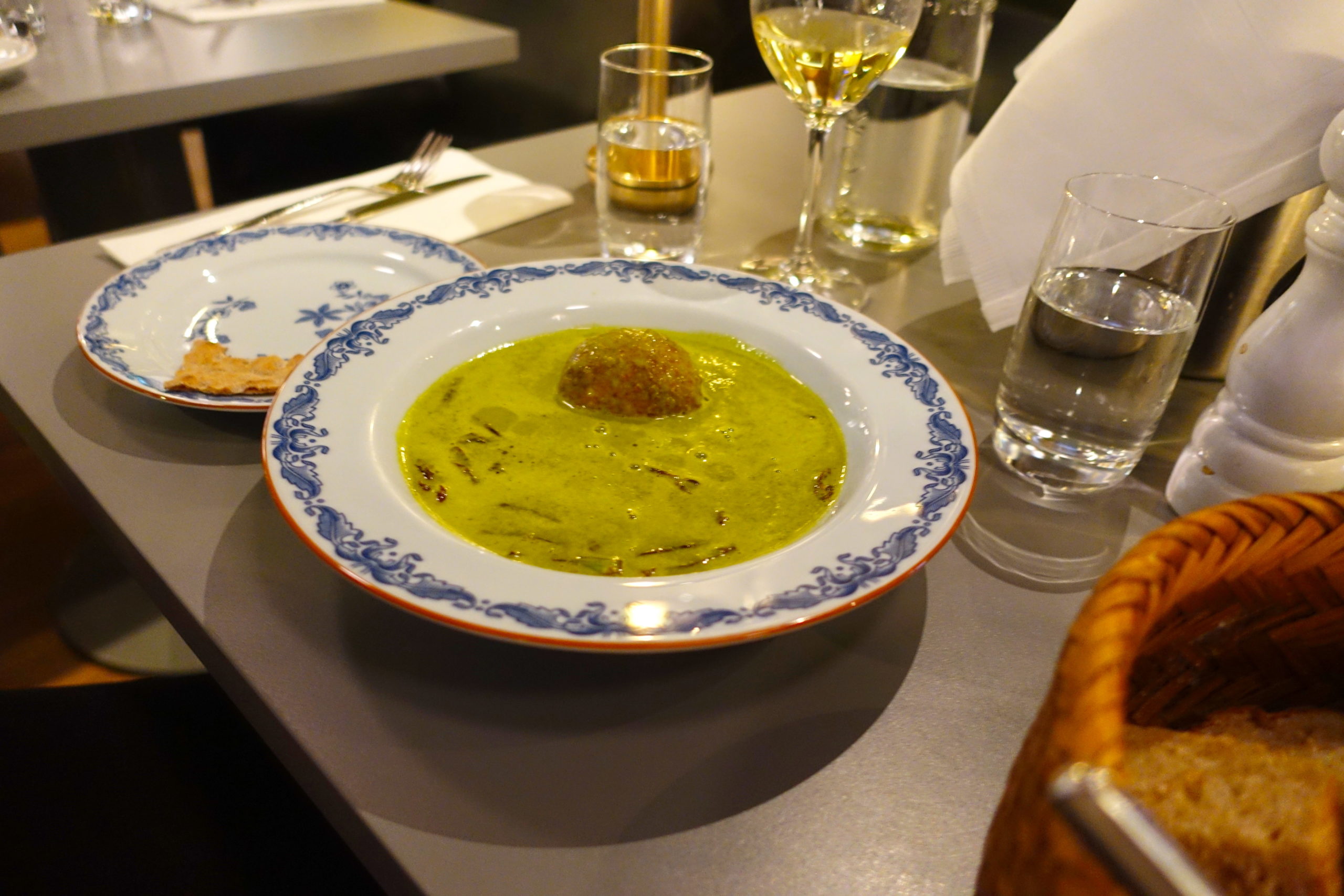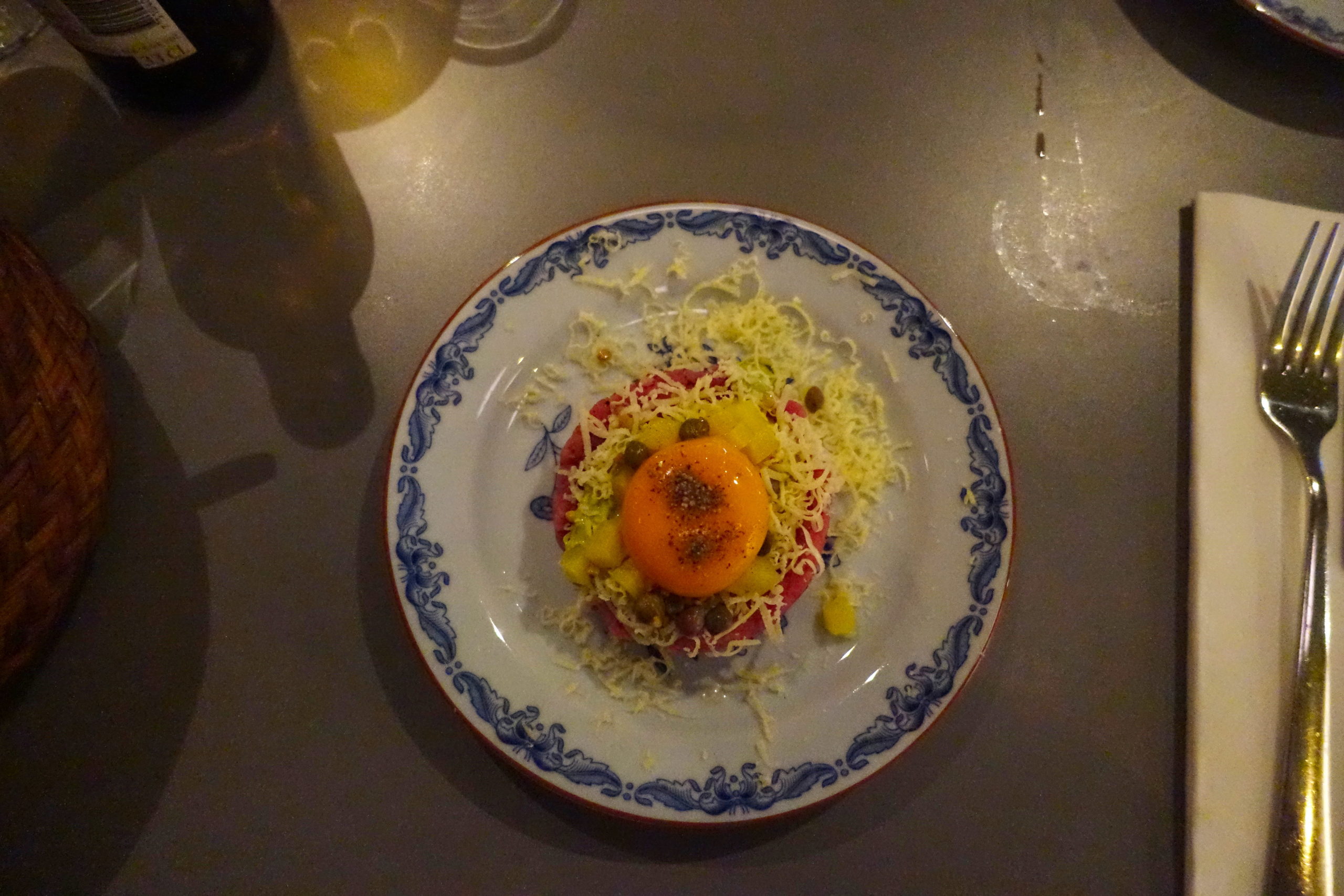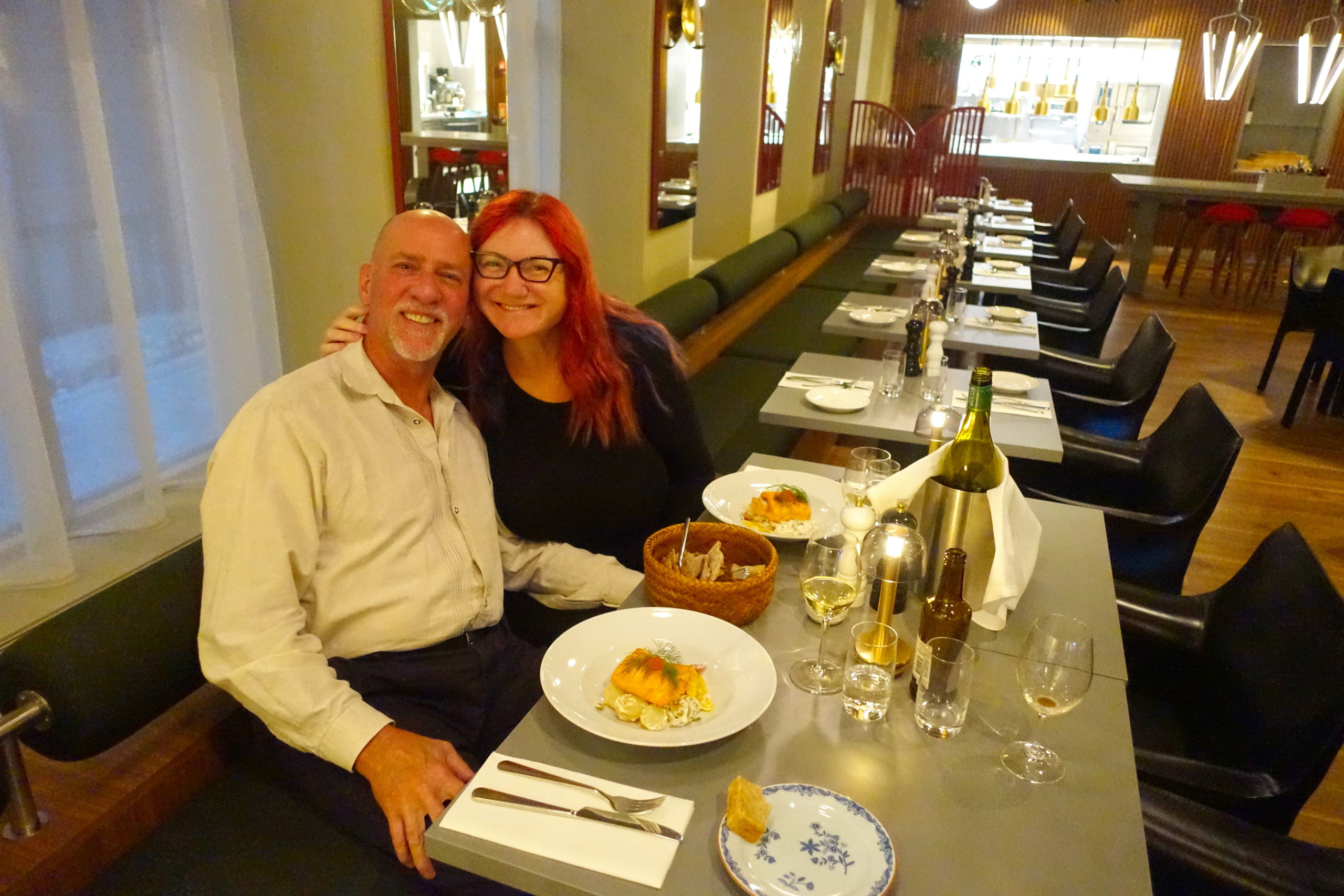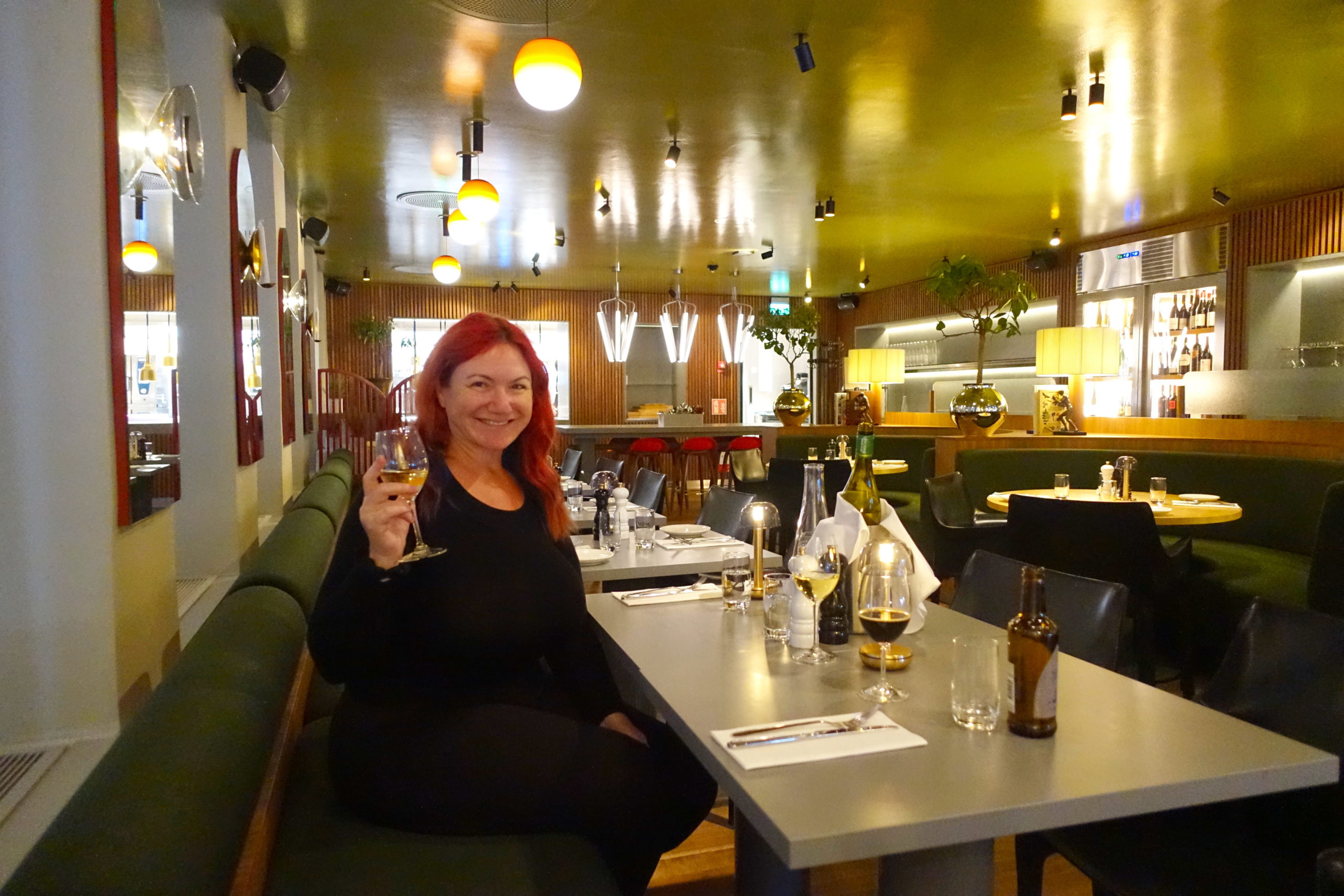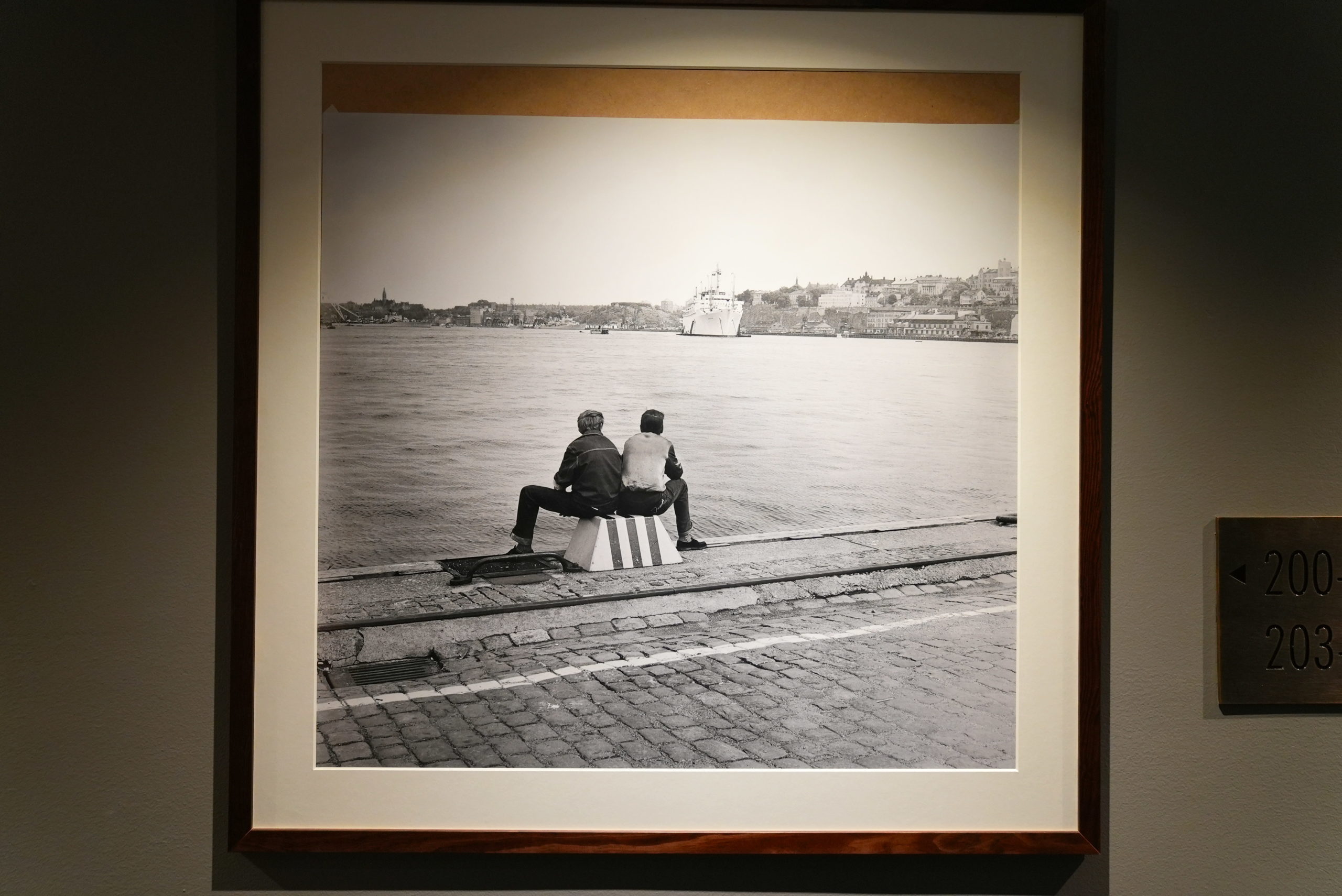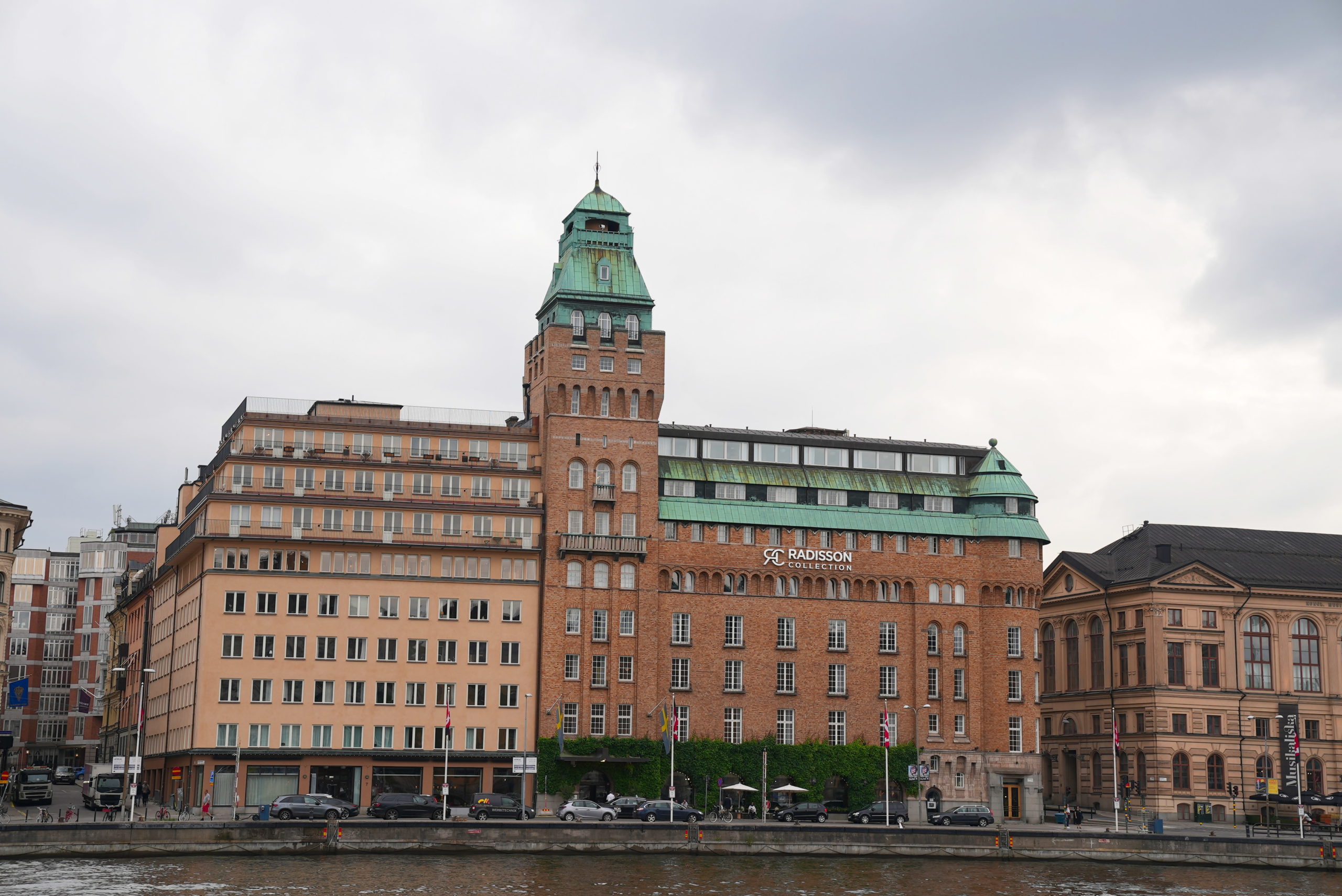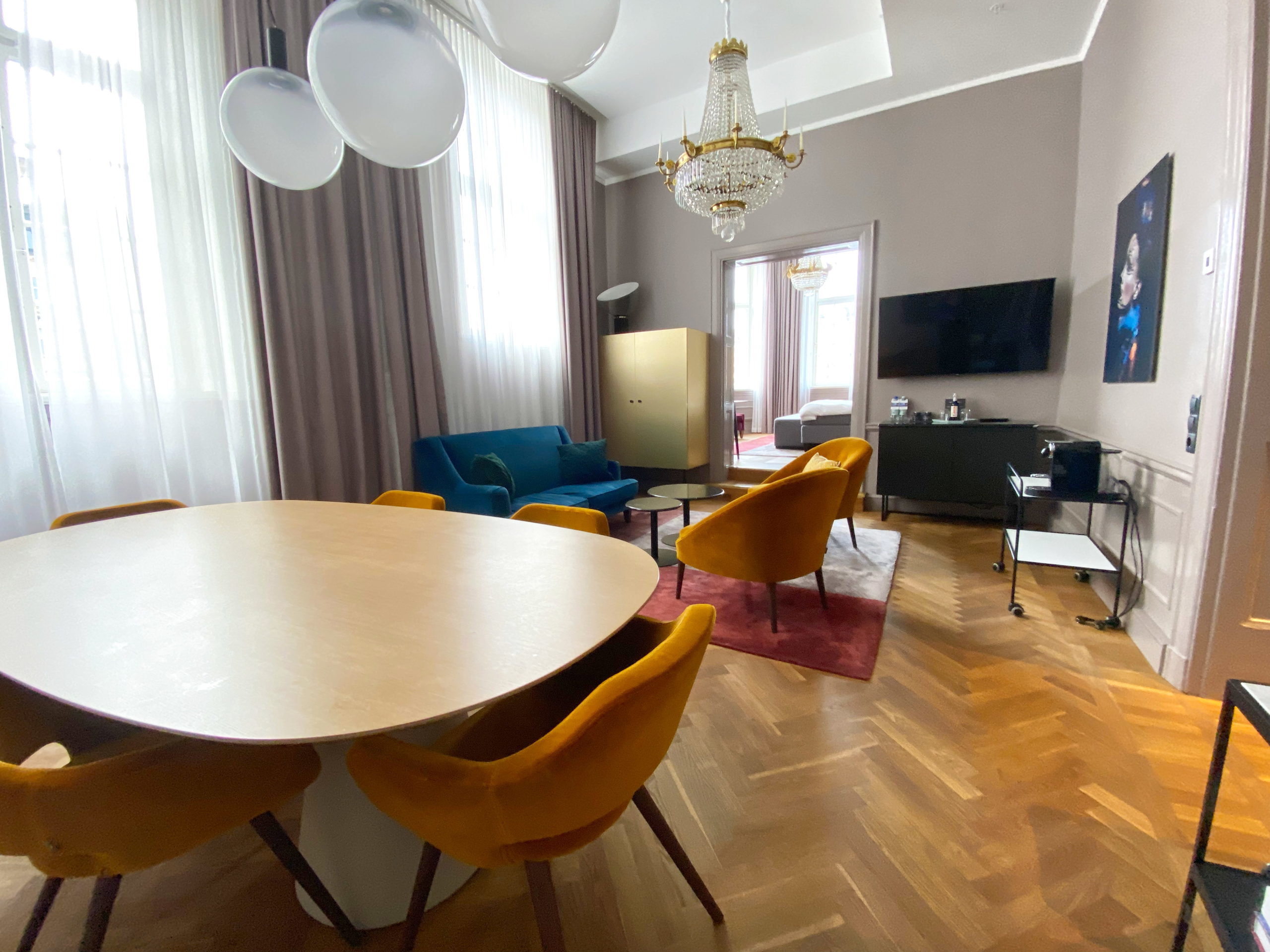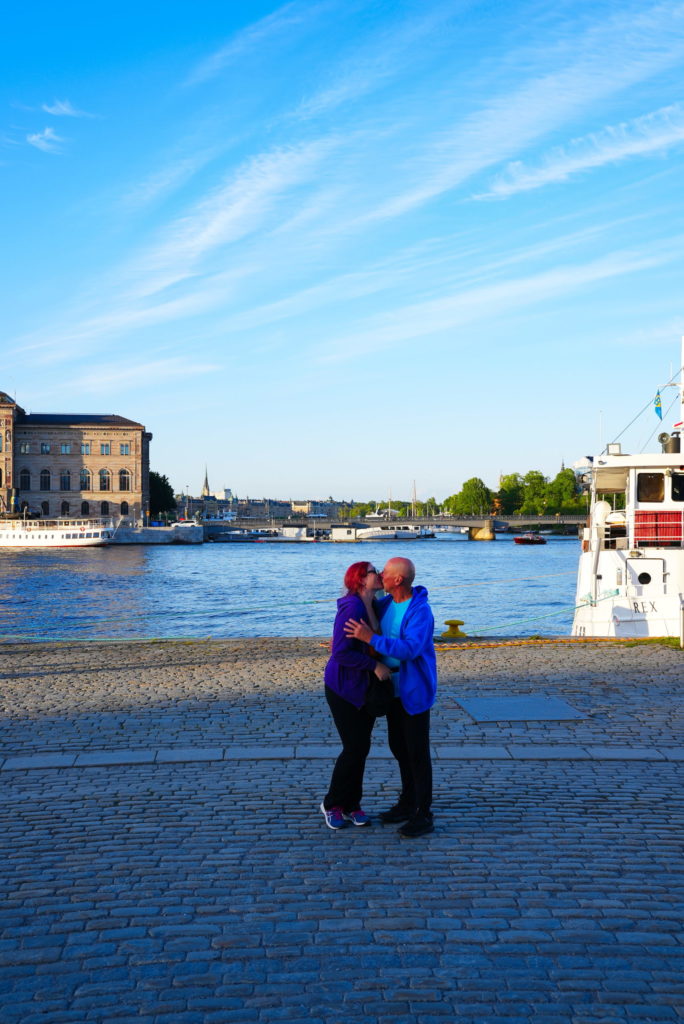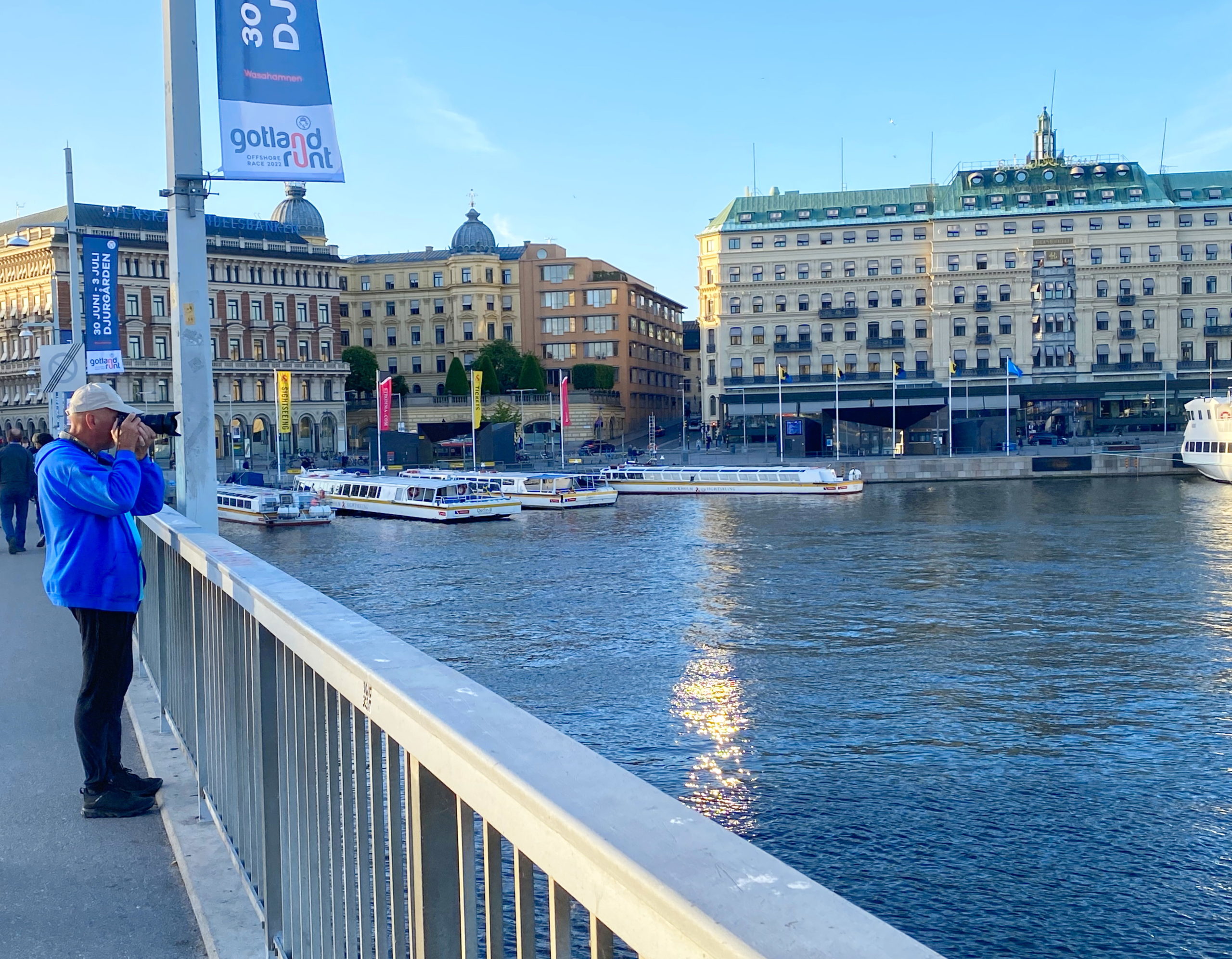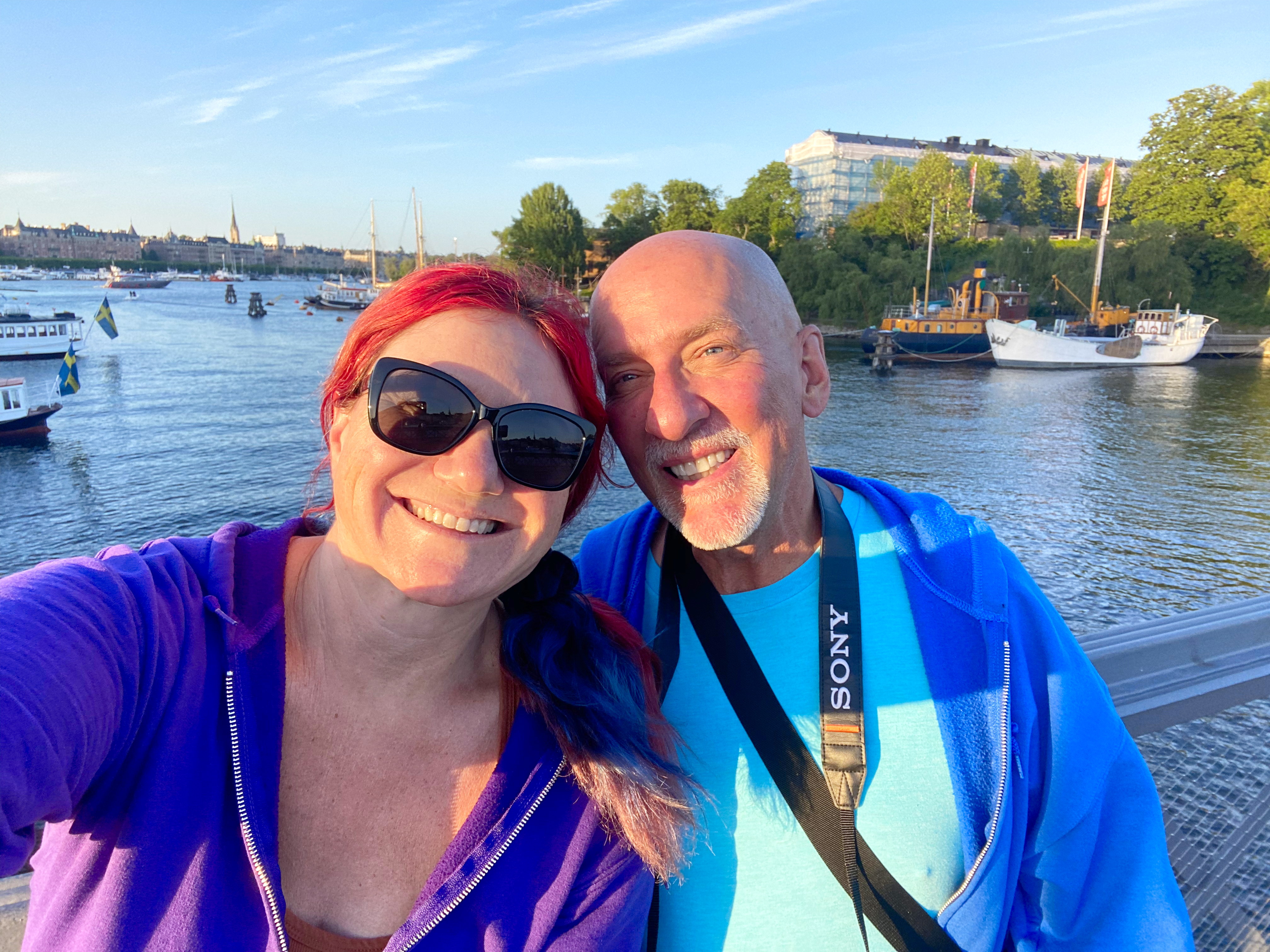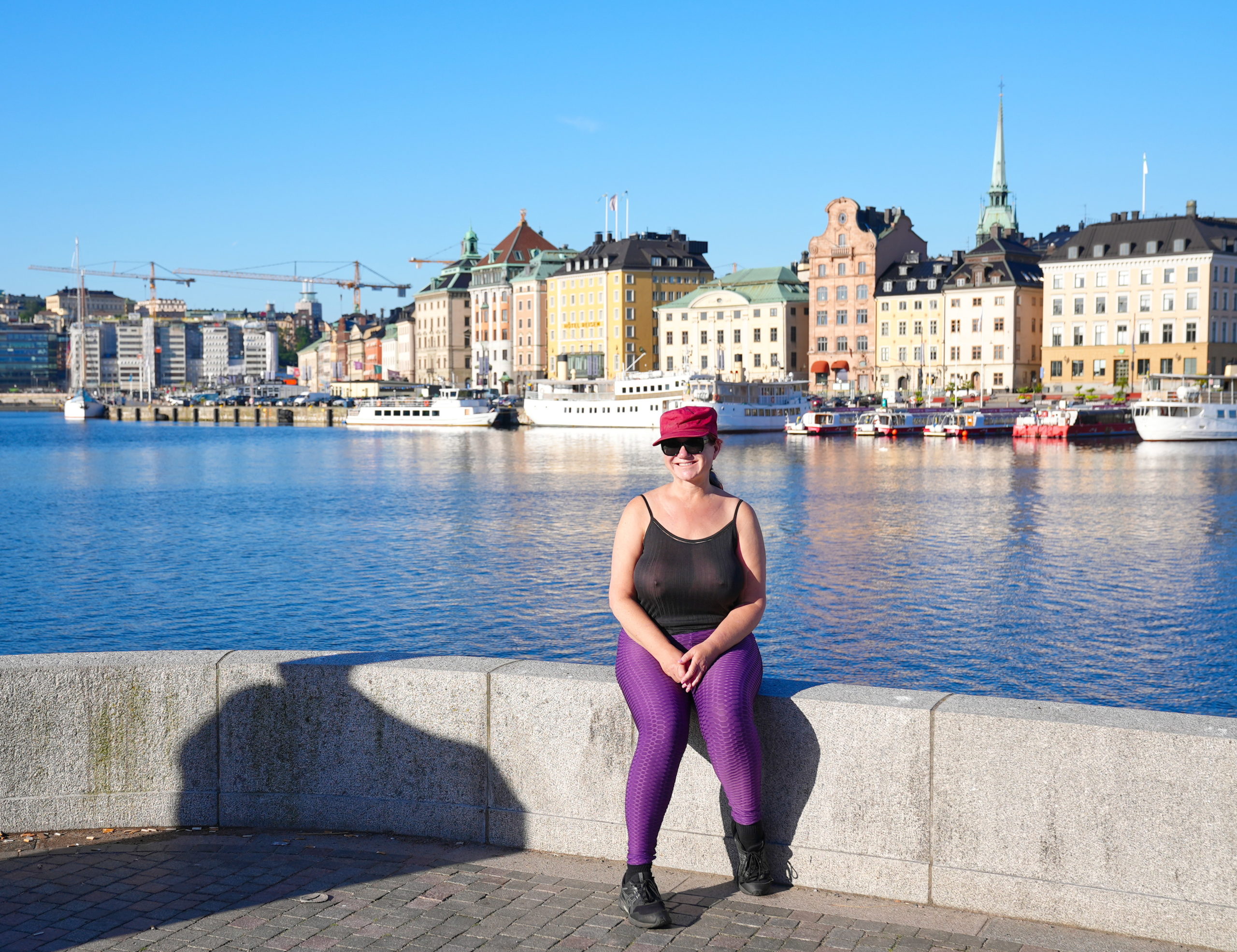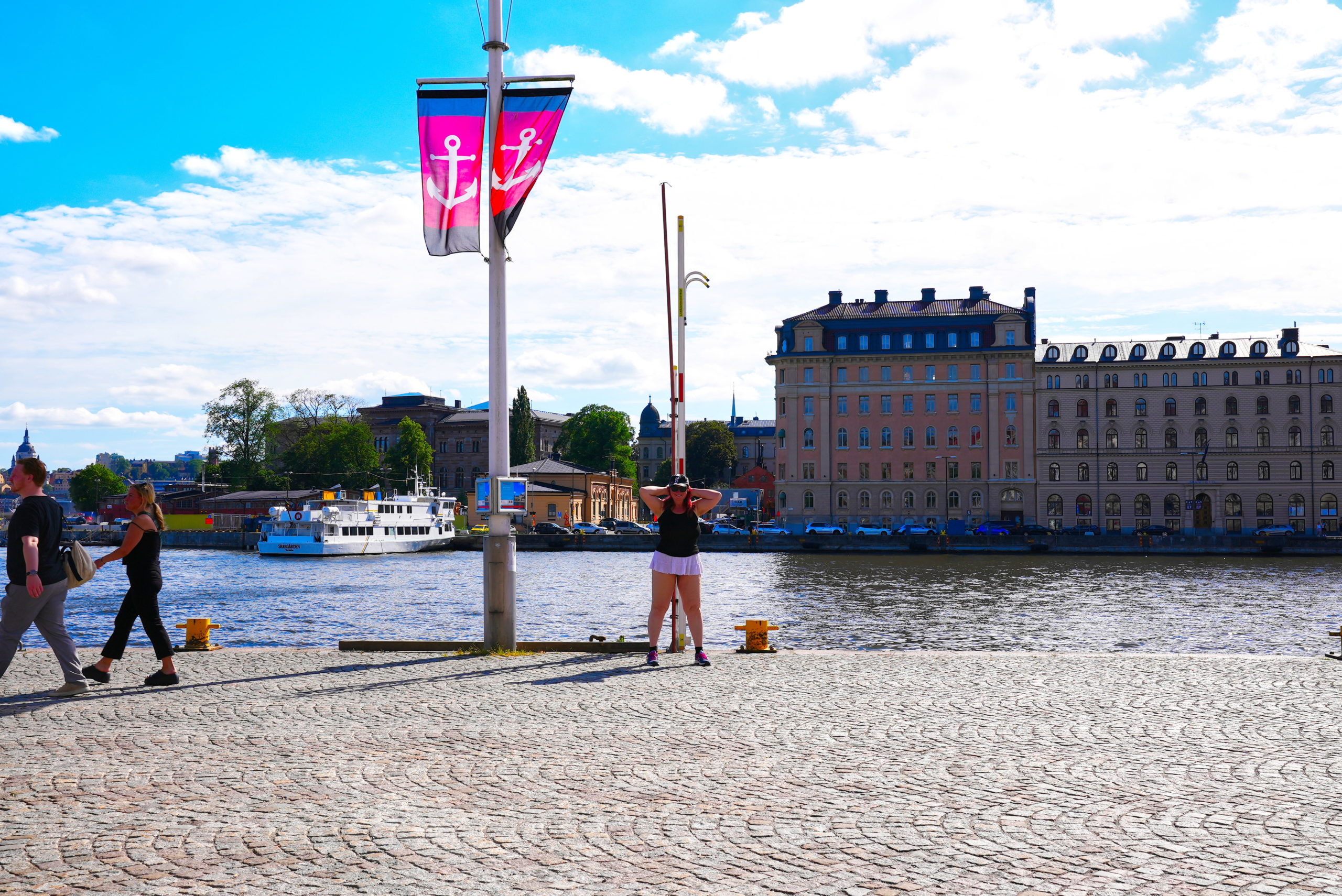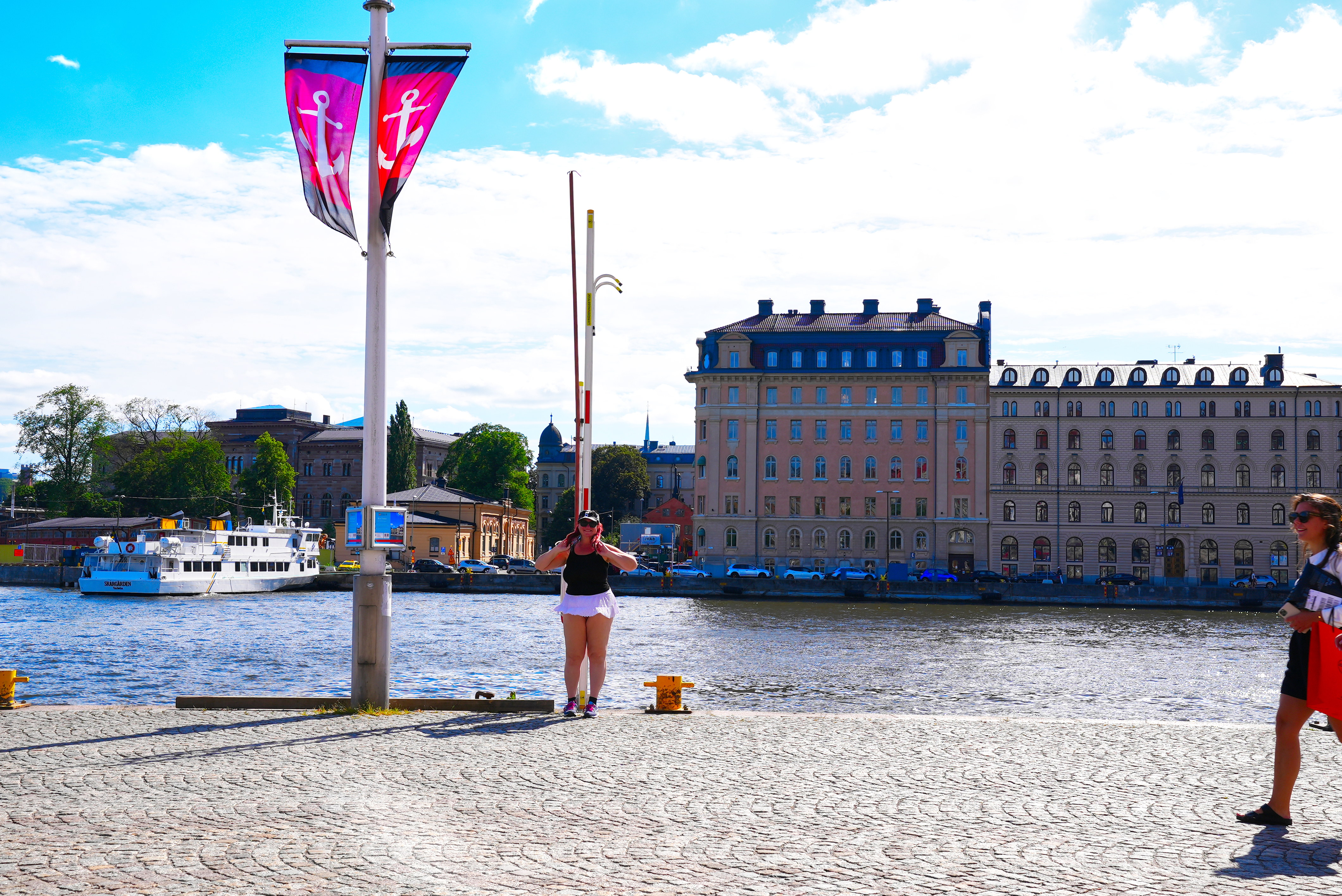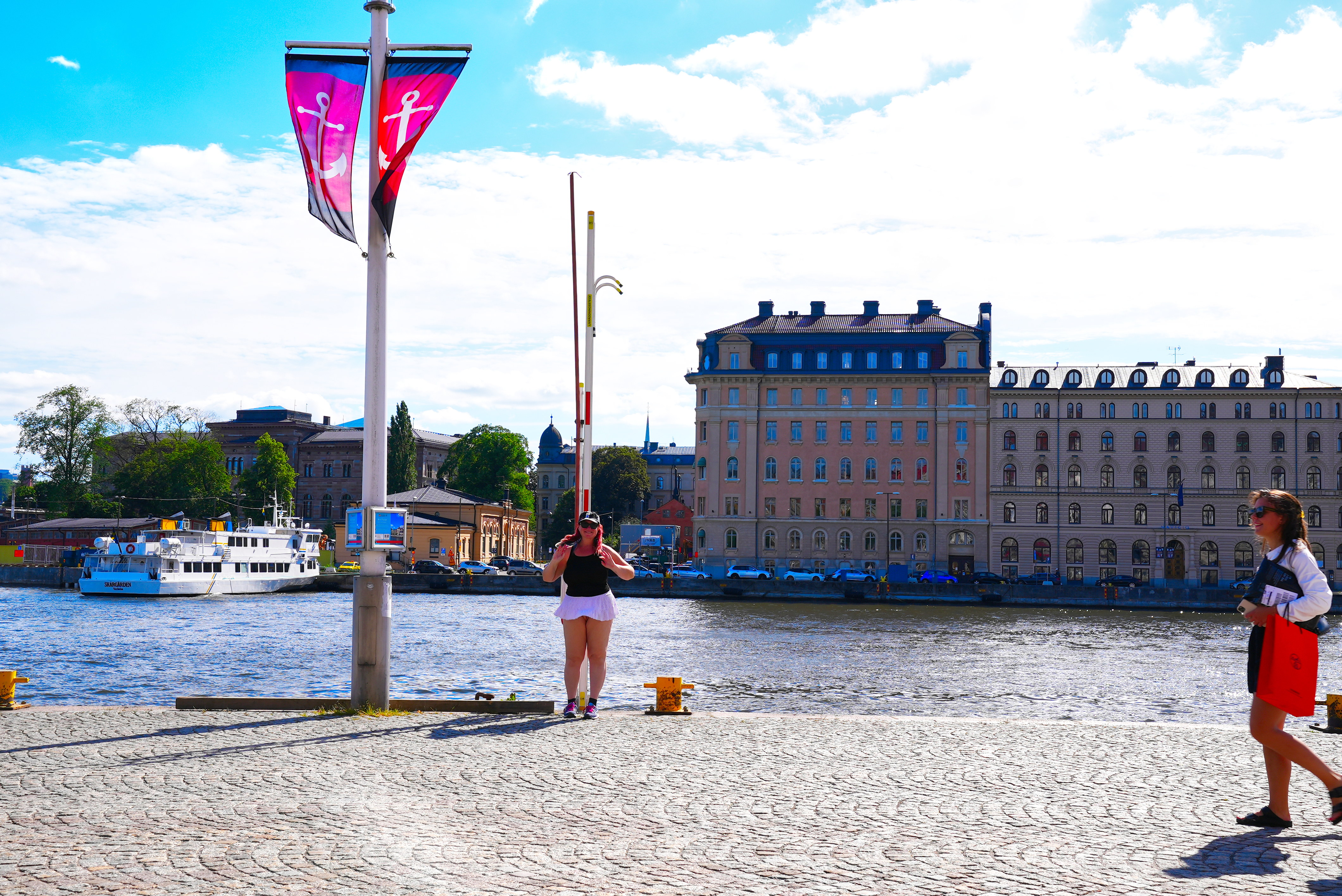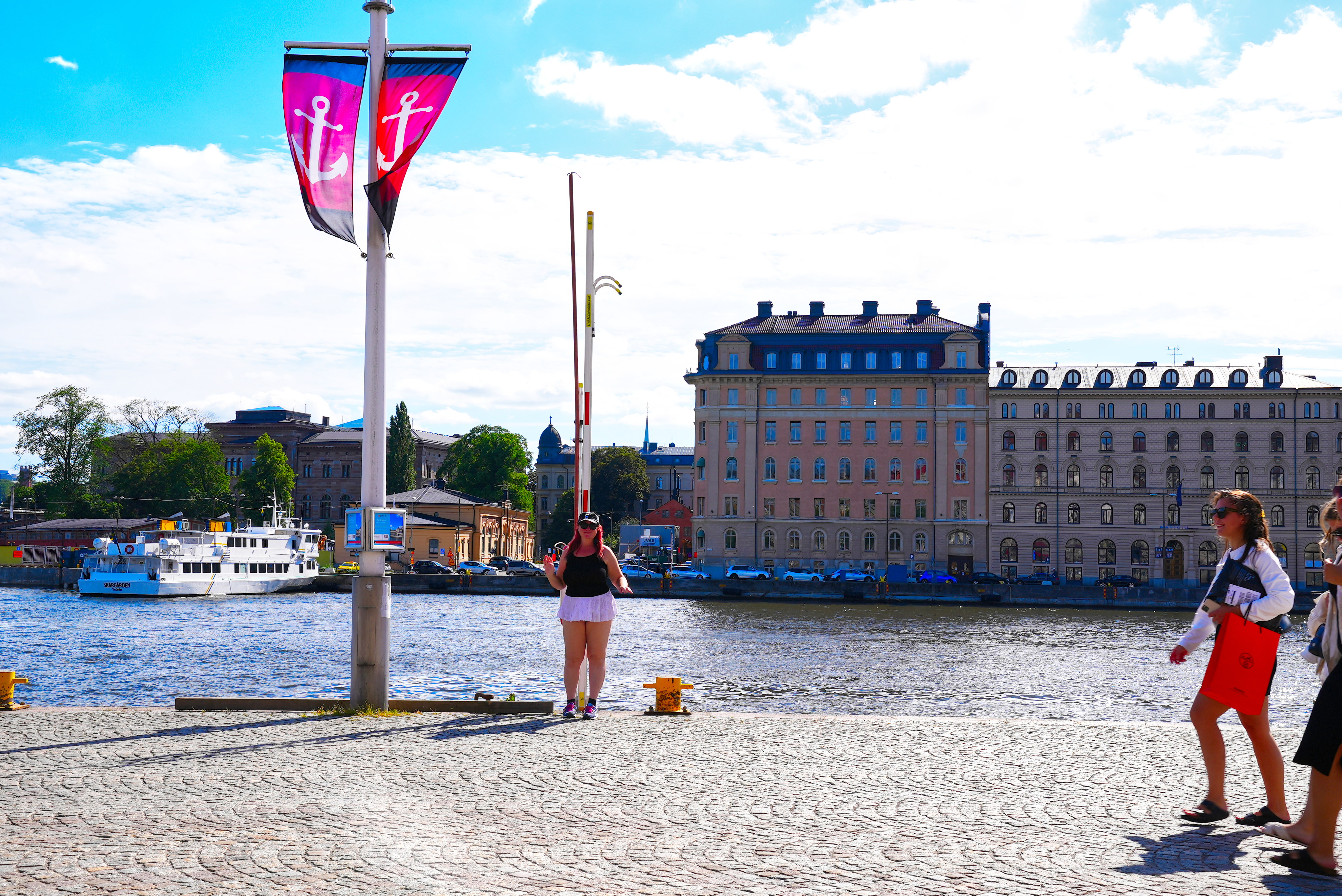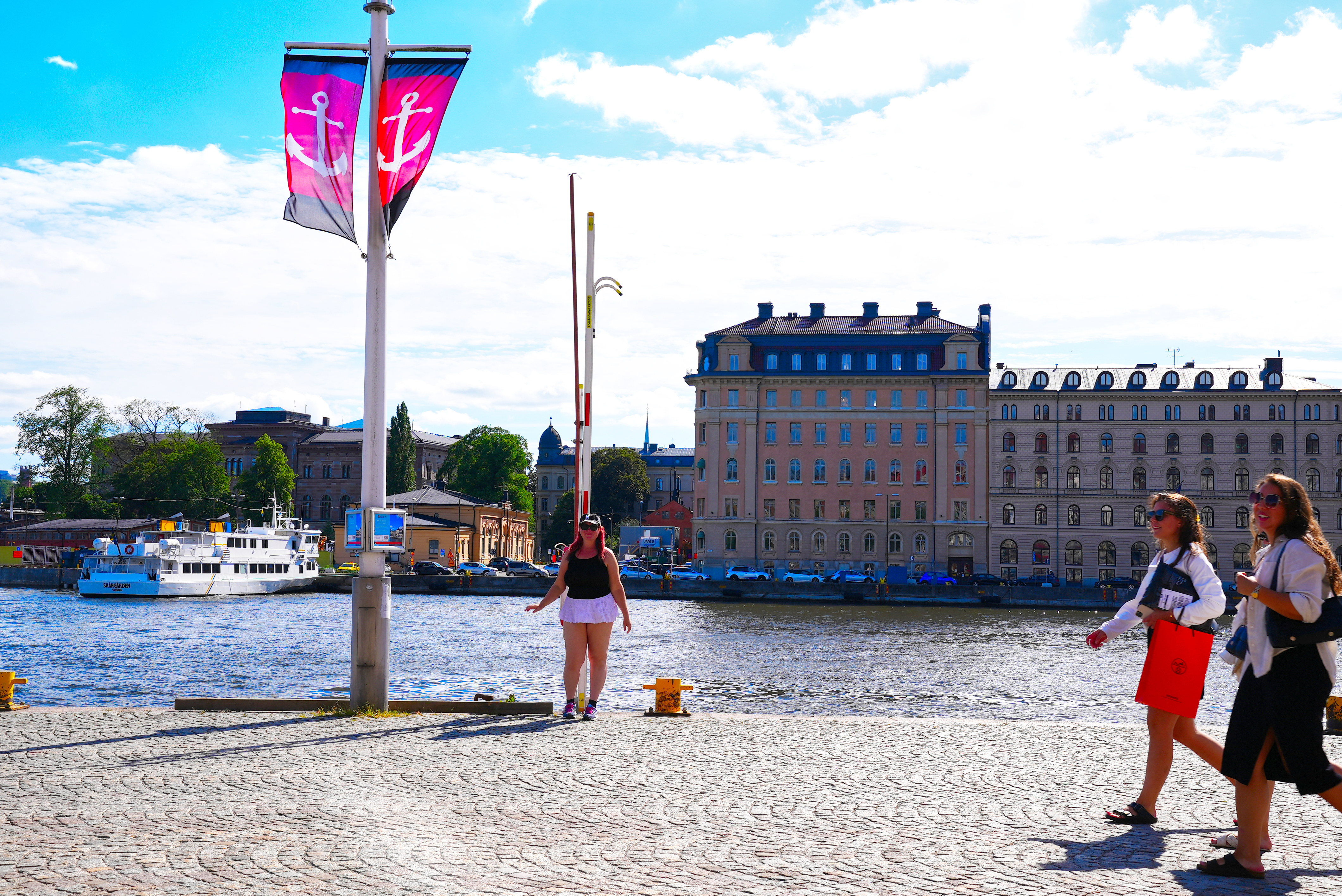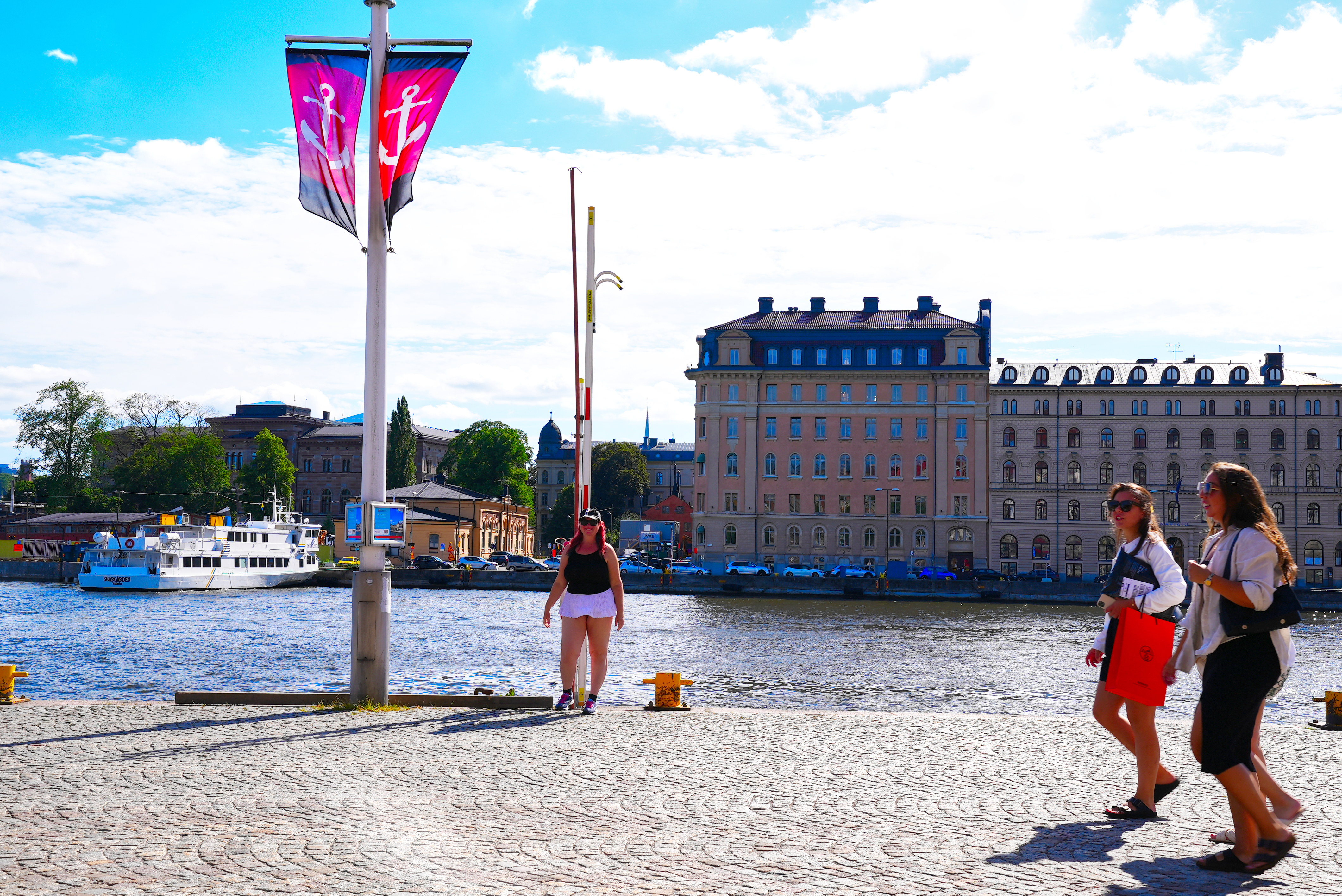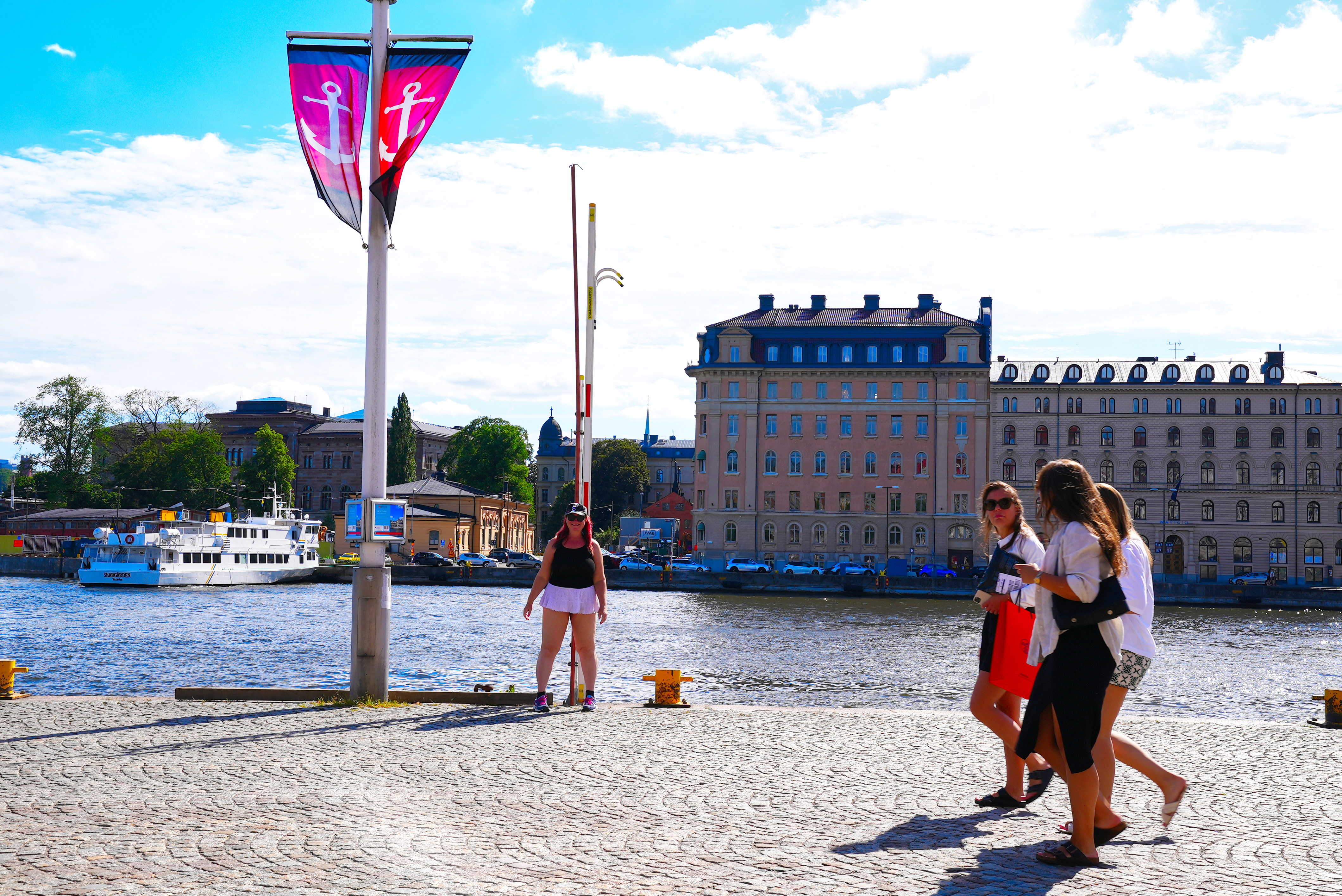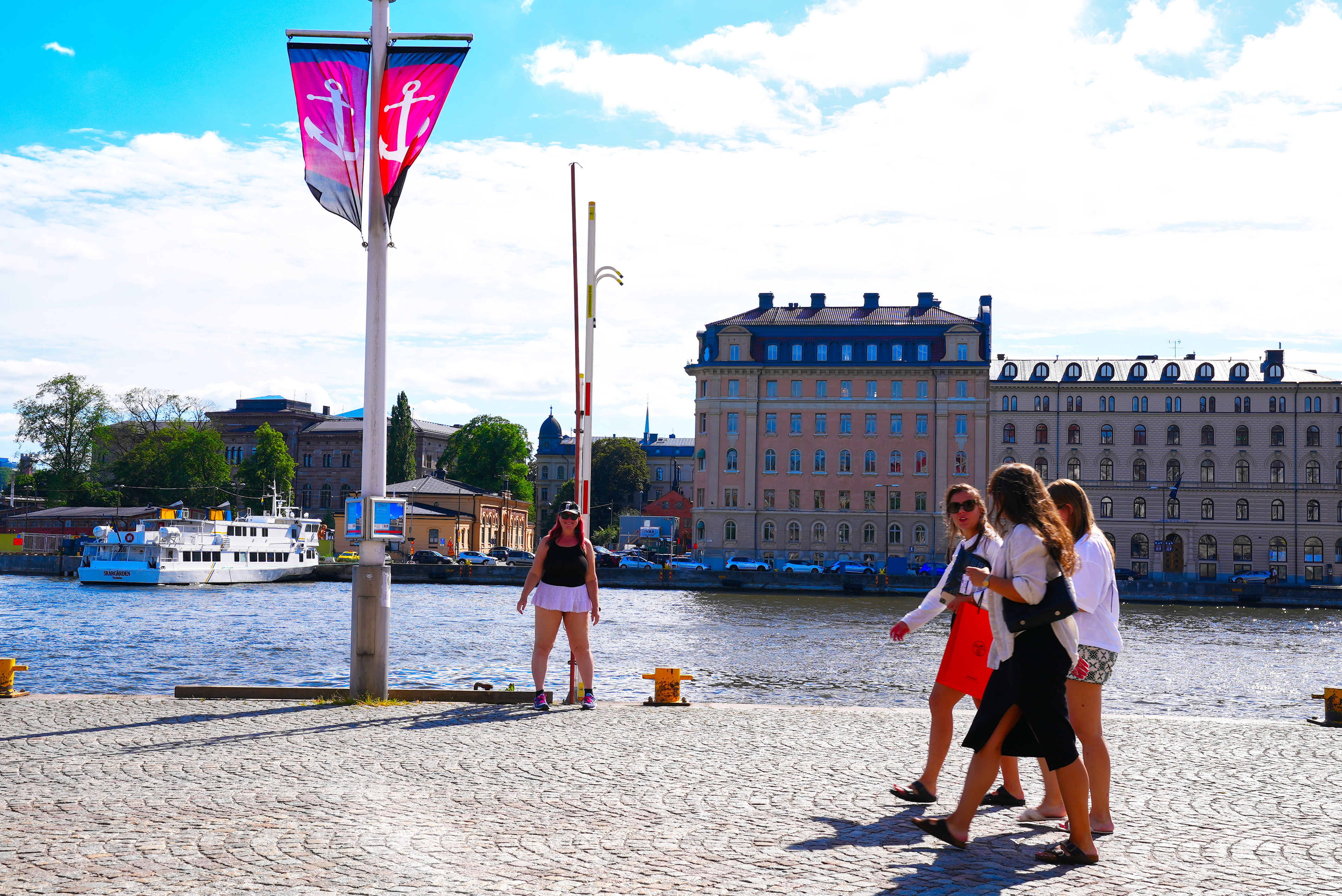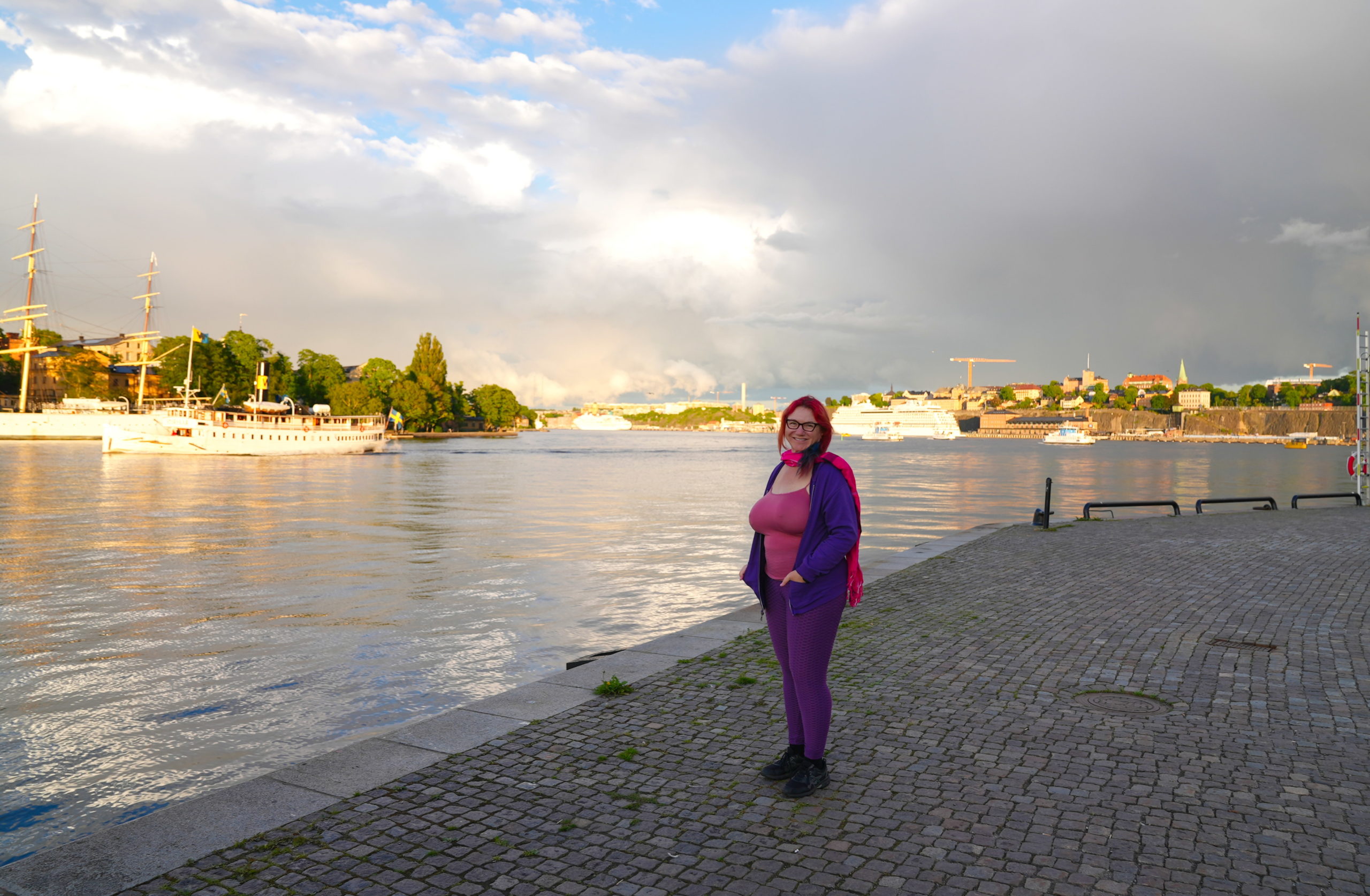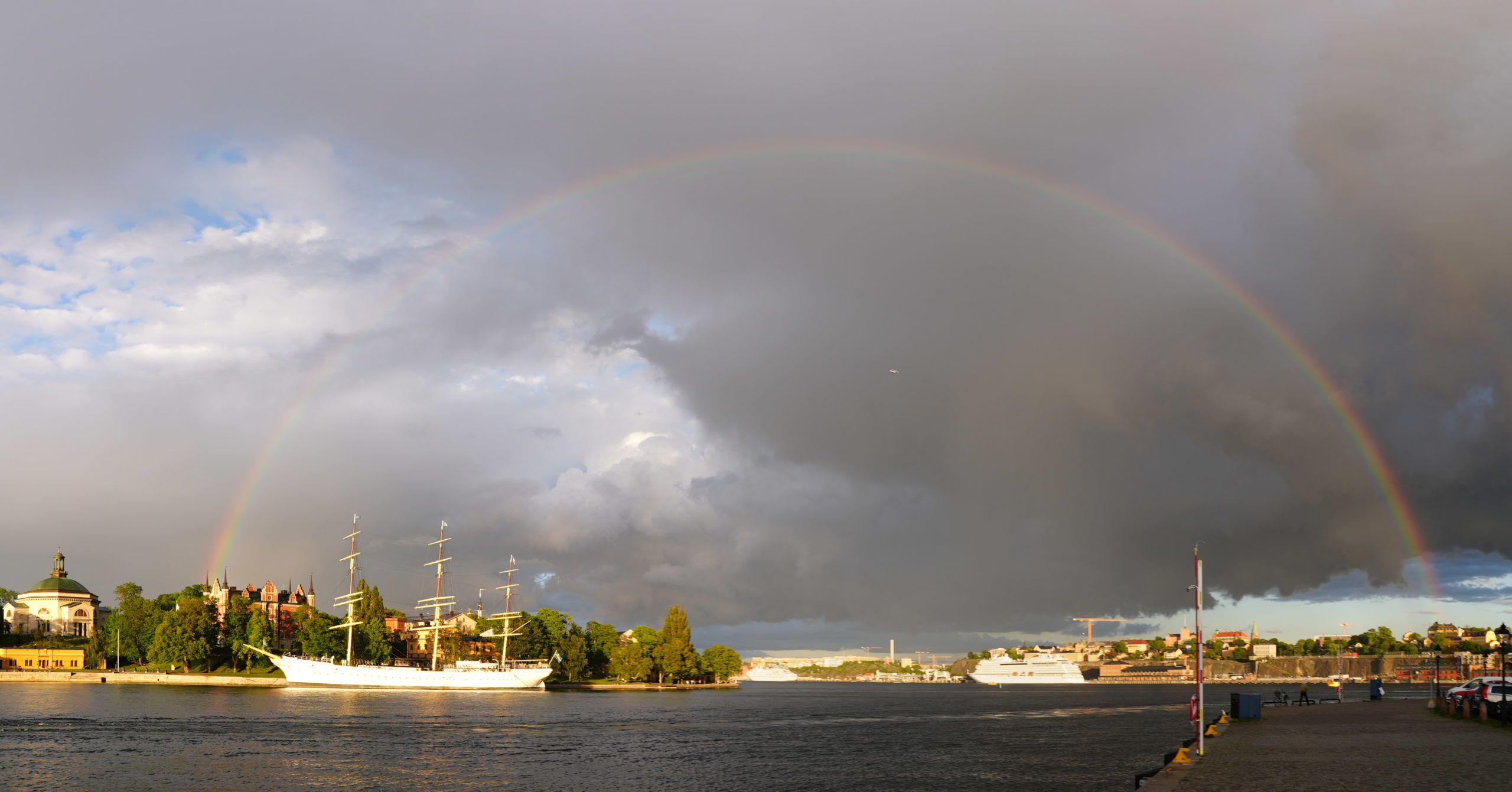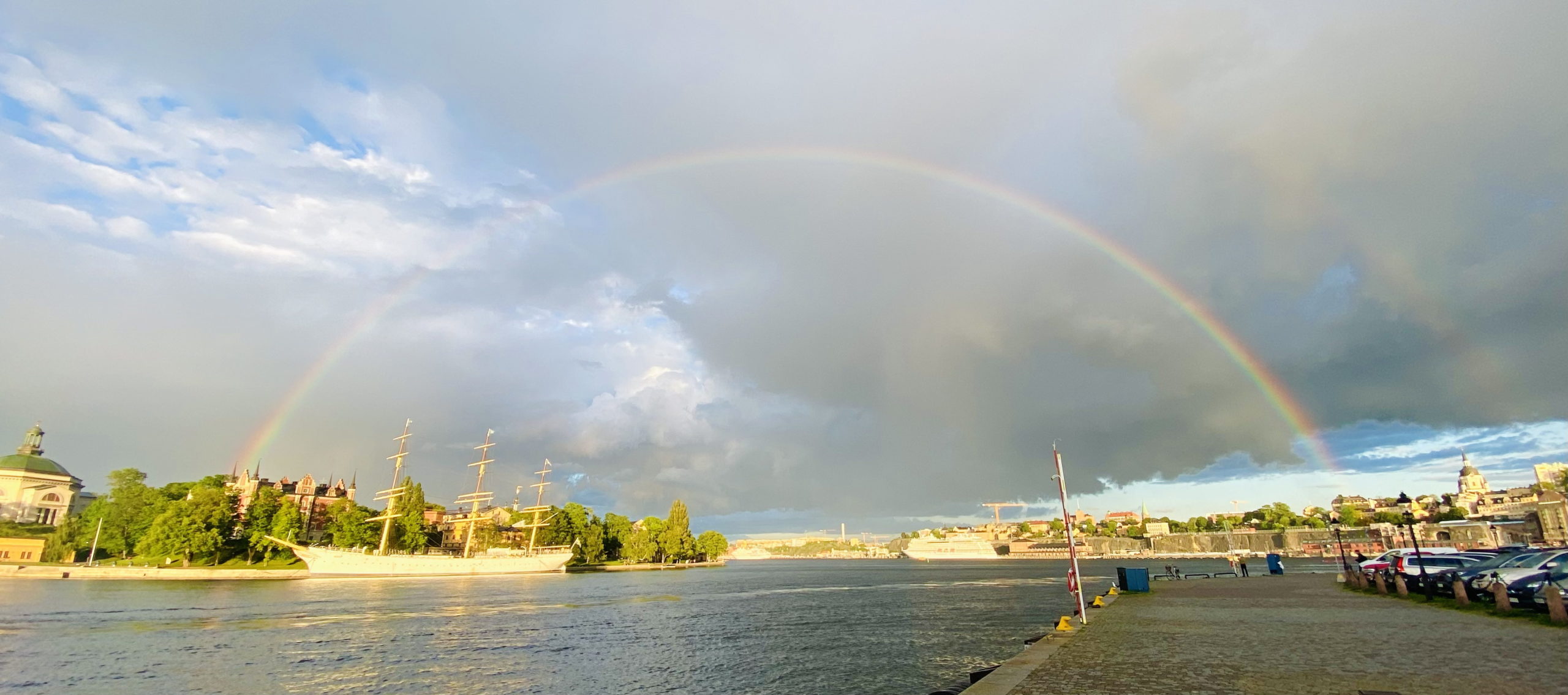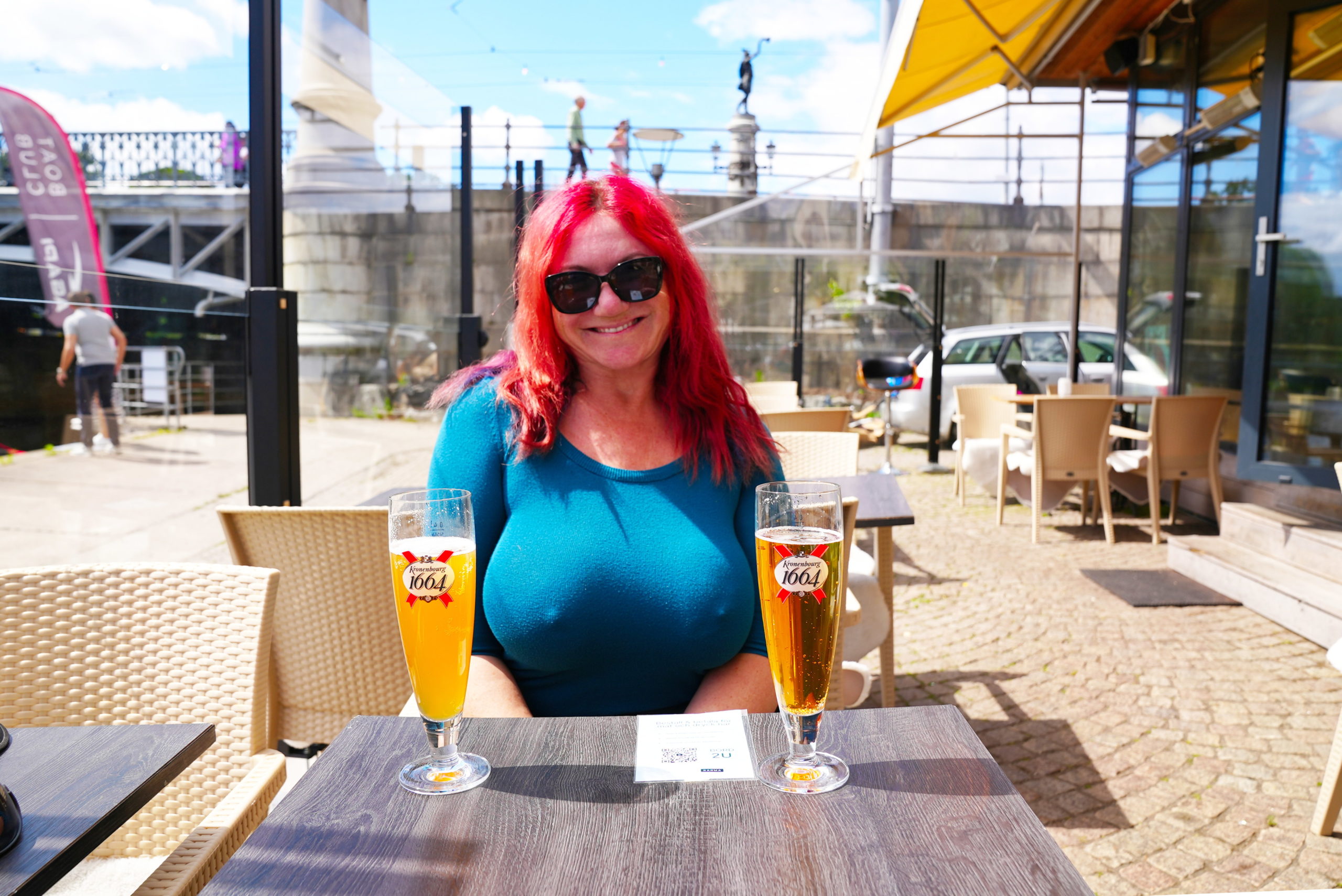After the Ice Age, around 8000 BC, there were already many people living in what is today the Stockholm area, but as temperatures dropped, inhabitants moved south. Thousands of years later, as the ground thawed, the climate became tolerable and the lands became fertile, people began to migrate back to the North. At the intersection of the Baltic Sea and lake Mälaren is an archipelago site where the Old Town of Stockholm was first built from about 1000 CE by Vikings. They had a positive trade impact on the area because of the trade routes they created.
That sounds pretty cool. So, let’s go there!
A couple items of interest to point out about Stockholm: (1) Stockholm is mainly used in the sense of the buildings within the municipality of Stockholm (the city of Stockholm). The name is also used for the urban area and an even larger area called Greater Stockholm; (2) In the easternmost part of Stockholm begins the vast area of over 30,000 islands known as the Stockholm Archipelago, one of the world’s most island-rich, contiguous archipelagos.
The first places we will explore are the waters of this city.
Early in the morning, before normal people are awake, the view across waters to Nordiska museet shows placid waters.
Later in the day, the same waters are choppy. Don’t ask me why; it’s not as if a storm is happening. But there it is. Note the two paddle boarders. Yes, Swedes know how to do that, despite living where it gets very, very cold.
Framed by ominous-looking Soviet style buildings, sail boaters sail boats. This area is not very wide, and they spend a lot of time tacking.
The waters also host small paddle boats and canoes. If you look closely, you will see that the canoers are not holding their paddles correctly.
And what better way to start a marriage than to balance precariously on the front of a boat?
Cruise ships are anathema to us. We don’t dislike the people, nor the money they bring when the ship docks. However, we travel to discover the local culture, and cruise ships do not allow that. But, yes, they are here.
These are little different. Cram in as many people as you can, then motor up and down the waterways. You are not going to see many sights that way, but I suppose it is a good way to kill an afternoon.
The tour boats come in all shapes and sizes, depending if you prefer to be crammed in with dozens of people or with hundreds of people.
I’m not sure if this is a tour boat, but it should be. It has character and is what you’d expect if you were sailing the waters of Stockholm.
The HMS af Chapman (formerly Dunboyne (1888–1915) and G.D. Kennedy (−1923), is a full-rigged steel ship moored on the western shore of the islet Skeppsholmen in central Stockholm, Sweden. It serves as a youth hostel with 285 beds. During 2008 the ship underwent a comprehensive restoration. While the ship was being worked on in a drydock, the adjacent youth hostel Skeppsholmen remained open. Usually, the af Chapman and Skeppsholmen – not to be confused with the islet of the same name, on which both are situated – are run as a single hostel, with the af Chapman offering accommodation and Skeppsholmen housing the reception, a kitchen for guests, and other facilities.
The ship is docked on the shore next to the Admiralty House. Yeah, we’ve stayed in youth hostels before; none of them were this cool.
Those are some big fish the fishermen are holding. Interestingly, the Swedes tell us that the best salmon comes from Norway.
A few more photographs of water, cuz that’s what Stockholm is about.
They construct their old-style building to have a false front. Kind of like a push-up bra: it looks nice in front, but it’s really sloppy and bumpy, with windows. Well, maybe a push-up bra isn’t the correct metaphor, but you get it.
There are a lot of other architectural examples in this city, but none as deceiving as the old-style buildings.
Okay, let’s get back to the water, shall we, buoys?
Wayfinder
Stockholm hosts a number of artists who create temporary works. This is one of them. And, fortunately, they have placards explaining what it means, so I can share that information with you.
The buoys are part of Summer Exhibition Stockholm konst, shown in connection with the Stockholm traffic administration office’s investment in summer pedestrian streets, summers squares, and summer popups.
It is called Wayfinding; Wayfinding encompasses all the ways in which humans and animals orient themselves in the physical space and navigate from place to place.
Seventy white buoys create the art. The artist adds another layer to the water surface, like traces of the earth’s longitude and latitude.
The artist examines how the system of buoys changes shape depending on viewpoint. Notice the ducks on the left; they are not part of the artwork.
As above, the swans are not part of the artwork.
It looks a lot nicer when there is sunshine.
Uglycute
This is yet another temporary work hosted by Stockholm which, fortunately, also has a placard explaining what it means, so I can share that information with you.
Uglycute has, in collaboration with the KTH Royal Institute of Technology’s architecture students 2022, created an open square on the square.
A large wooden structure with seat sculptures around an open space.
They examine the importance of emptiness for urban planning.
The inverted monument – fragments and twisted by the traffic administration office.
They want to open up for the city’s citizens to take possession of the place and create activity and meaning themselves.
The whole corresponds in scale to the existing statue of Gustav II Adolf.
The artwork is part of Summer Exhibition Stockholm konst, shown in connection with the Stockholm traffic administration office’s investment in summer pedestrian streets, summers squares, and summer popups.
here
Statues
As with any place with a lot of money to spare, Stockholm has statues.
This is Sången by Carl Eldh. If you look at the wikipedia entry in English, it states, “The nakedness of the statues initially caused strong protests,” but does not cite a source, The Swedish version of the entry says no such thing. Me thinks the English wikipedia author has his own problems…
This is Eldh’s tribute to August Strindberg, thoughtfully titled “Strindberg”. It represents Authors, because Strindberg was, in part, an author.
Representing the Greek God Apollo, Solsångaren, with only a birded helmet to keep himself warm, greets the sun.
This statue, called “Lejonet mellan fyra krukor” by Stockholmers, represents Karl XII pointing to Russia, for some reason. Apparently, he once said, “I have resolved never to start an unjust war but never to end a legitimate one except by defeating my enemies”. Wars consumed more than half his life and nearly all his reign; he never married and fathered no children. Coincidence? I don’t think so.
The little-known sculptor John Börjeson pays tribute to the better-known inventor John Ericsson, who worked on propellers, trains, and other cool stuff.
This is a solbåten by Christian Berg. It varies slightly from the original solar barques, but at least he tried.
Okay, enough of that. Let’s look at nature and stuff.
Critters
There are many fish in Stockholm, but we do not see any. Nor do we see any mammals, save for a few horses and dogs. But we do see a few birds.
The wikipedia entry on Barnacle Geese is full of interesting and useless information. For example, “…Bishops and religious men (viri religiosi) in some parts of Ireland do not scruple to dine off these birds at the time of fasting, because they are not flesh nor born of flesh… But in so doing they are led into sin. For if anyone were to eat of the leg of our first parent (Adam) although he was not born of flesh, that person could not be adjudged innocent of eating meat.”
This fellow is a Mute swan, which, in classical literature, was said to sing beautifully upon death—hence the expression “swan song“. Also, in Greek mythology, the story of Leda and the Swan recounts that Helen of Troy was conceived in a union of Zeus disguised as a swan and Leda, Queen of Sparta. Now you might think, “Dude, how?”, but remember, male swans are among the few birds that have penises, so it’s at least physically possible; however, the mechanics of the actual union escape me.
We expected to be overrun with mosquitoes while in Scandinavia, but, in fact, we rarely encounter any bugs at all. These bugs (I don’t know the species; they might be midges) are clustered in one small area of a park, and do not interact with us at all.
Scenery
There is more to see in Stockholm than water, buildings, and animals.
We don’t know what species this tree is, but we do appreciate how it is incorporated into the outdoor lifestyle of the Stockholmians. They do a lot with the few, fleeting days of summer.
Besides the blue sky, notice the blue train in the lower left. Notice, too, the blue-grey modular office buildings on the right. We don’t know where the entrance is to each those offices; maybe you have to go through each one to get to the next one…?
It’s almost 9:00pm, and the sun is close to setting.
The view over the water. Nice, eh?
And one more, because we like the sun. It also reminds us that the sun is yellow, and casts a yellow light on the planet that we rarely notice.
Light is funny, isn’t it. When you go outside in the daytime, it’s everywhere, but you can’t see it until it reflects off something. Only then, when you perceive some object, do you “see” light.
Continuing with our yellow motif, we present what looks like molten clouds.
We imagine, when we humans finally do something really wacky and ignite the atmosphere, something like this will be our last view before we vaporize. But, I wax poetic.
Accommodations
While in Stockholm, we stay at two hotels.
The first hotel is the Hôtel Reisen. “The hotel is set directly on Stockholm’s scenic waterfront and uses the historic Old Town as its picturesque and telling backdrop. The building’s foundation dates back to 1617 — a time when Gustavus Adolphus the Great was the King of Sweden and the world had just invented telescopes and steam turbines.”
We selected this hotel because it is in the Gamla stan (more on this in a future article) and because it has large rooms (by Scandinavian standards). Also, it has a sauna in the room.
One thing we enjoy about Scandinavia is that the food tends to be rich, so they (normally) don’t have to provide Texas-style portions. Rather, you are encouraged to enjoy each taste.
We order a meal with soup, and the waiter serves a bowl with only a meatball. I remark, “Wow, that’s really thin soup.” With a smile, he fills the bowl from a pitcher.
It would have been more fun if those were little minnows swimming in the soup.
I order pig snout, and this is what they bring. Yummy.
Just kidding. It wasn’t yummy. 🙂
Yes, we also eat salmon, which I can describe as goddam good.
Here’s to fine dining at the Hôtel Reisen!
This photograph hangs on the wall of the hotel. It appears to be conjoined twins. Why this is in our hotel is unclear.
The other hotel we stay at is the Radisson Collection Strand Hotel. “Wedged between Stockholm’s vibrant waterways and city center, the Radisson Collection Strand Hotel exudes a richness in culture and history. With a long heritage since 1912, this iconic hotel is a legendary venue that continues to inspire and entertain. The Radisson Collection Strand Hotel was cherished by legendary Swedish actresses Greta Garbo and Ingrid Bergman, in part because of the stunning views from our suites overlooking the cultural center of Stockholm and the Royal Dramatic Theater.”
Also, “To deliver a safer and smoother service, we are happy to announce we are a cash-free hotel.” Ha ha, maid. No tips for you!
In fact, this is the largest hotel room we stay in for our entire trip. We take this photograph before we unpack our luggage because, like all the other hotels we stay at, there is almost no closet space and suitcases tend to be stacked on furniture. But, when in Stockholm, do as the Stockholmers do.
Poses by the Water
Alrighty, time for some pictures of us on our vacation. 😀
This photograph is taken the old-fashioned way: we ask to stranger to take it. And, no, my hand is not doing what you think it is.
Or is it….?
Here we are photographing the photographer.
Or are we? I mean, that could be anyone, right?
We use a make-shift selfie stick (i.e., an arm) to get a sunset photograph of us in Stockholm.
It’s not always cool in Stockholm in summer. Every once in awhile, the sun warms the day and we can take off our sweater and get a little color.
We find a good spot to have an impromptu photoshoot.
We get photobombed by some girls, but we don’t mind because, well, girls.
I am posing by the water, with a background of dark clouds, a bright center, and hints of color near the horizon, when a rainbow starts to materialize (if “materialize” is the right word for something illusory).
On the left, it appears the rainbow is illuminating the building. A bird flies under the arch.
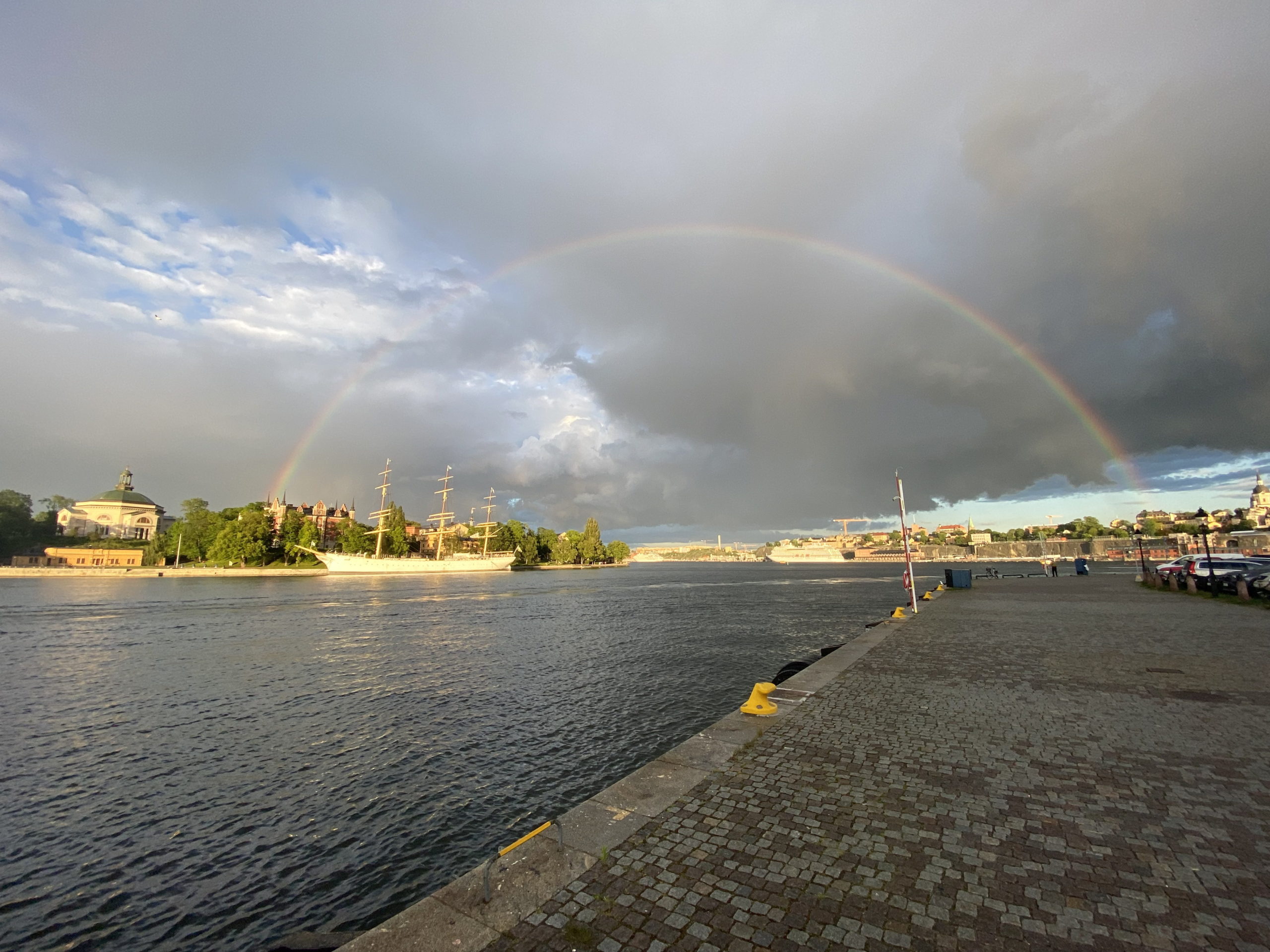
Somewhere over the rainbow, skies are blue, and the dreams that you dare to dream really do come true.
Despite Stockholm having about one million residents, we seem to be the only people enjoying this rainbow.
A second rainbow appears over the first. I wonder if there can be three or more rainbows in one place, or is two the limit.
Also, these photographs are stitched together to make a panorama; hence, the distortion near the edges.
So ends our first of five articles of our adventures in Stockholm. Stay tuned next time when we visit Gamla stan!

